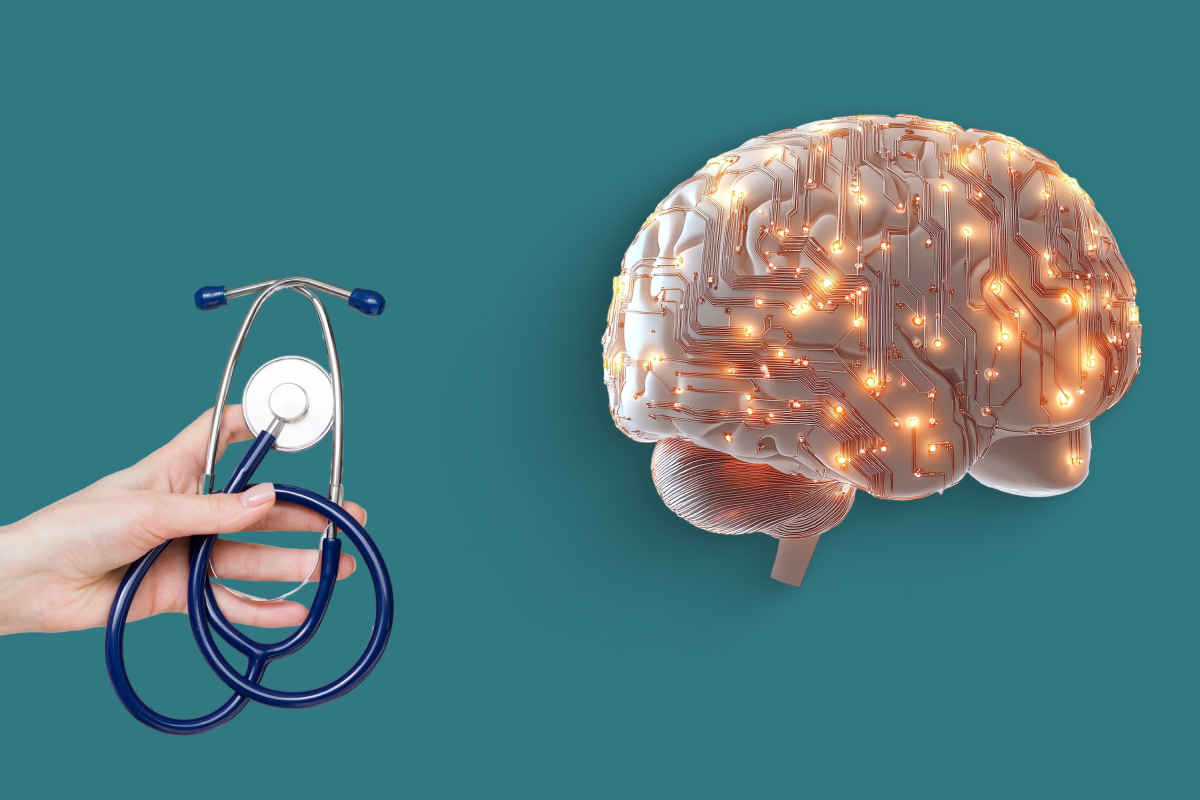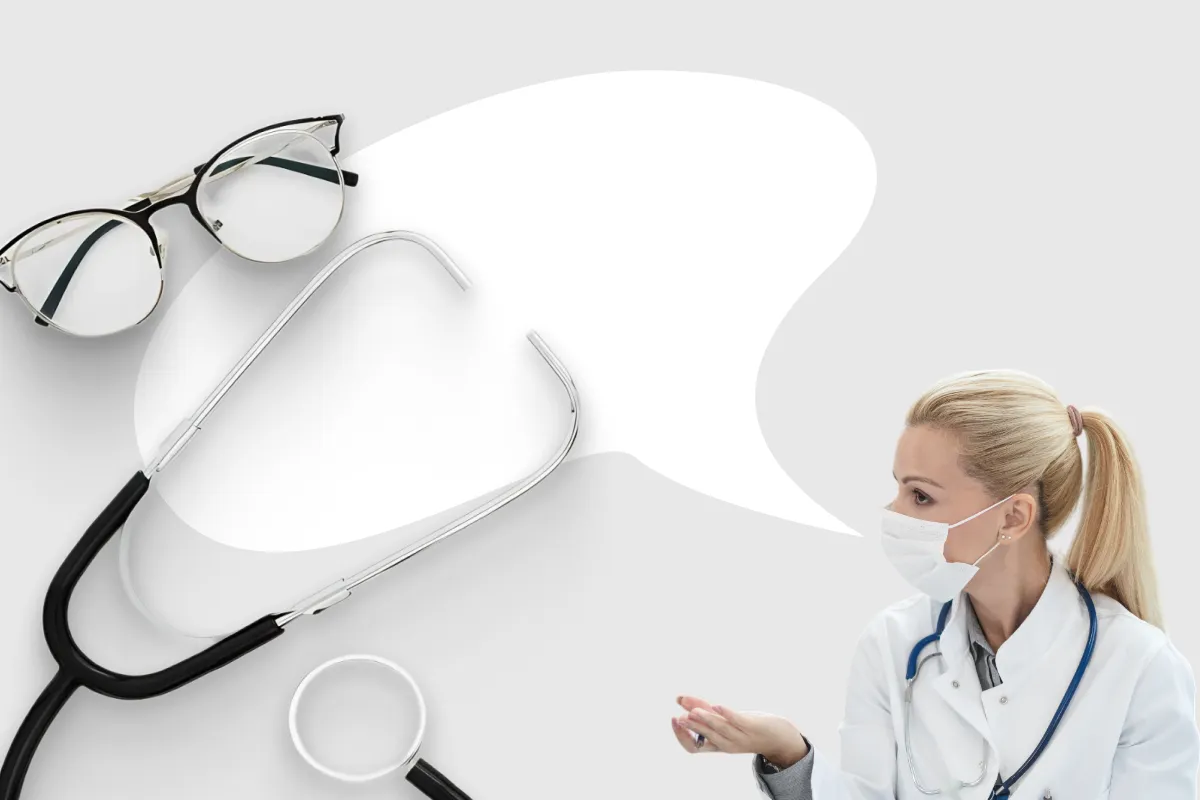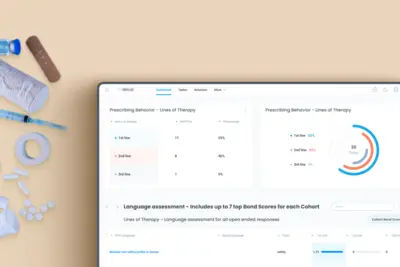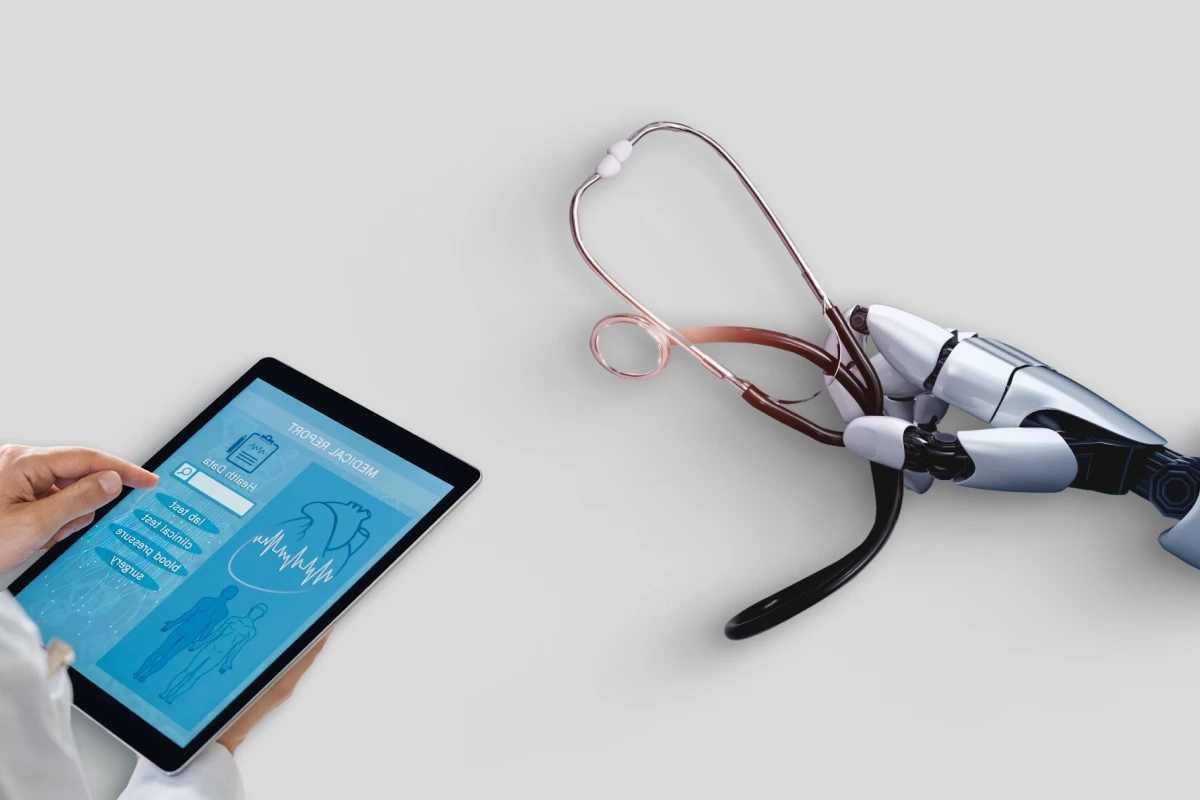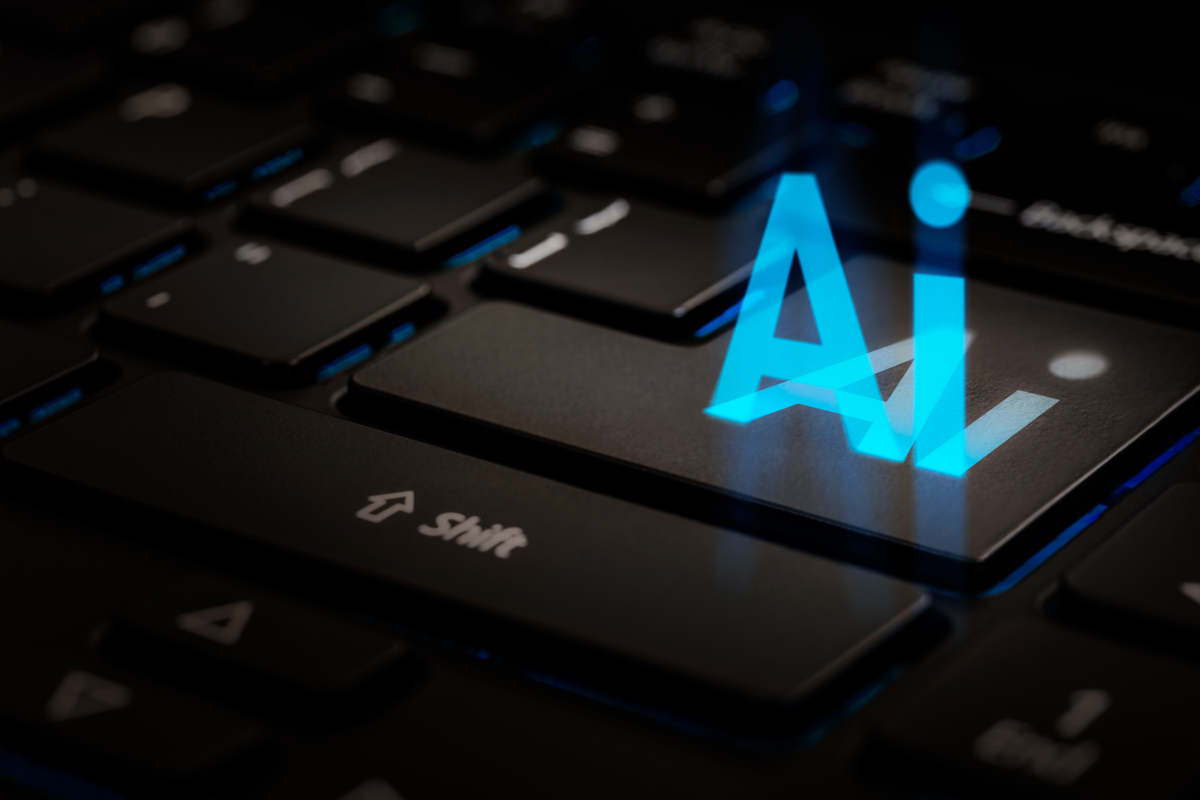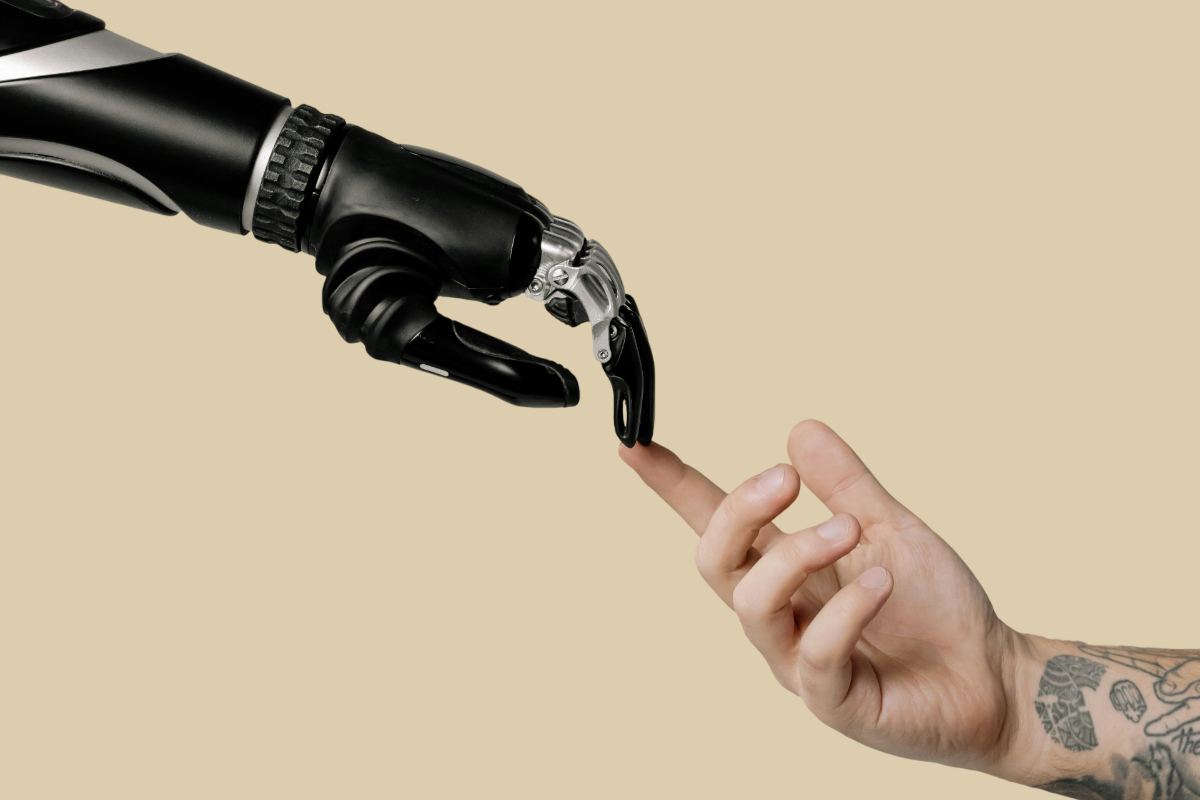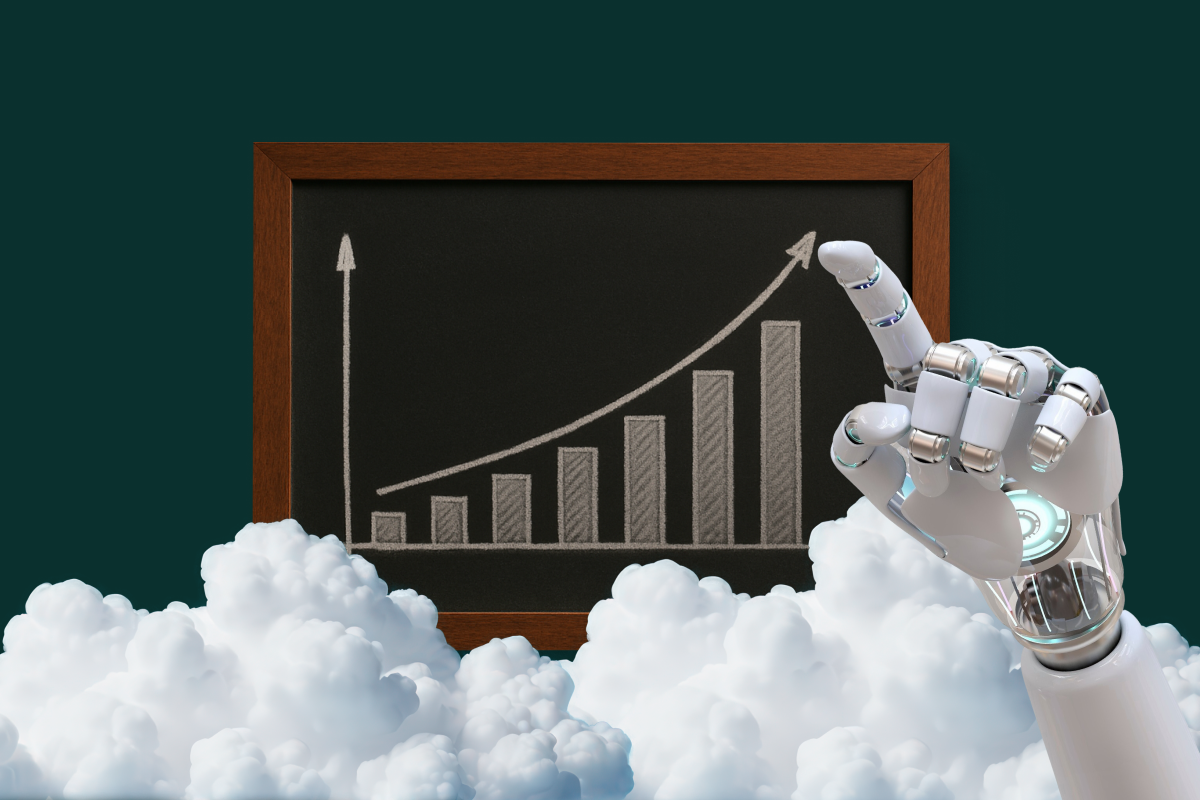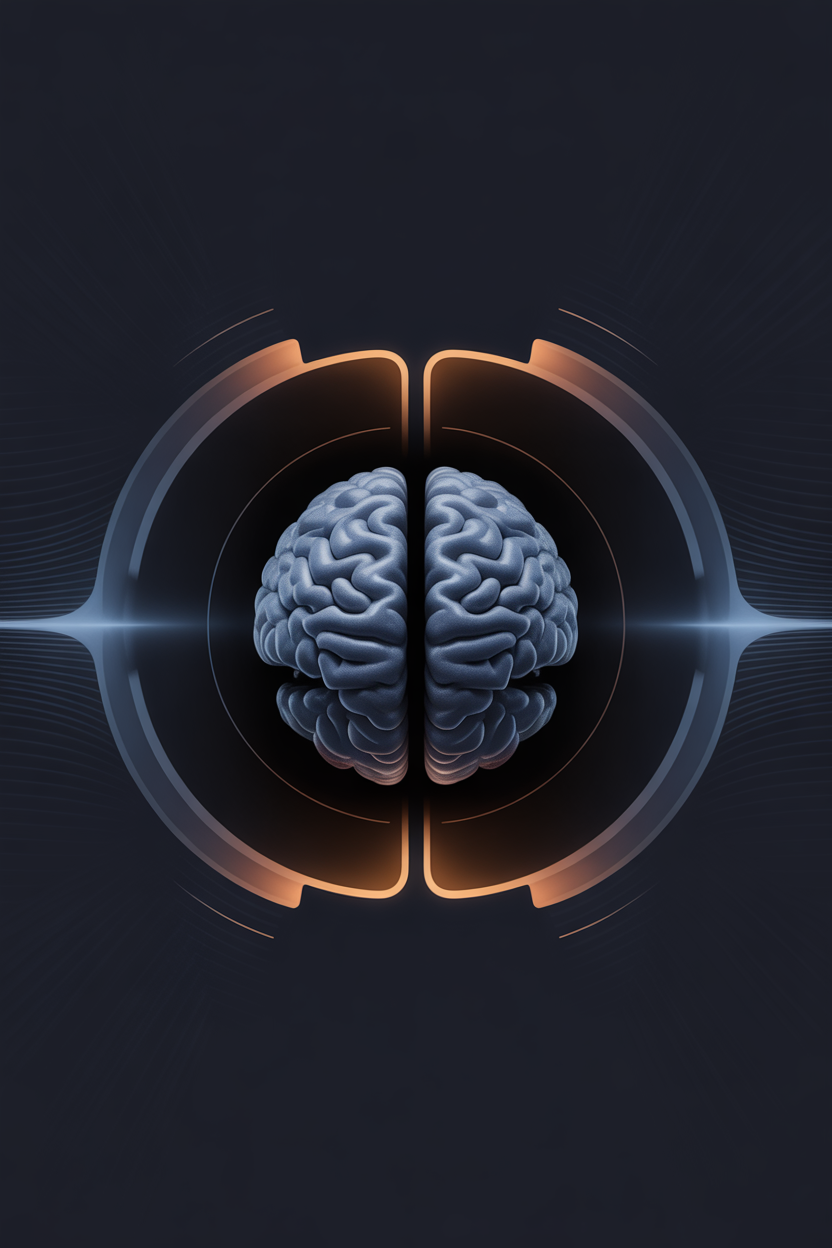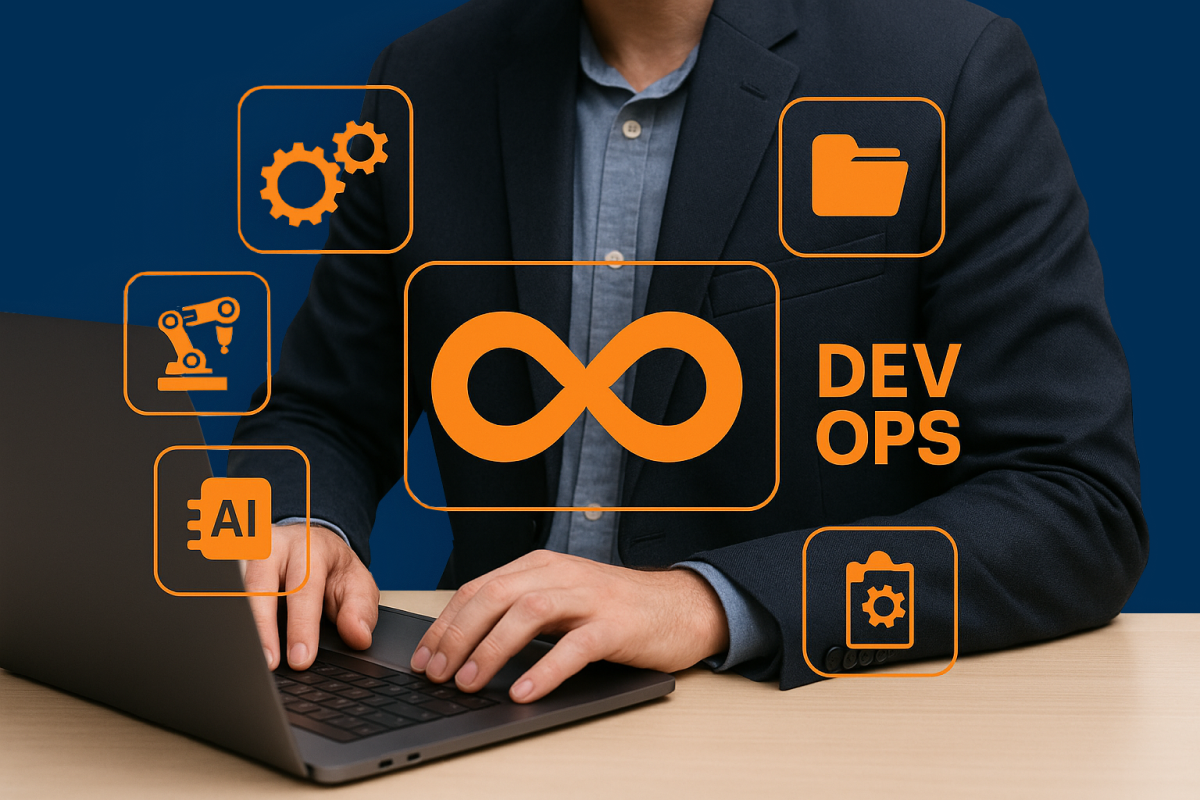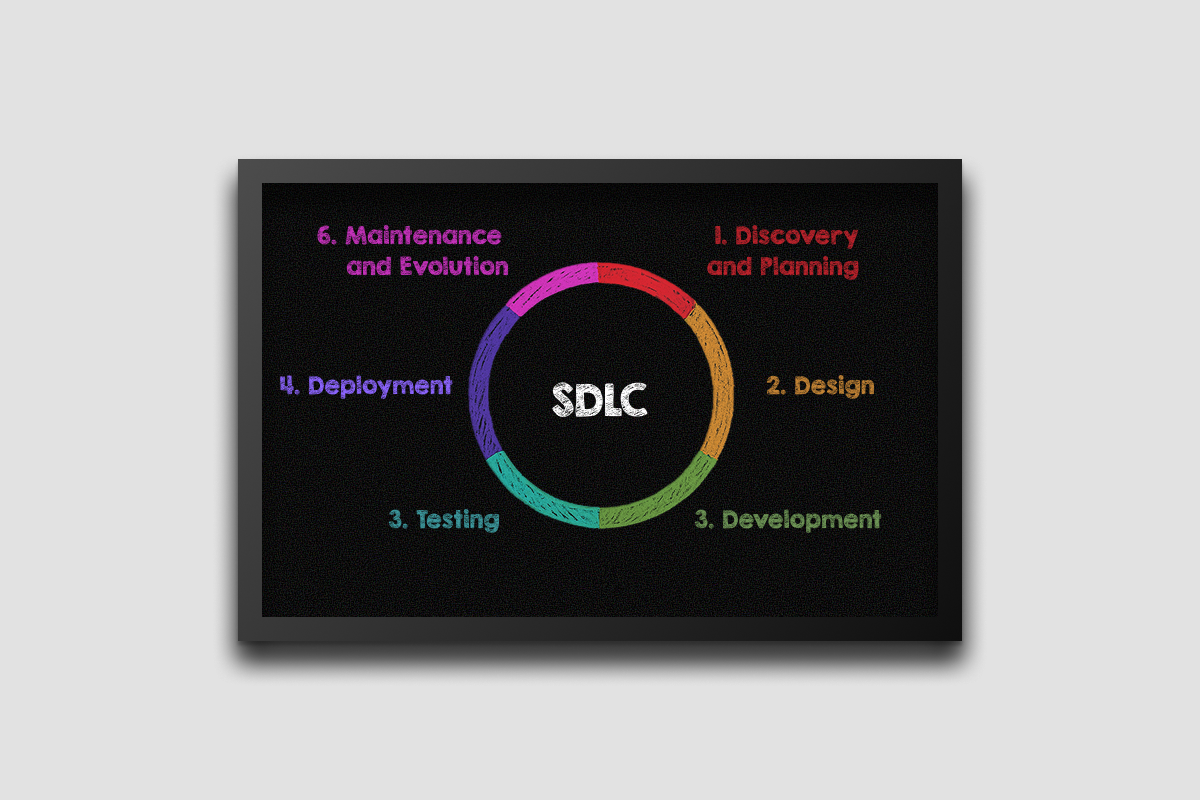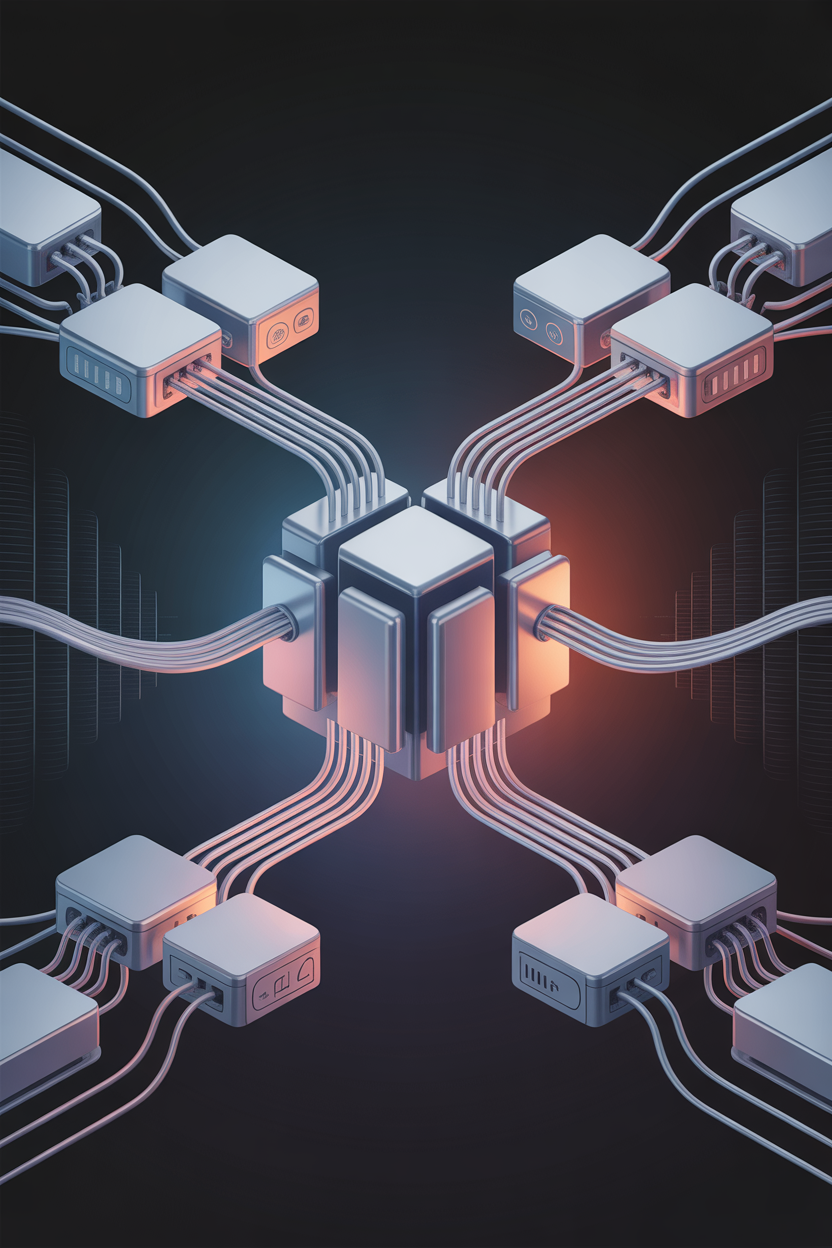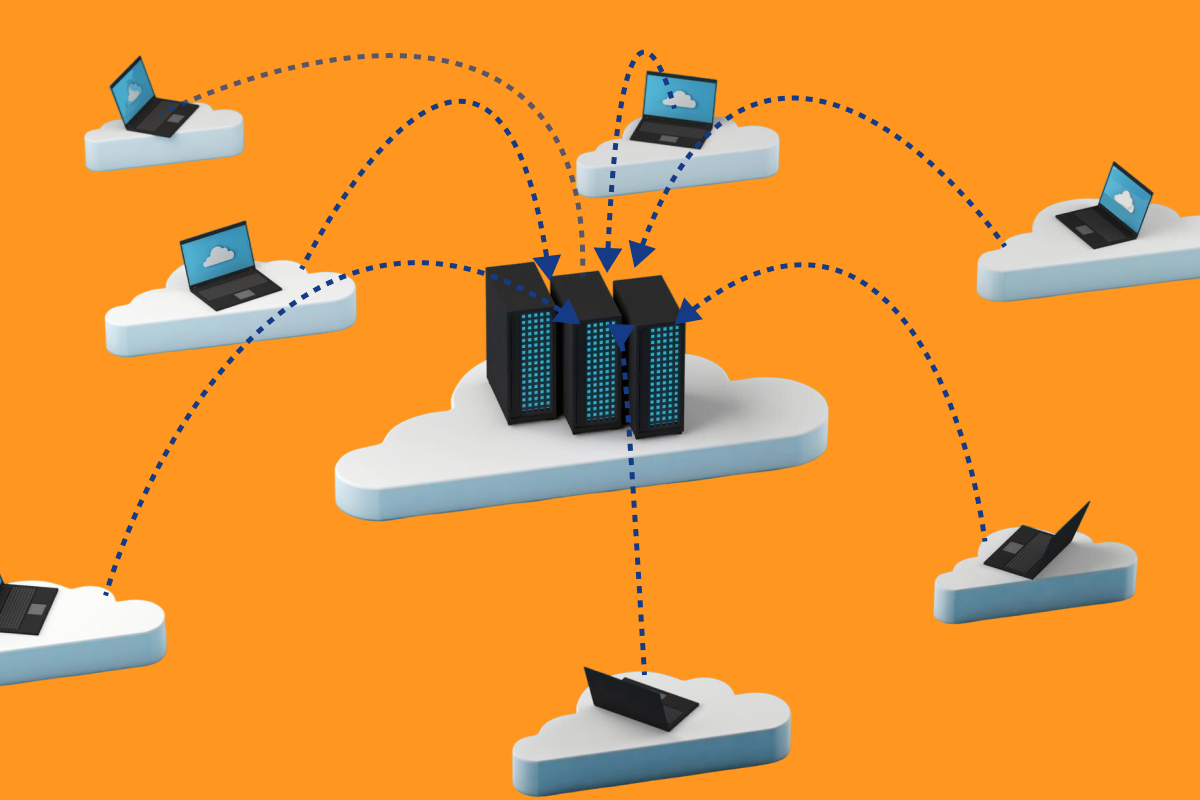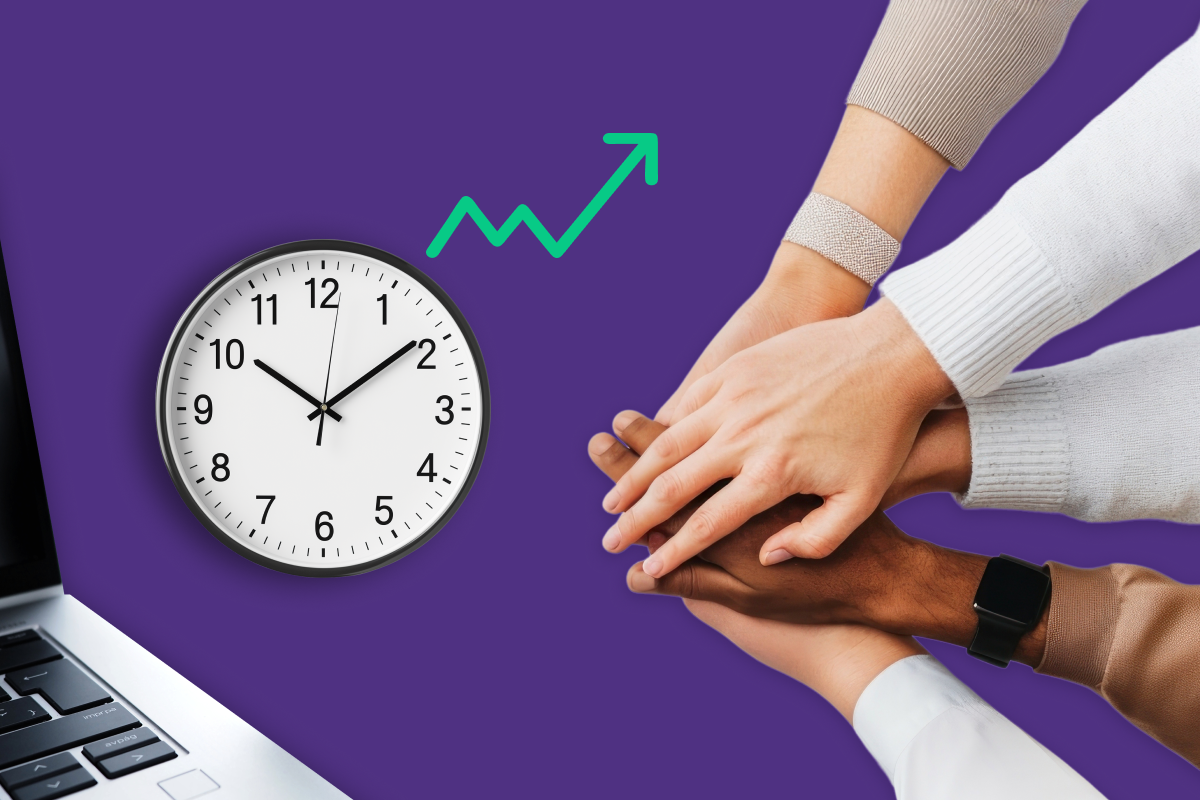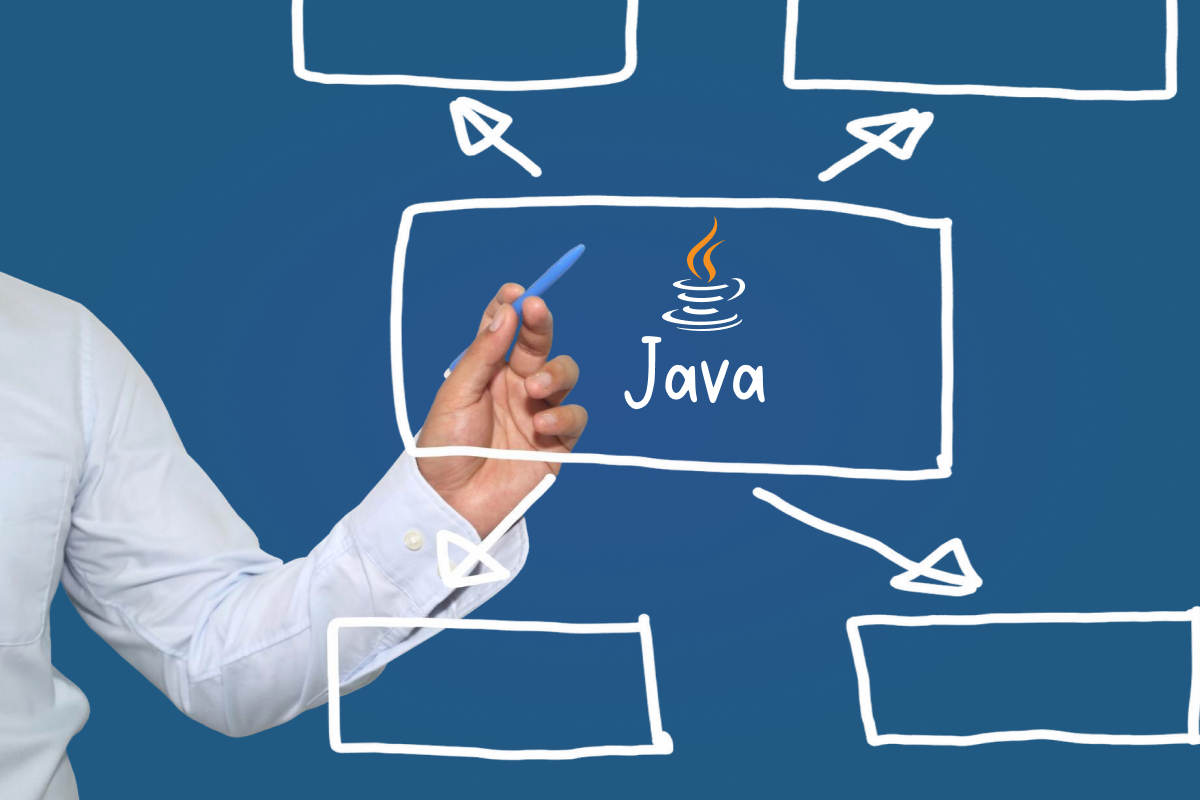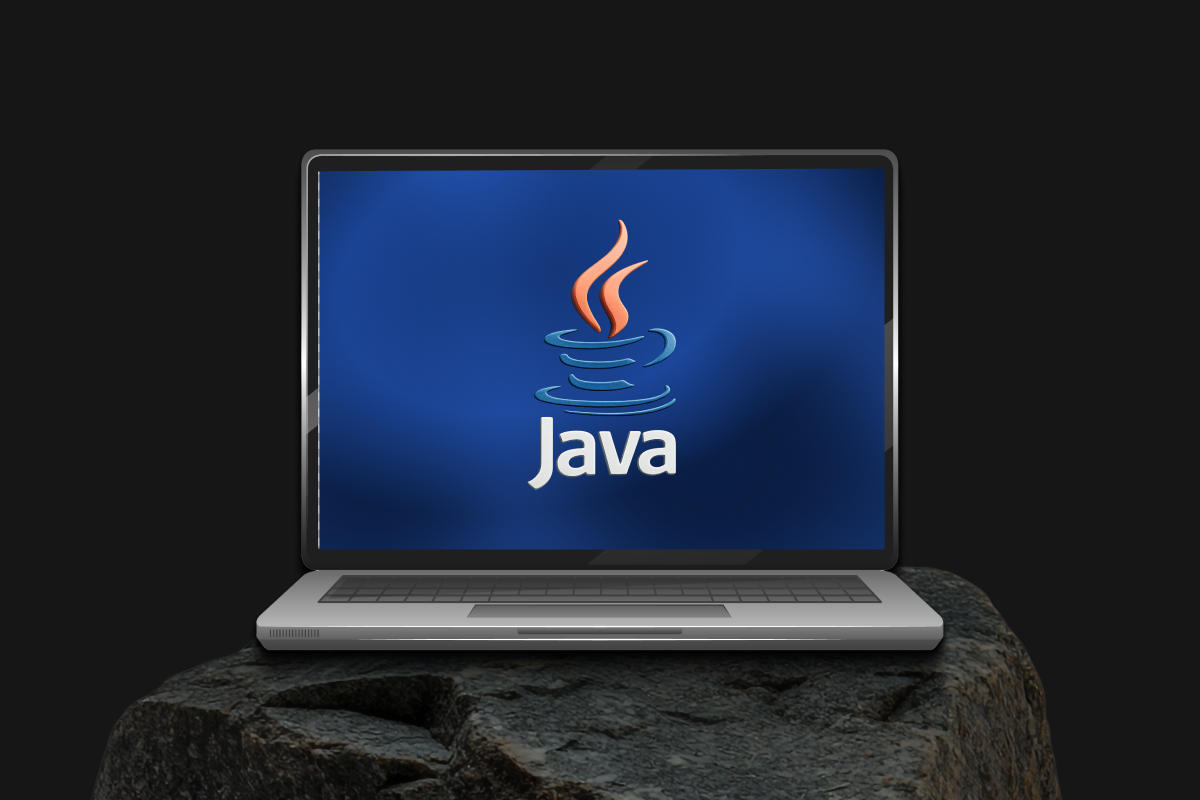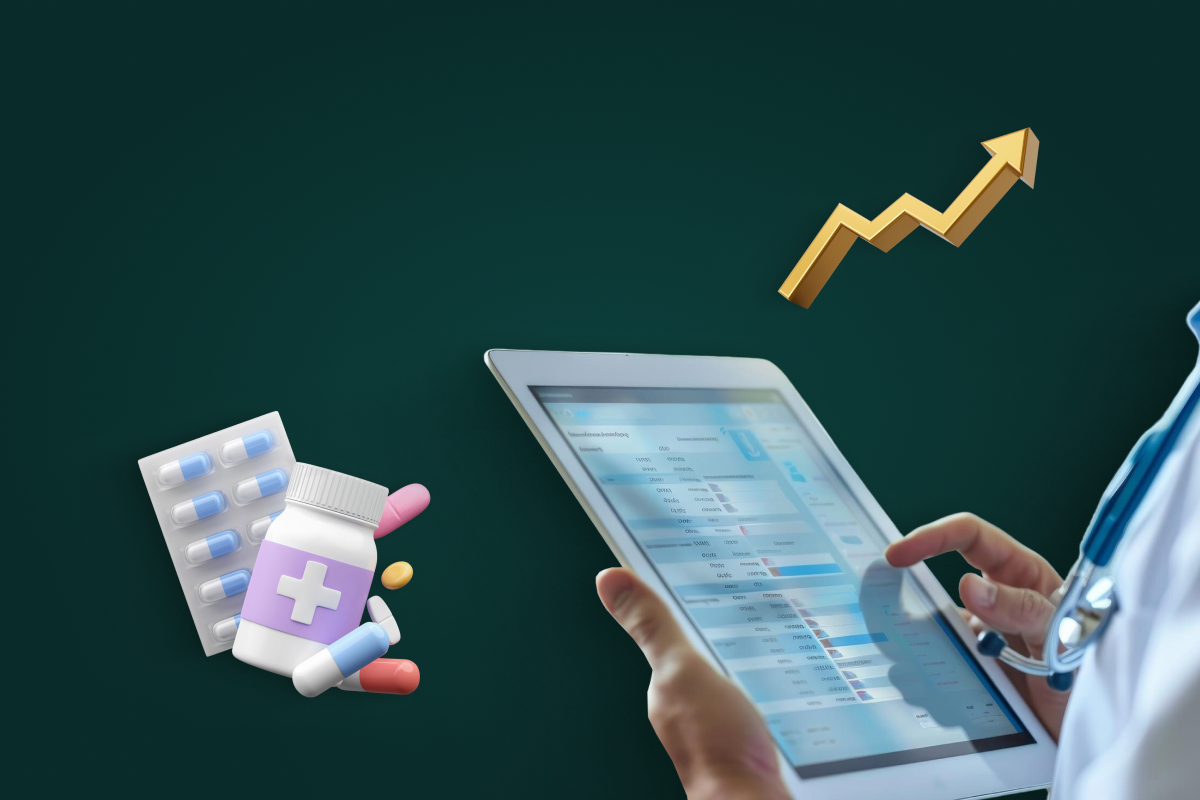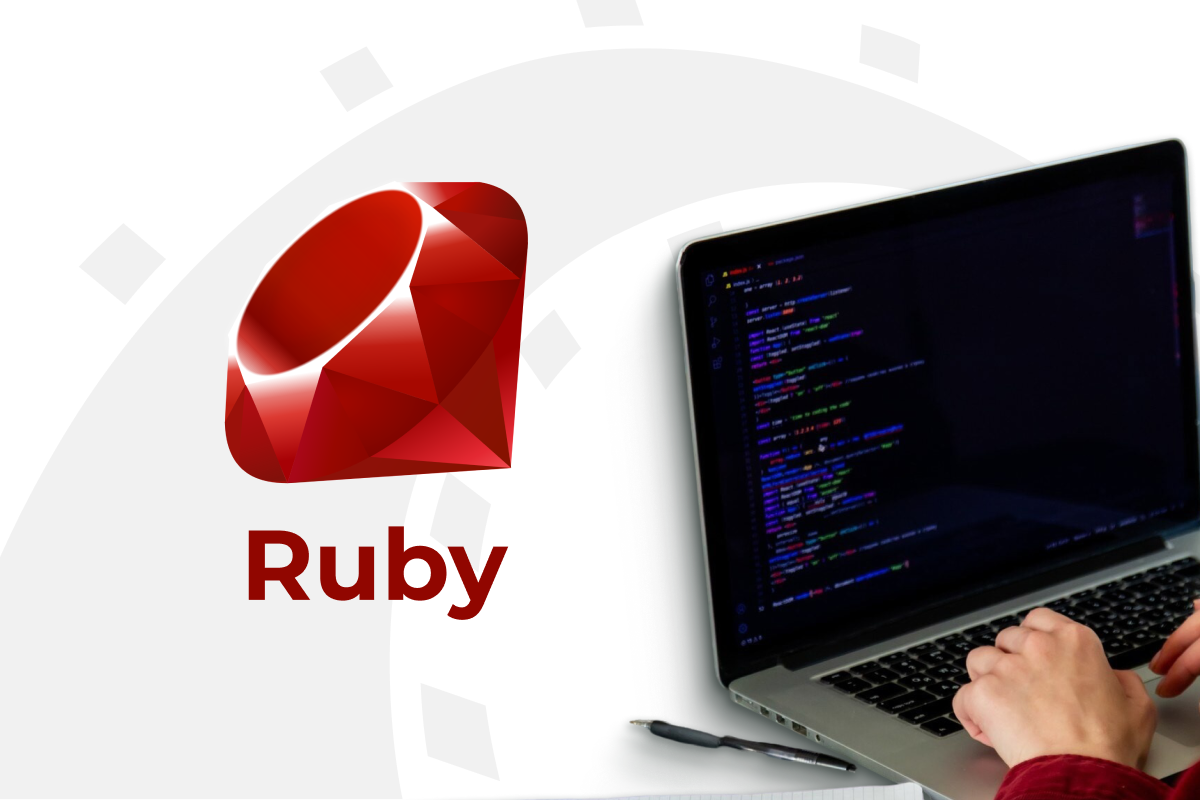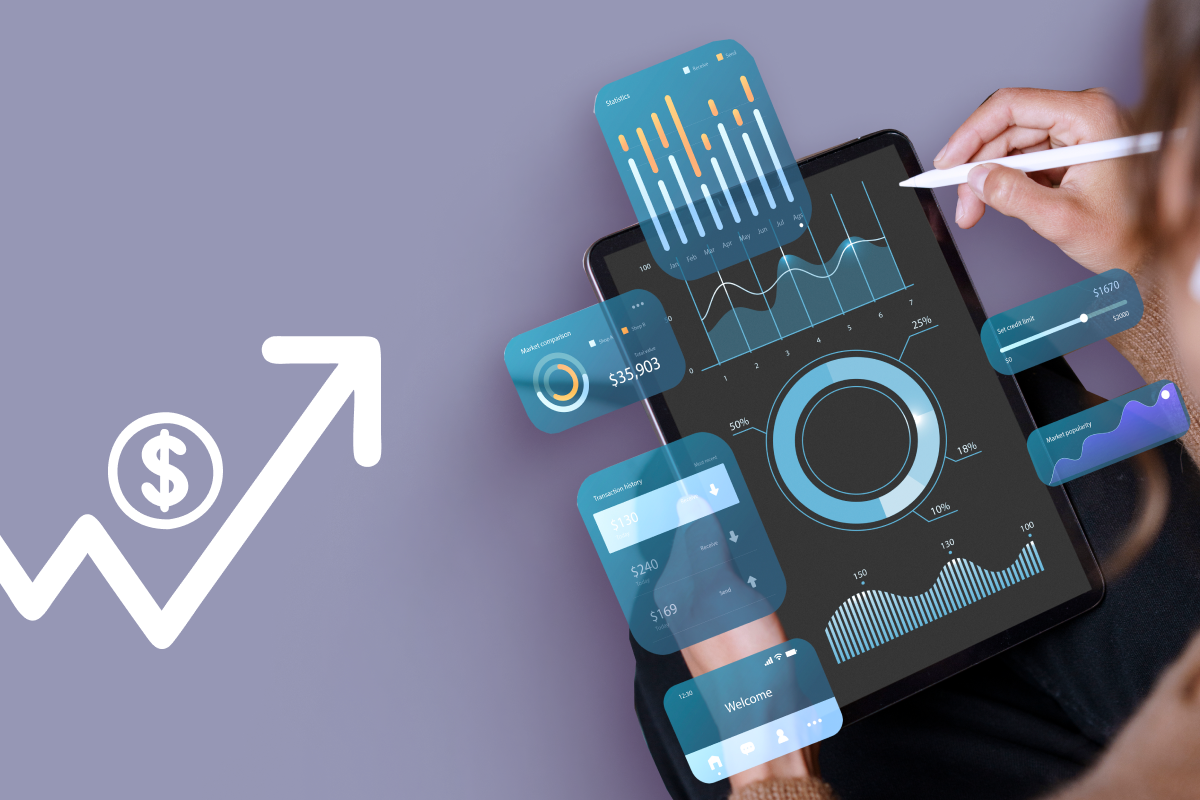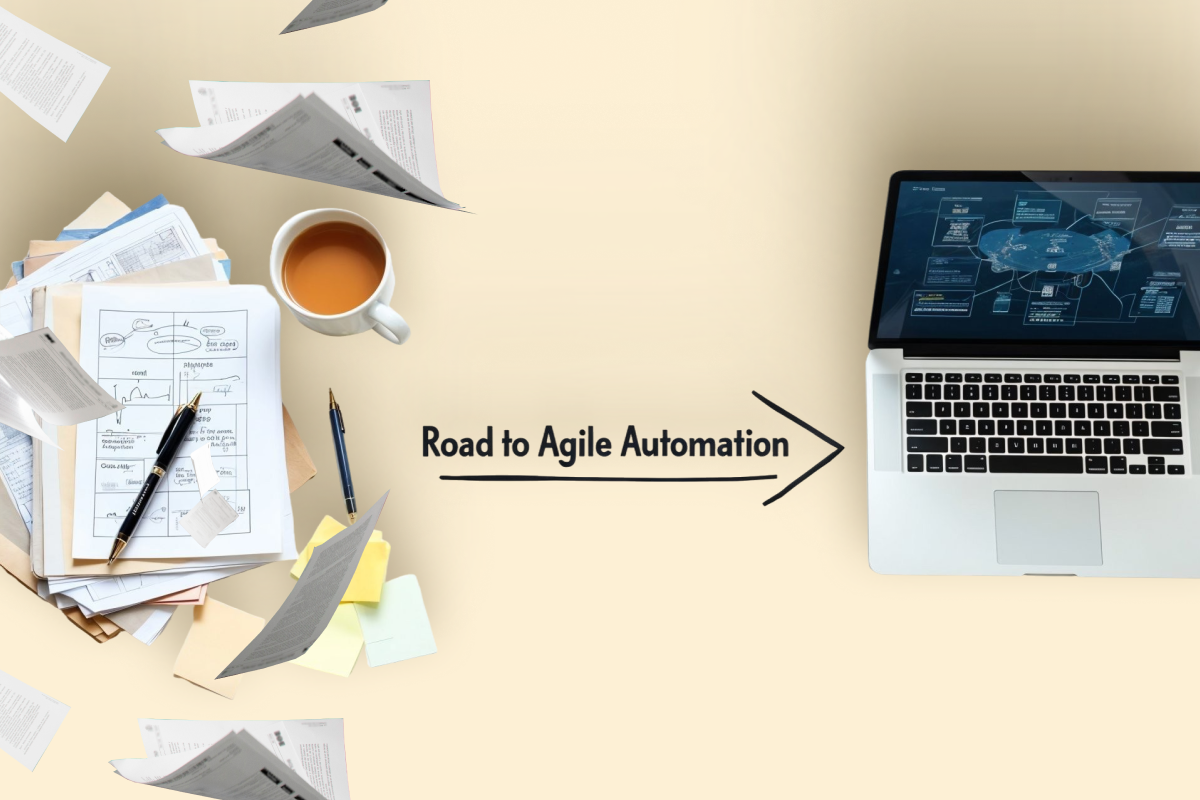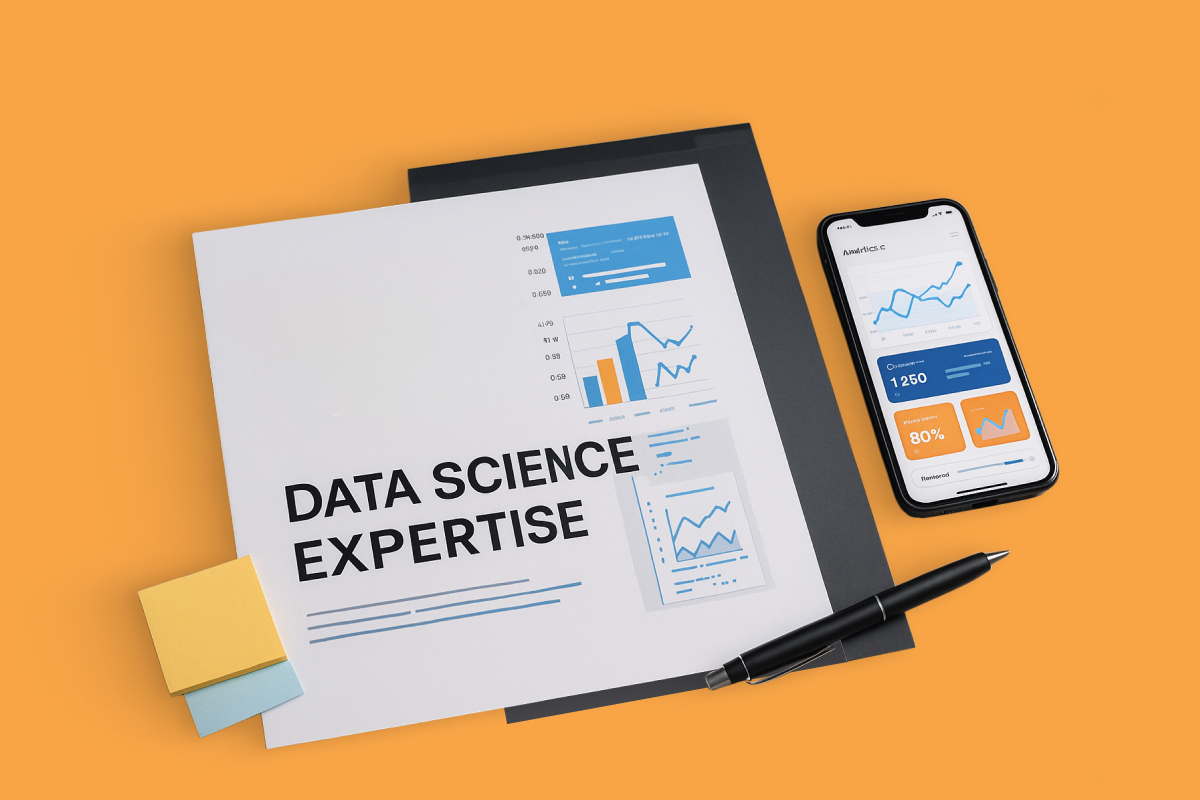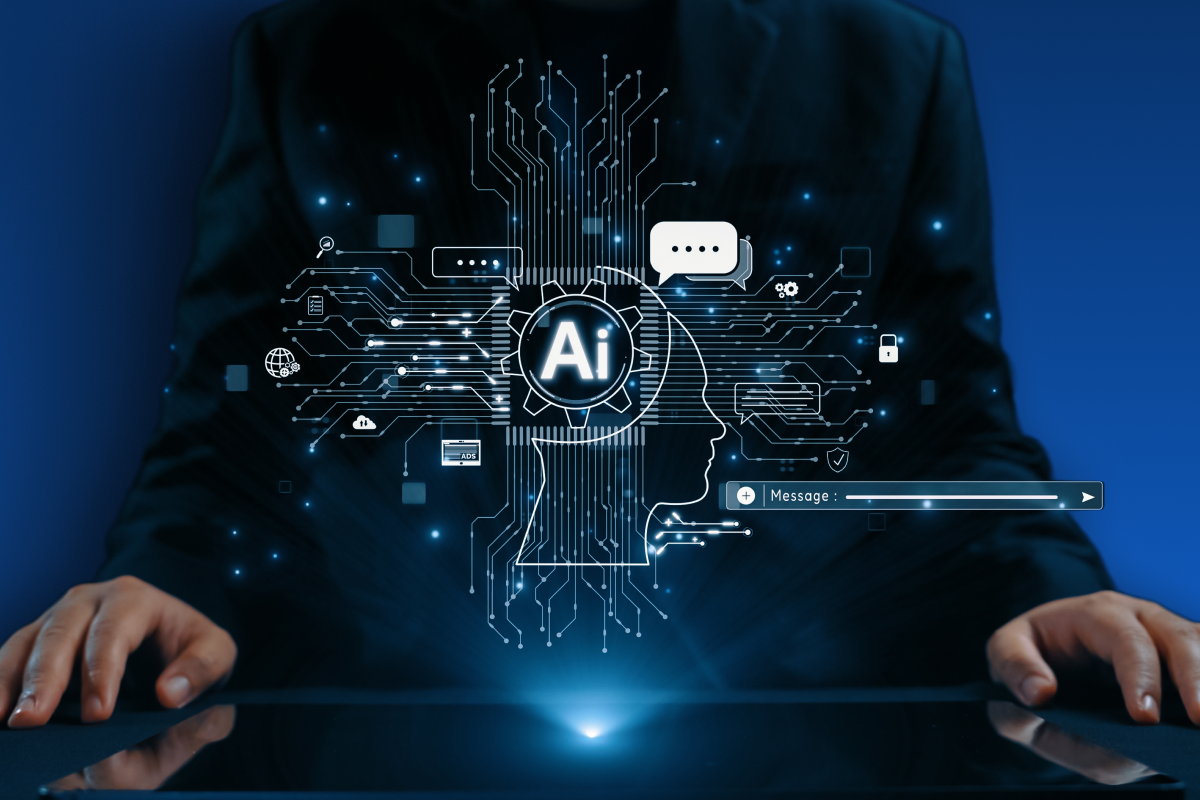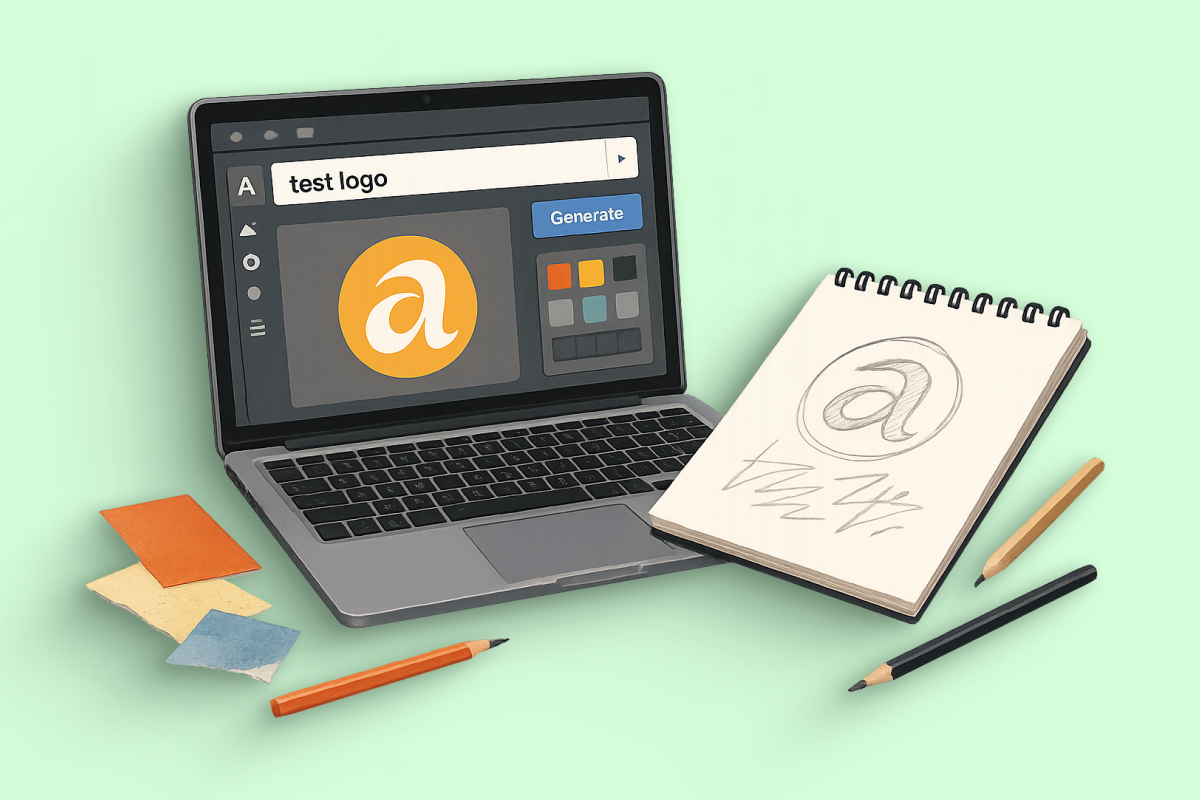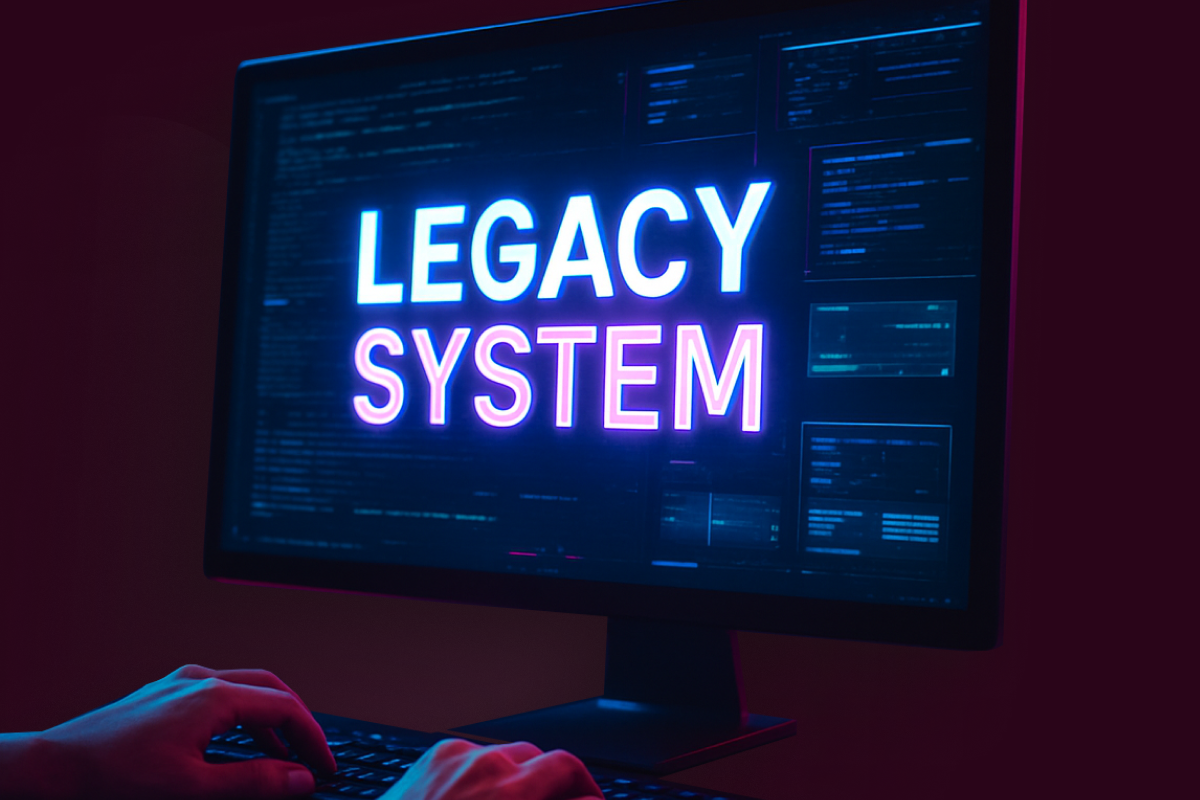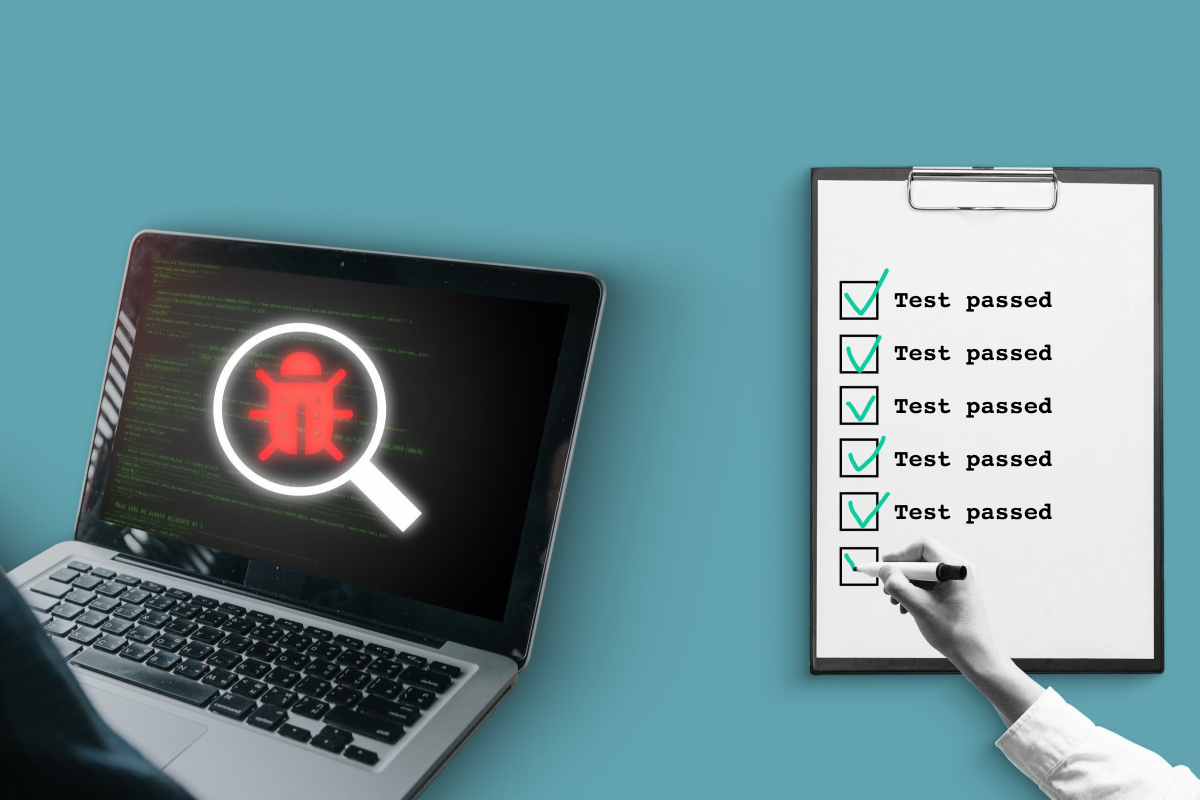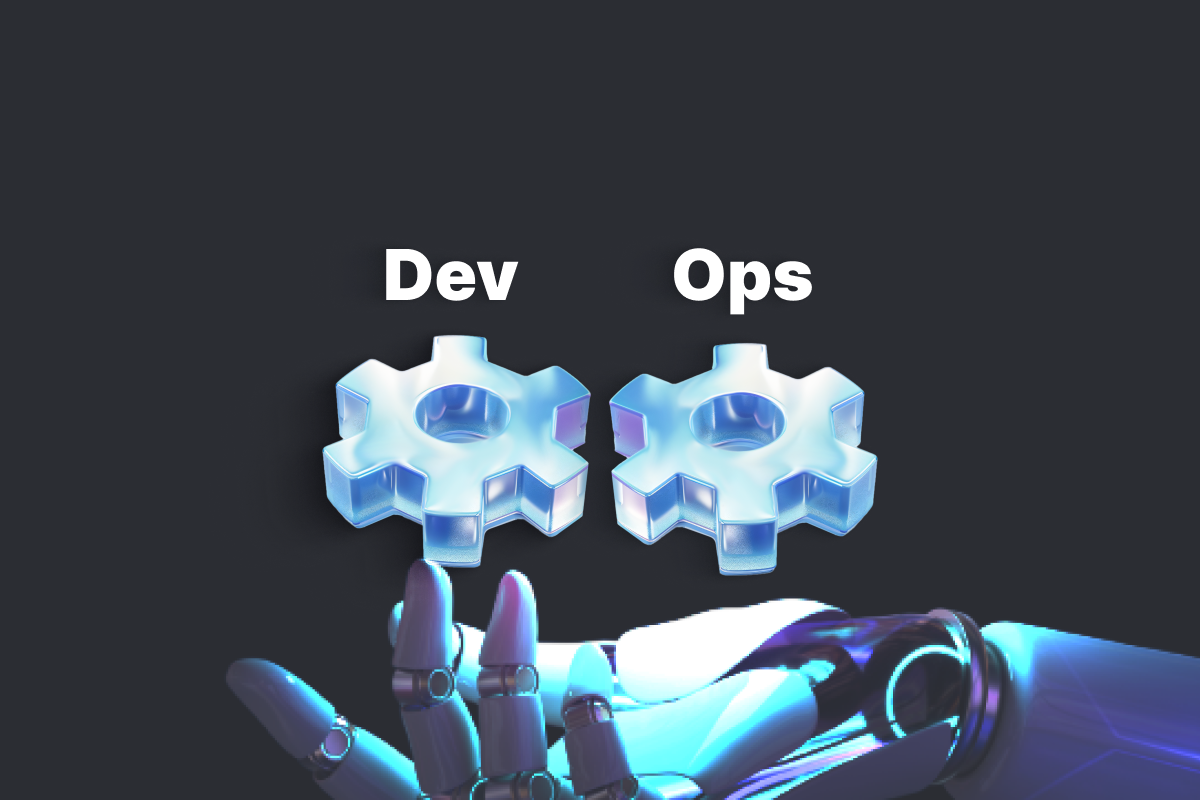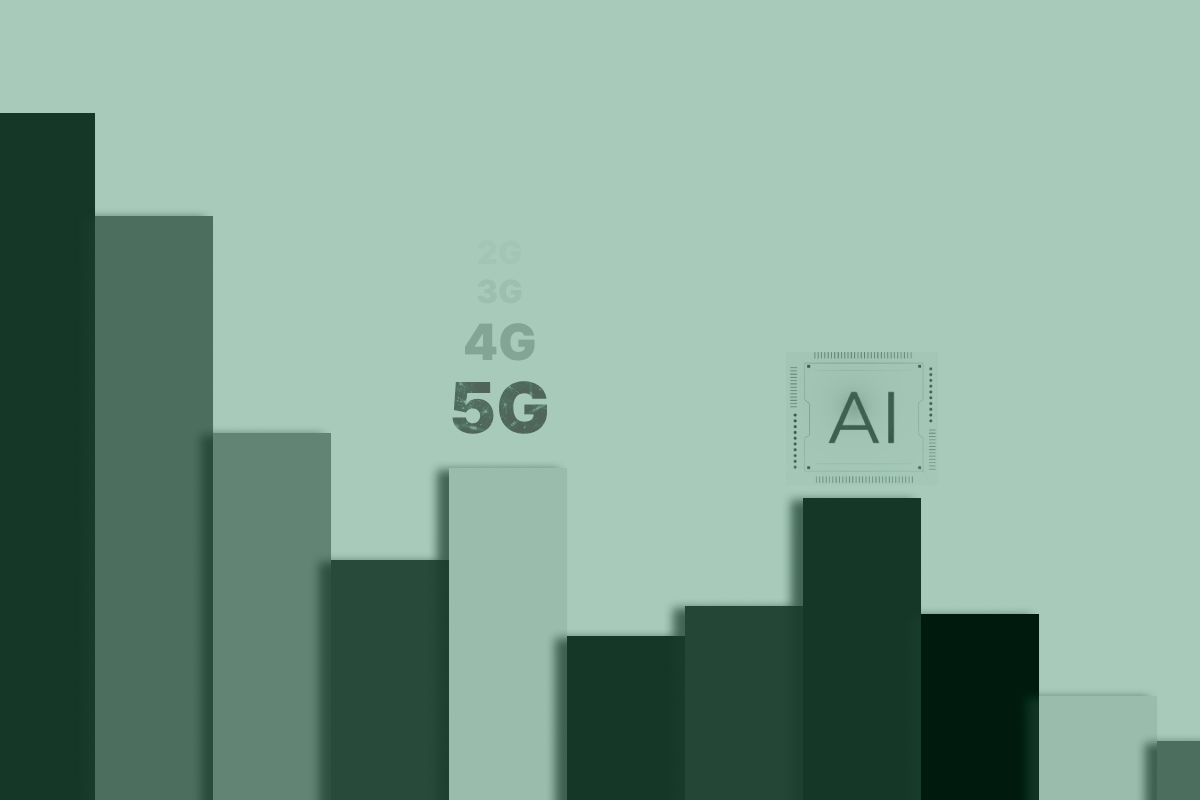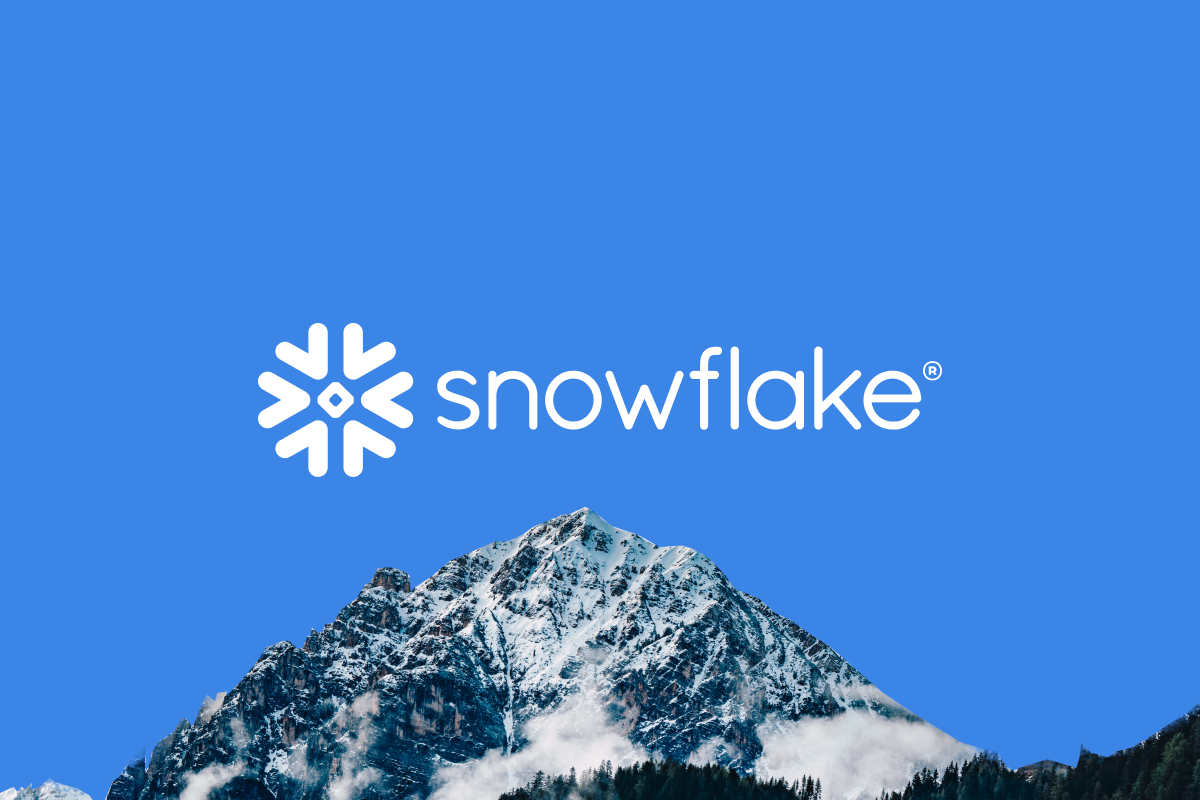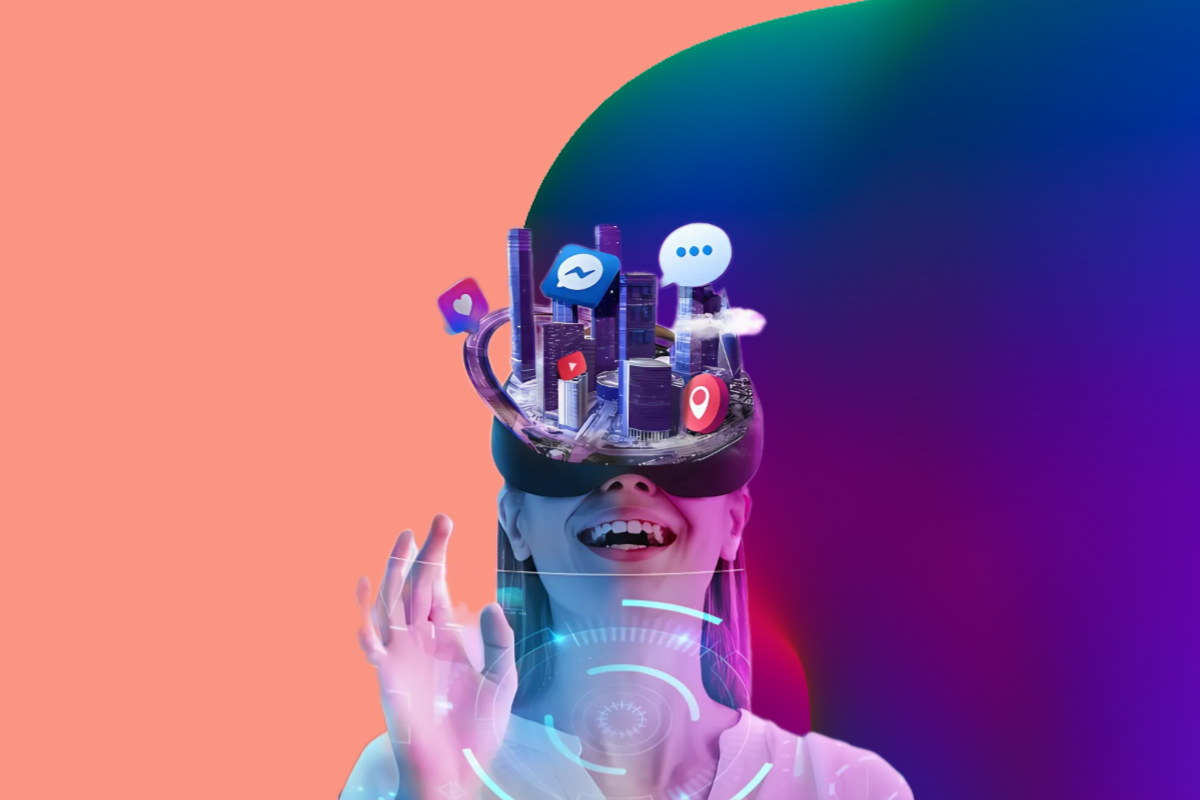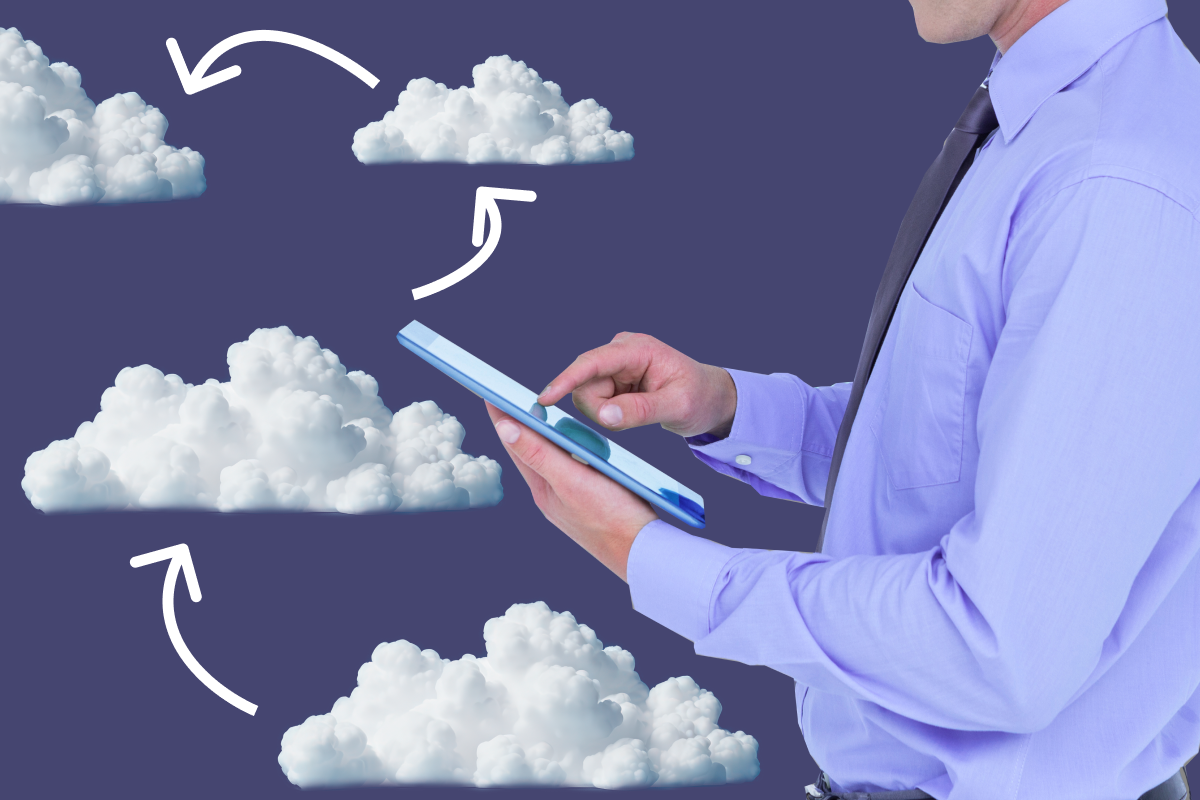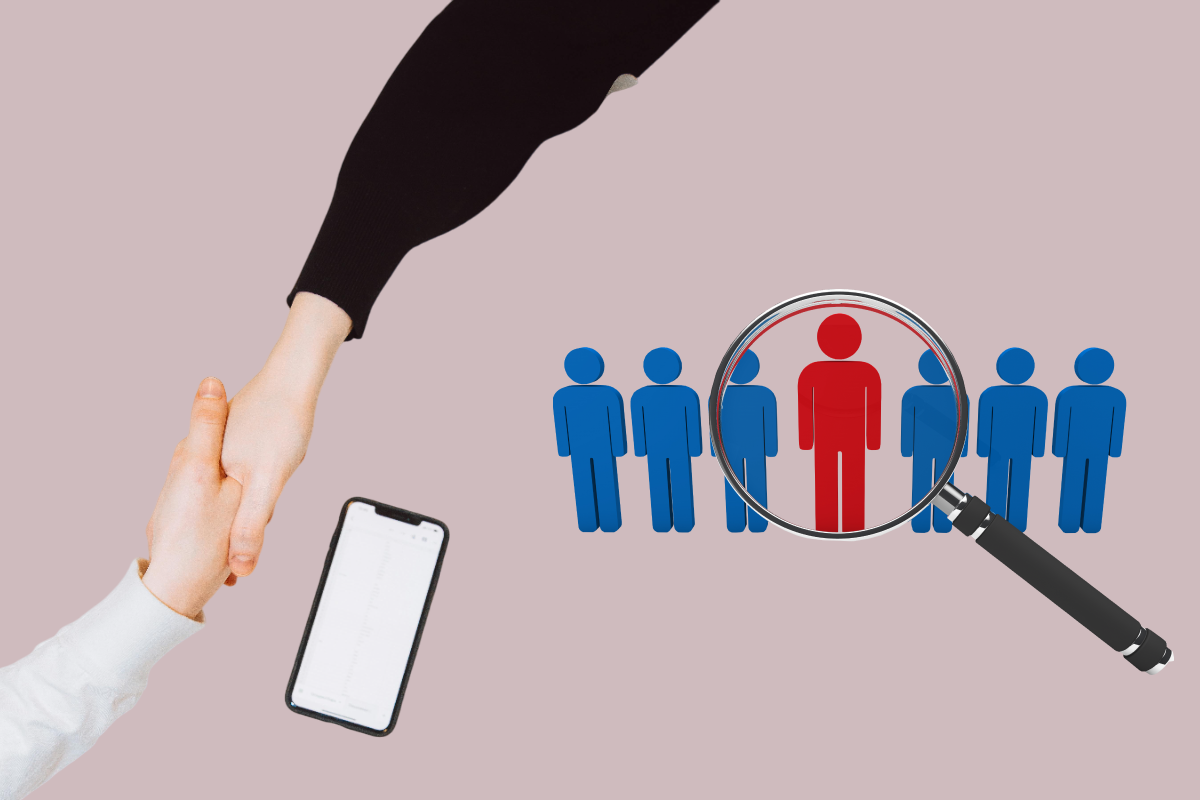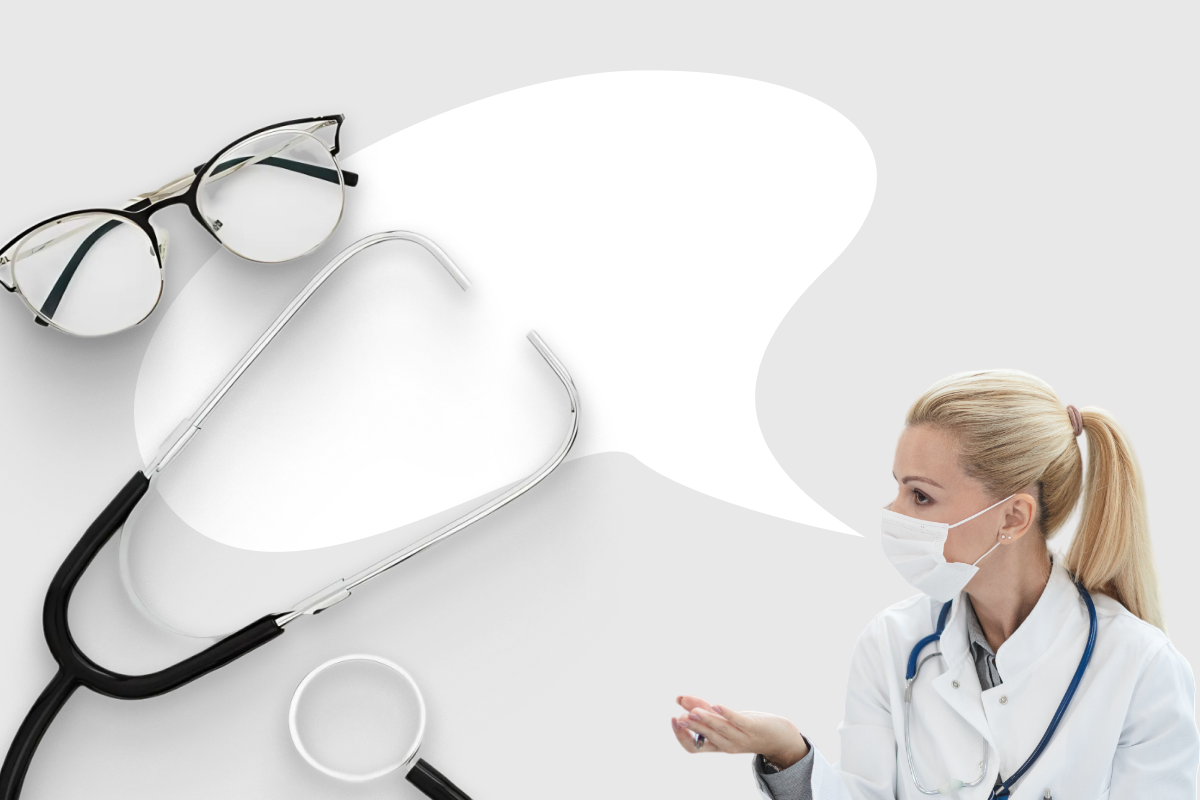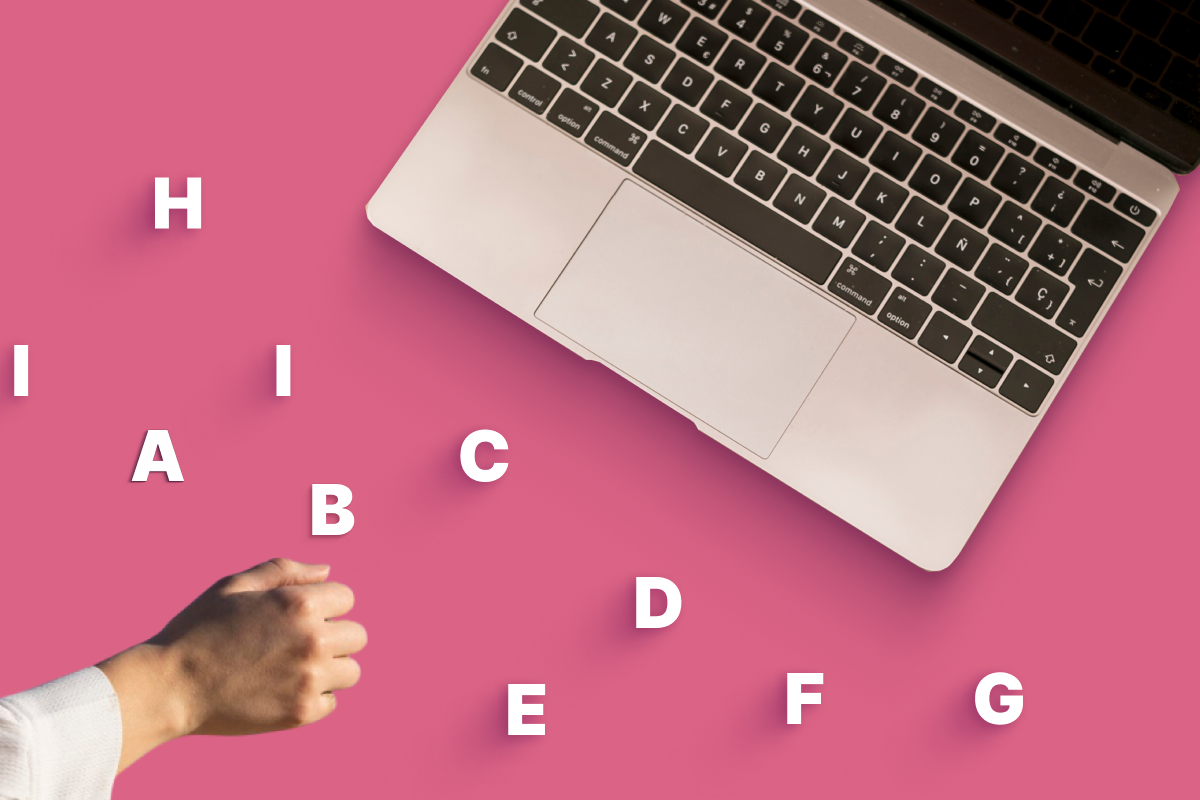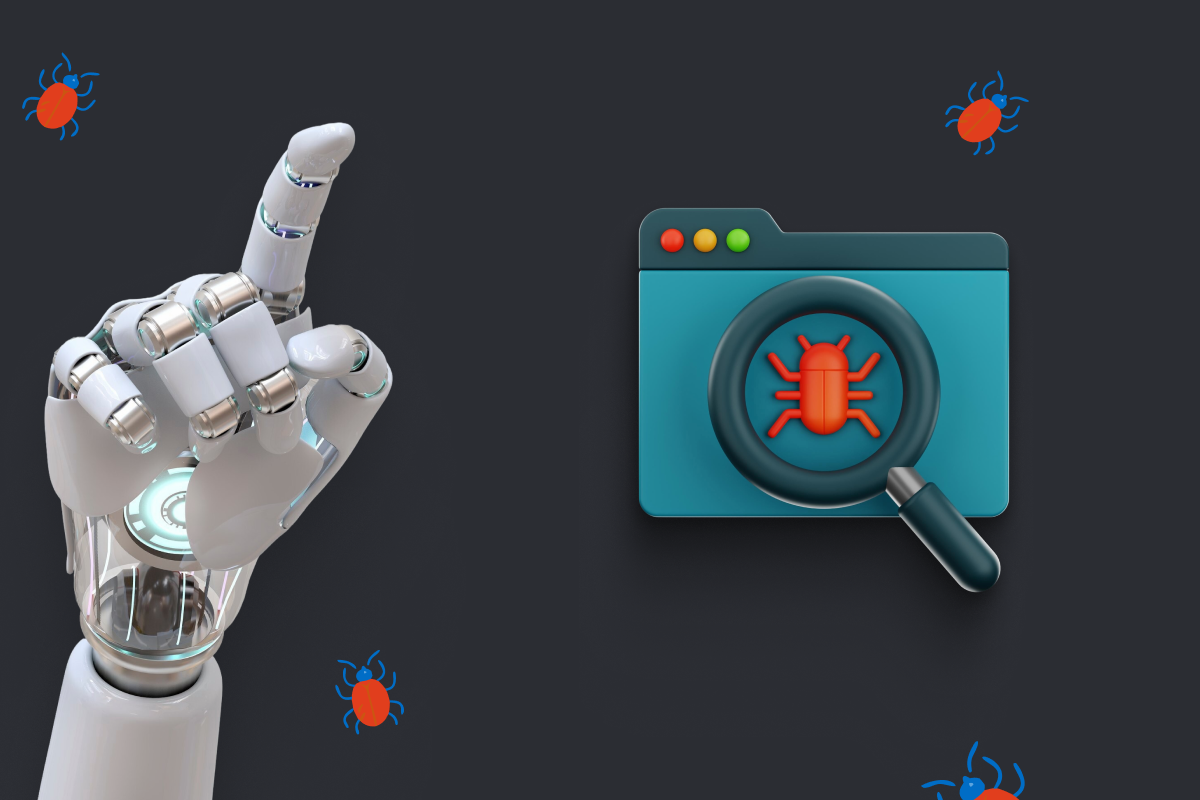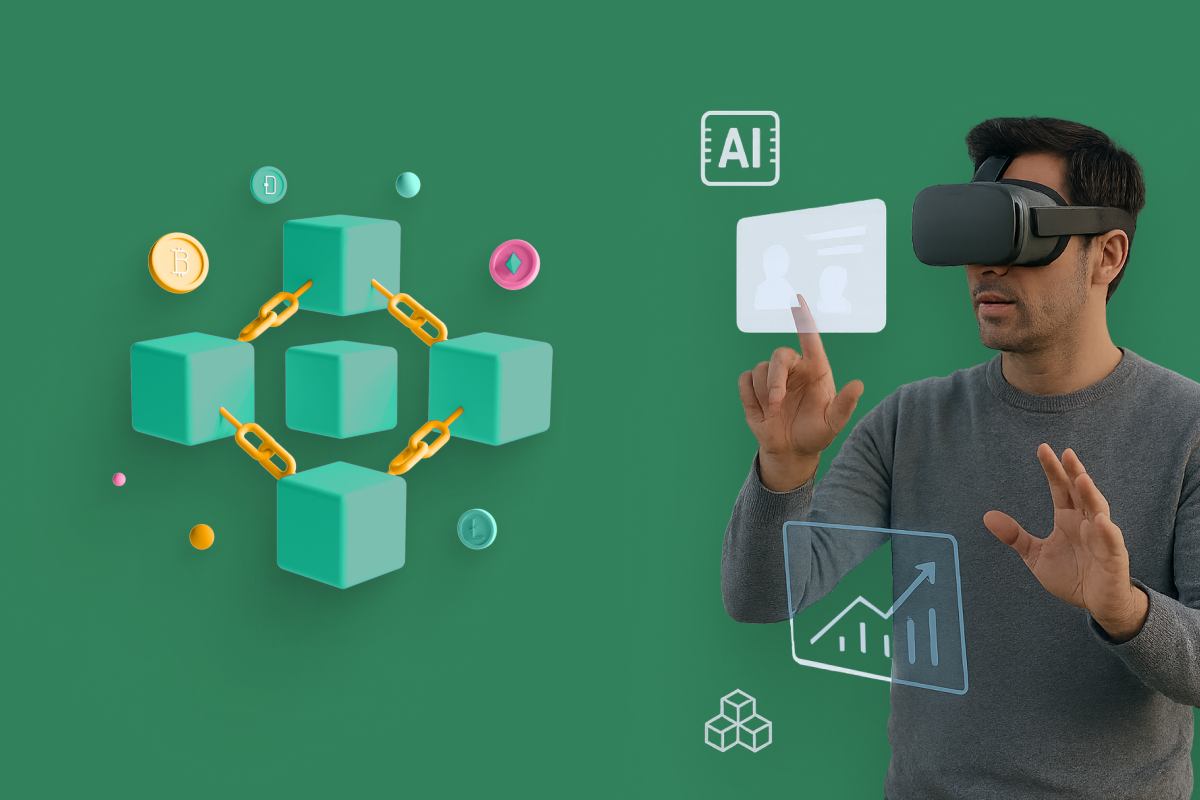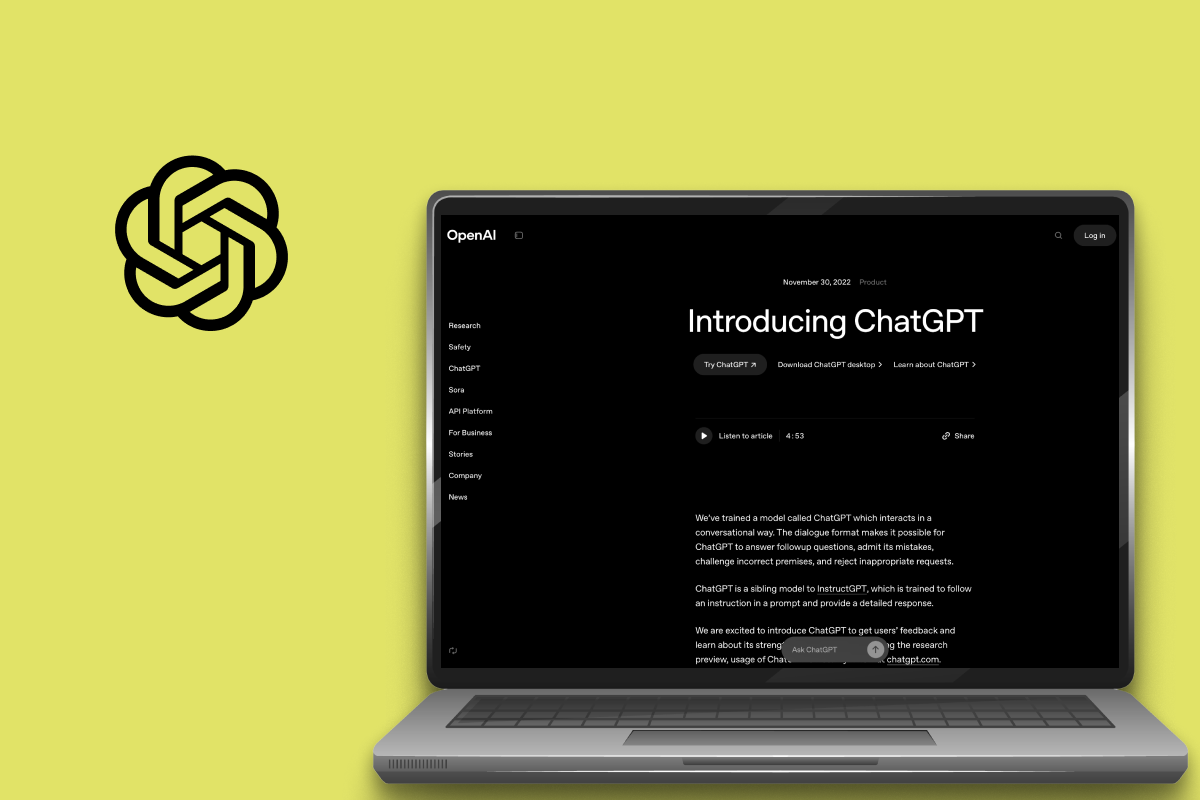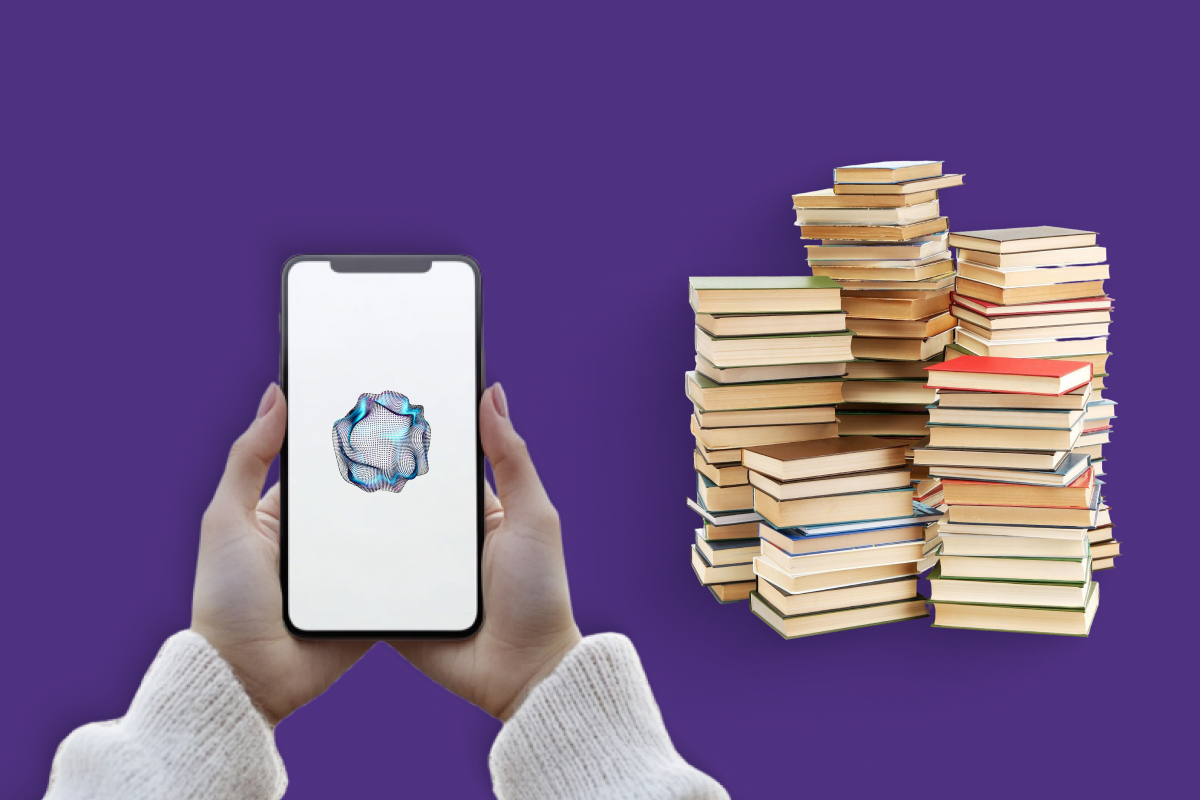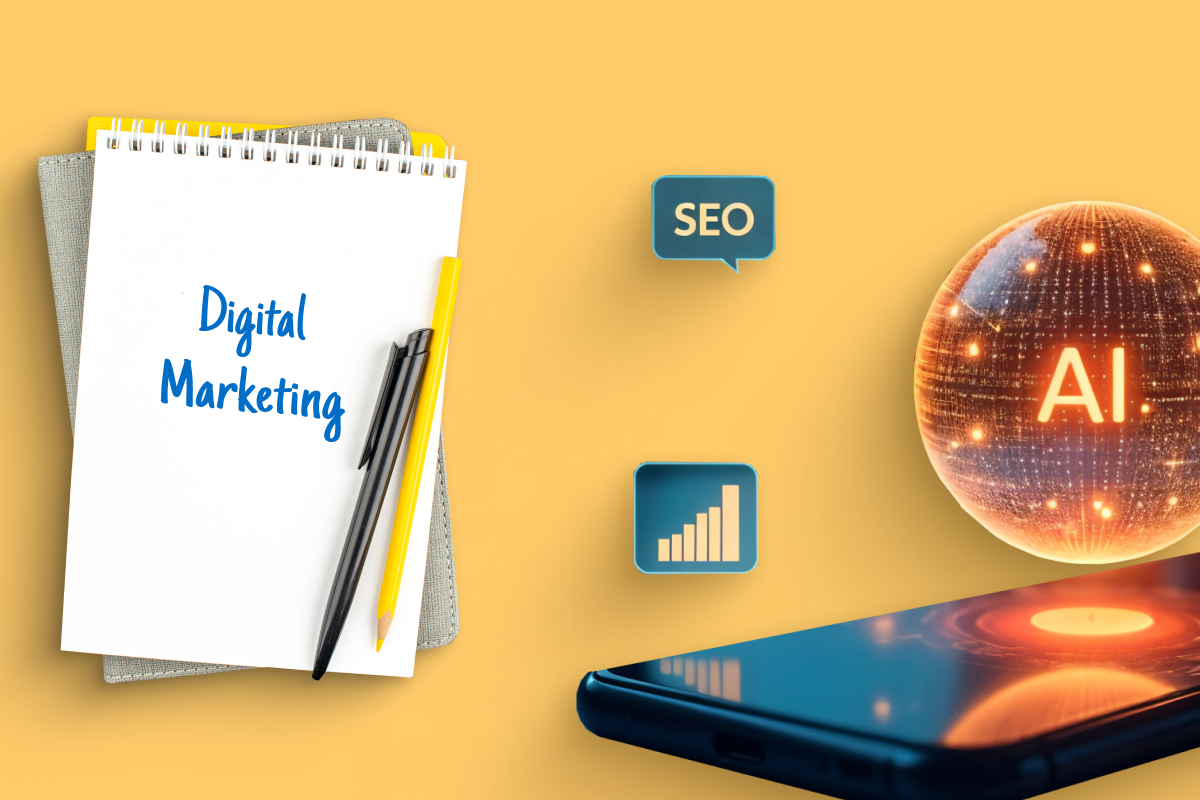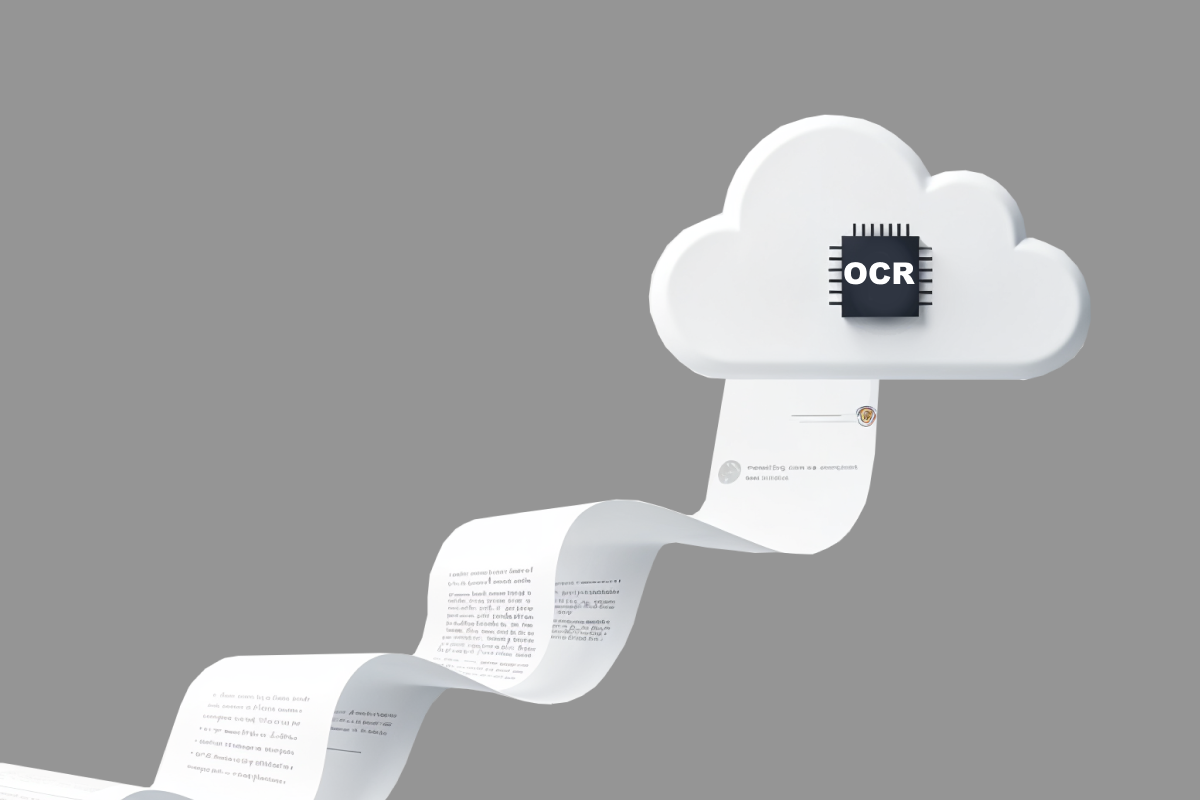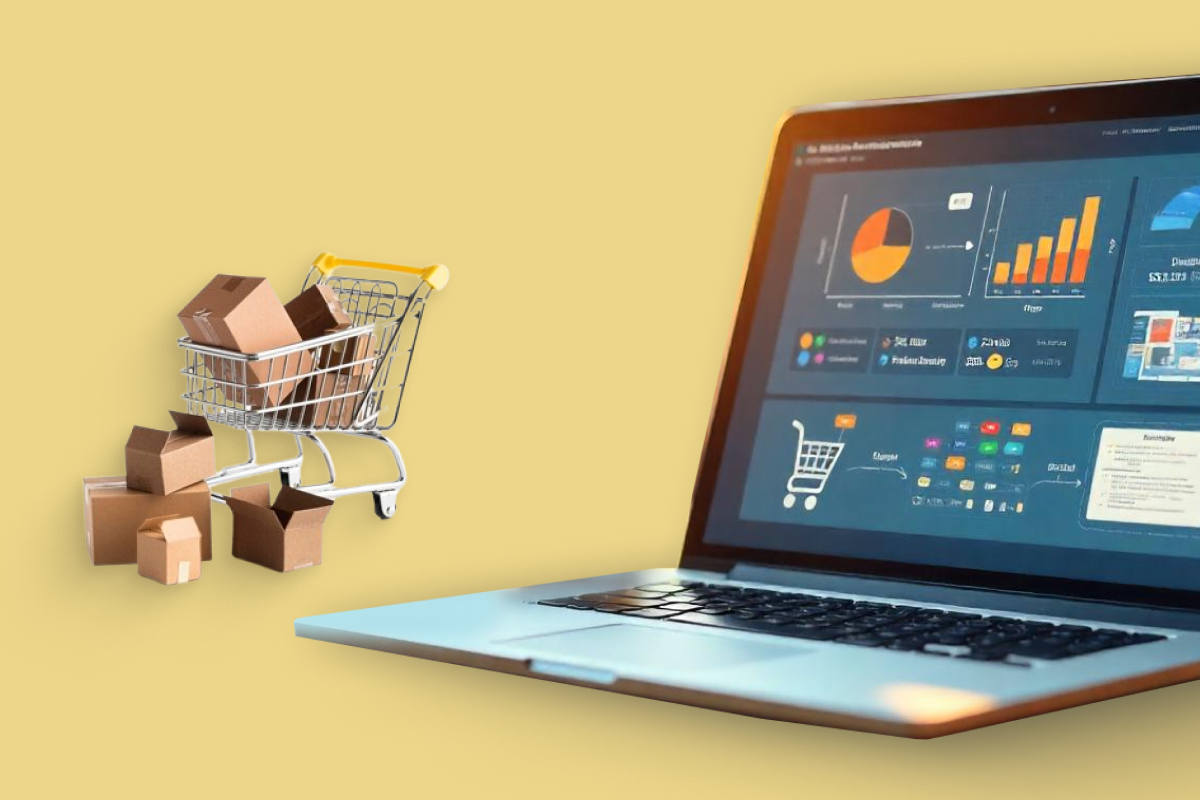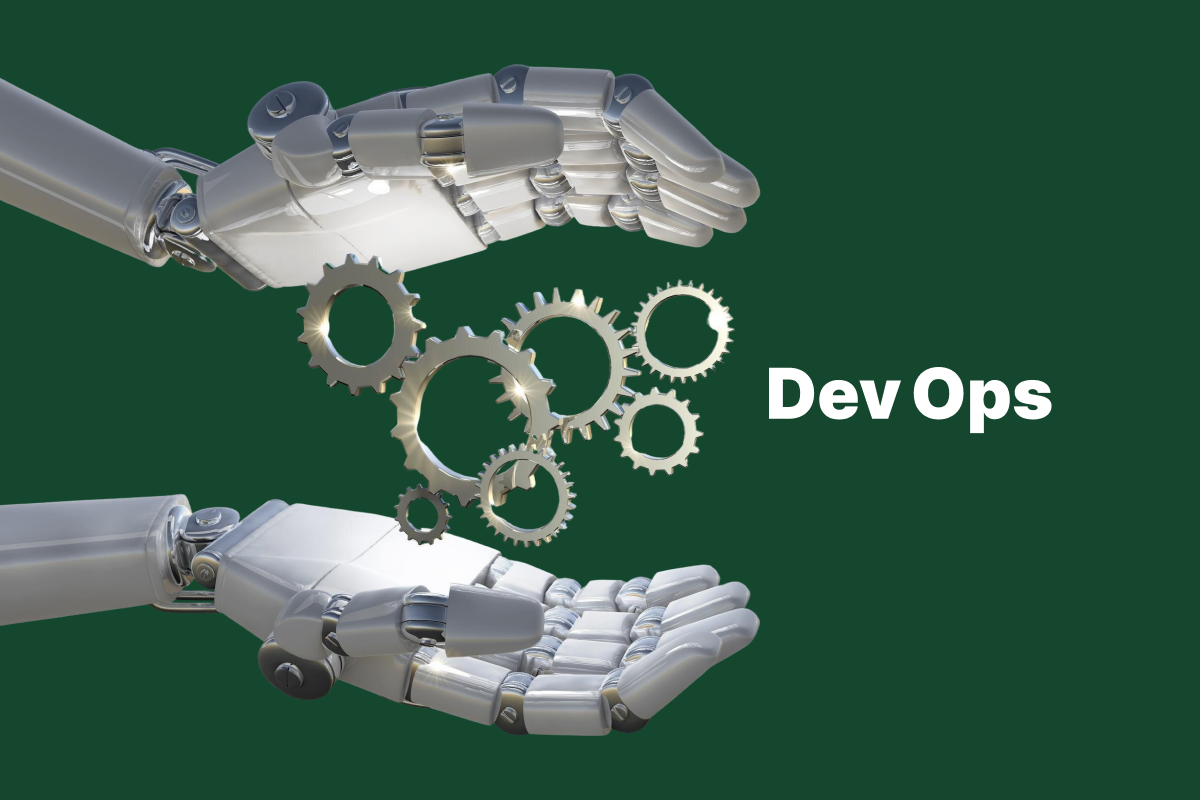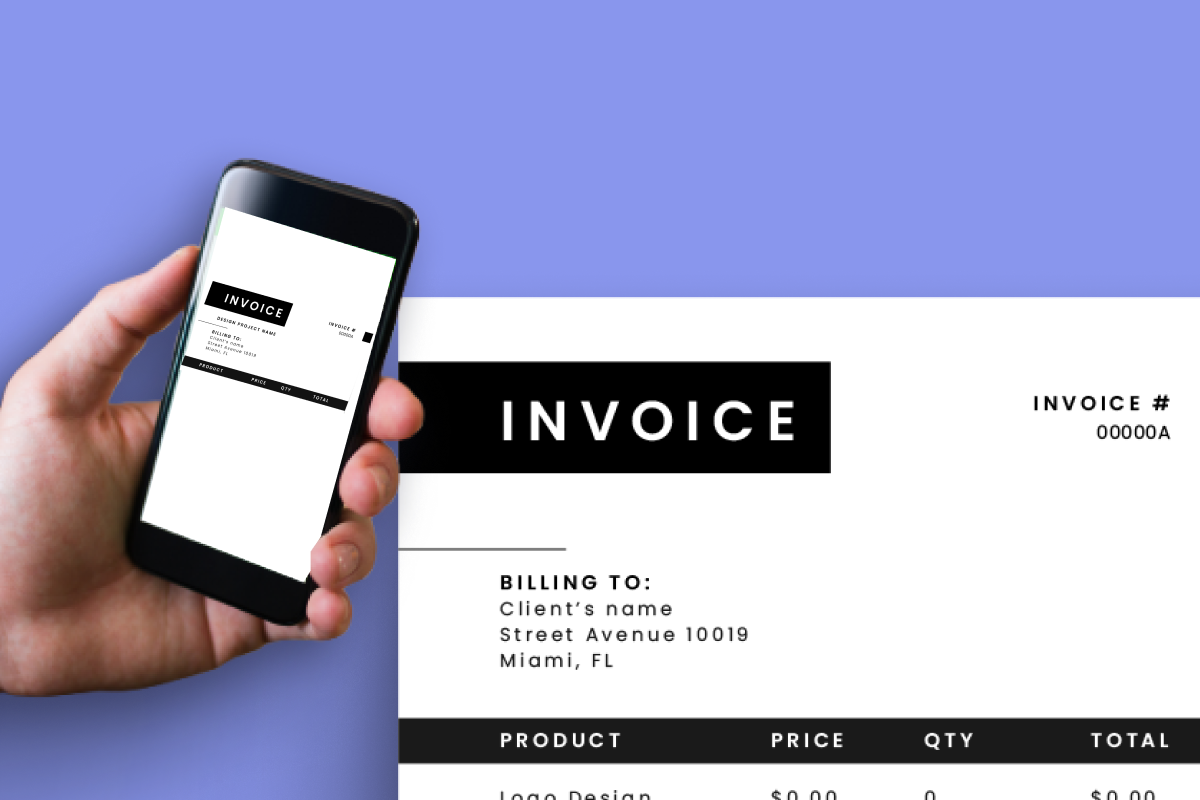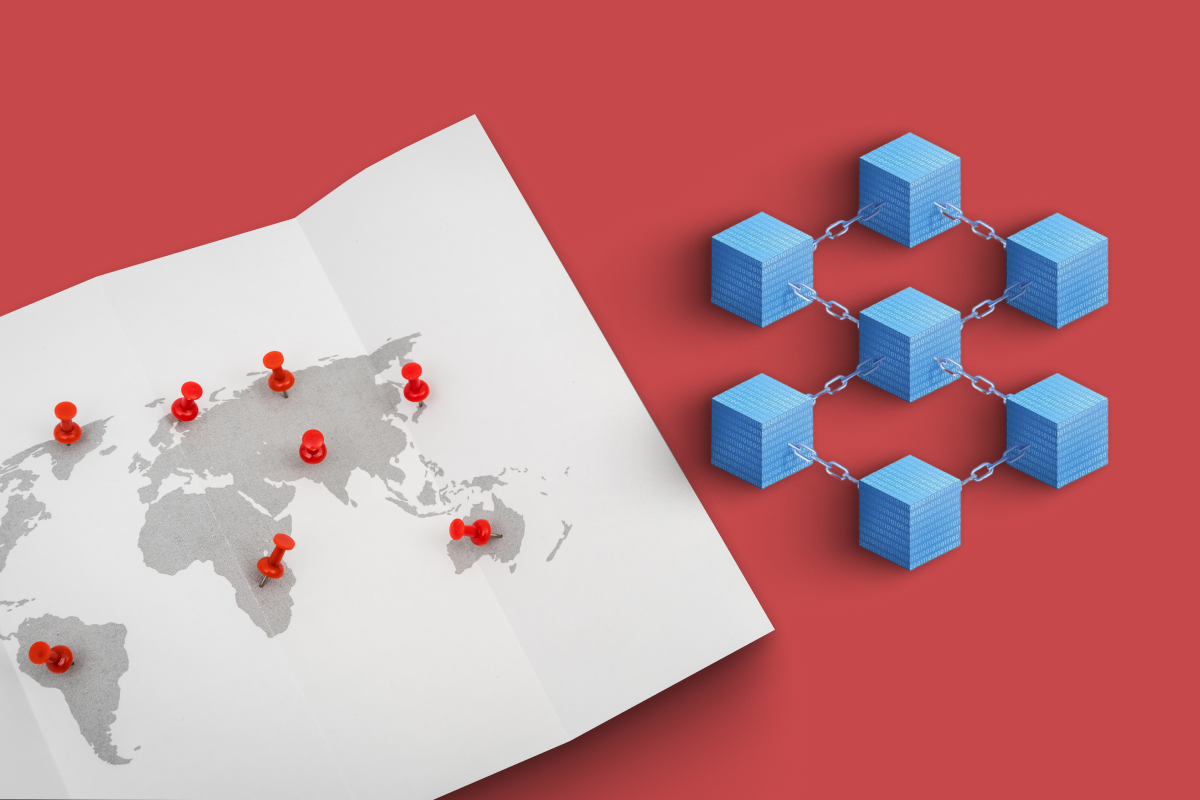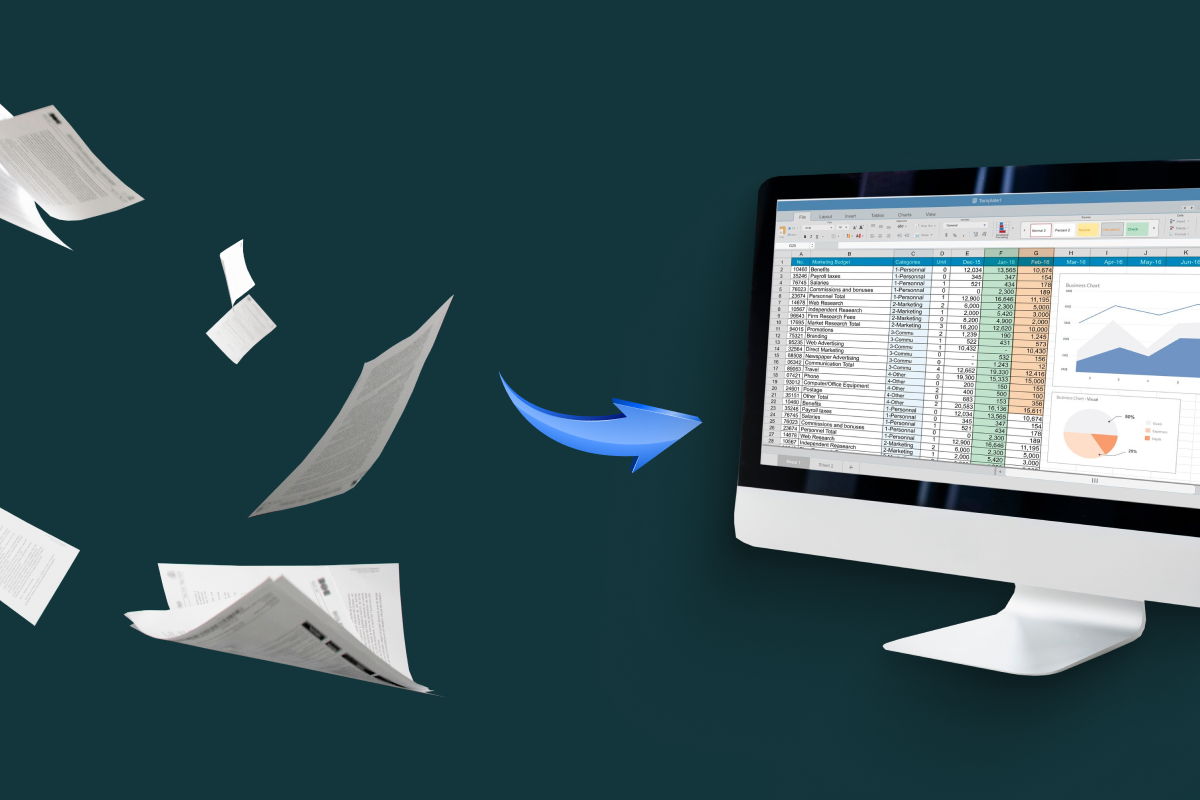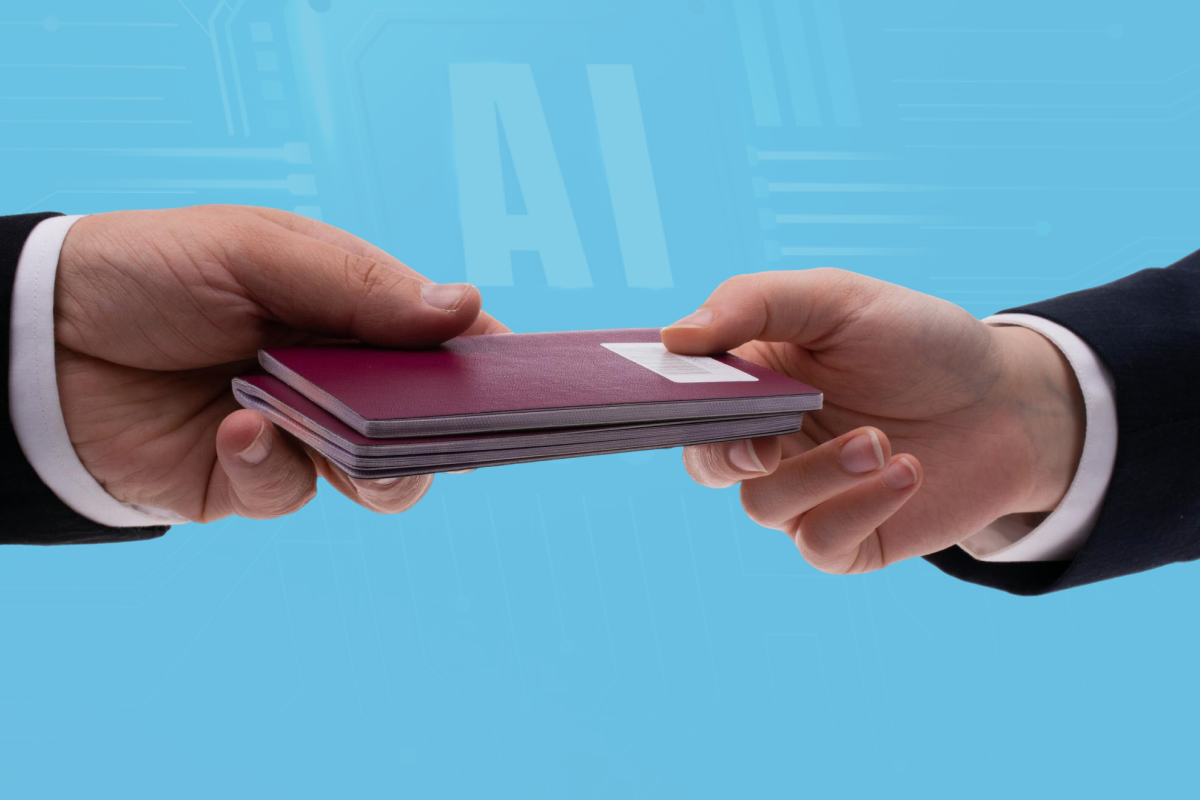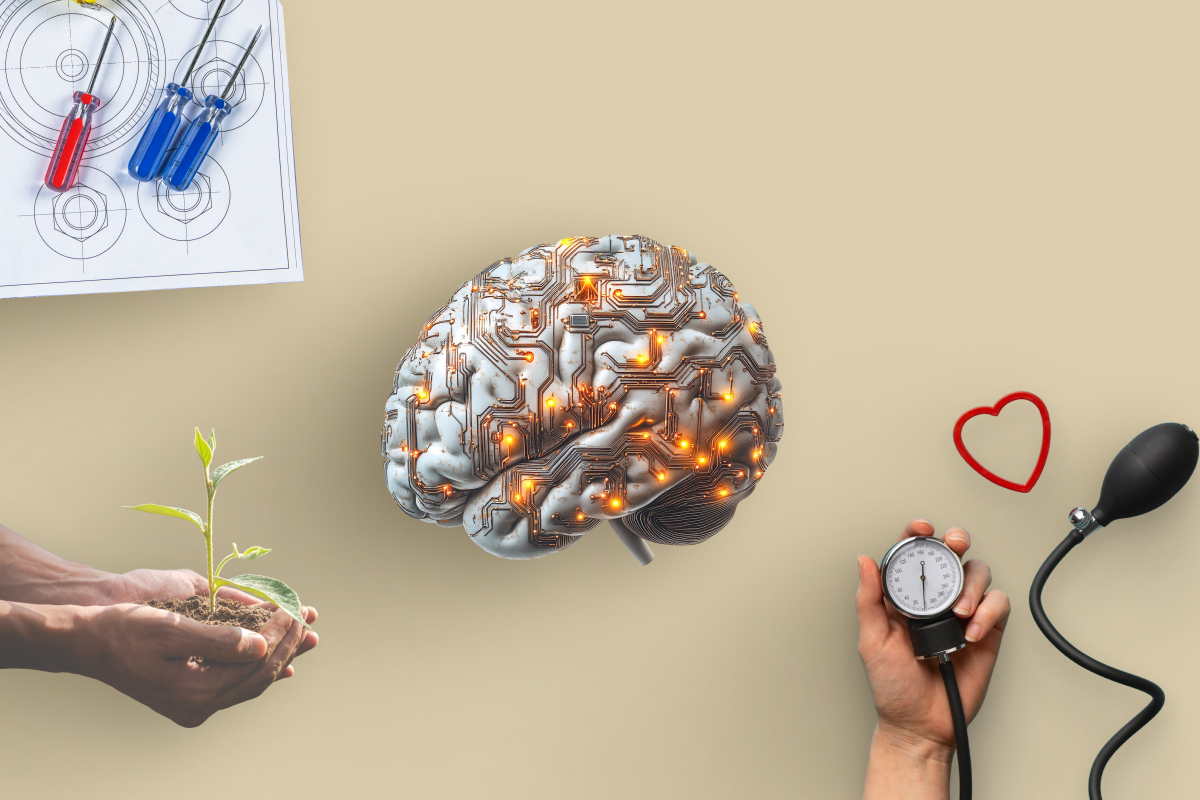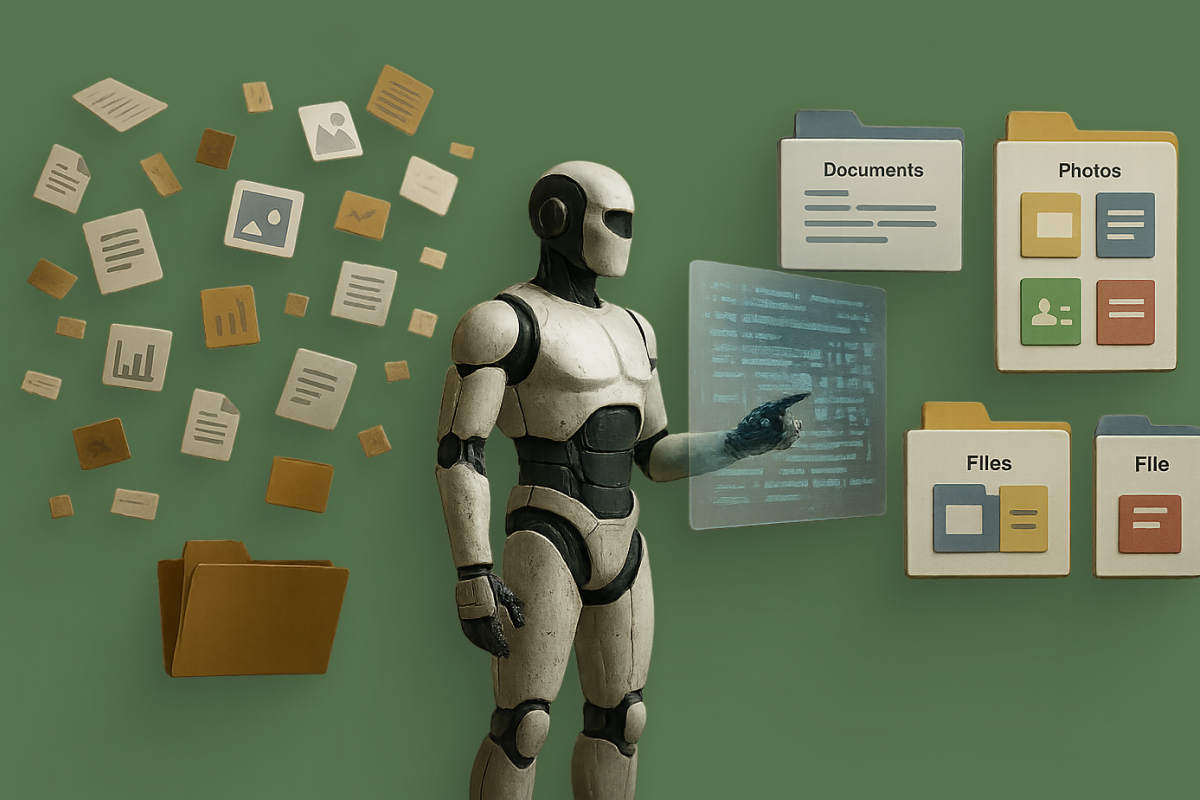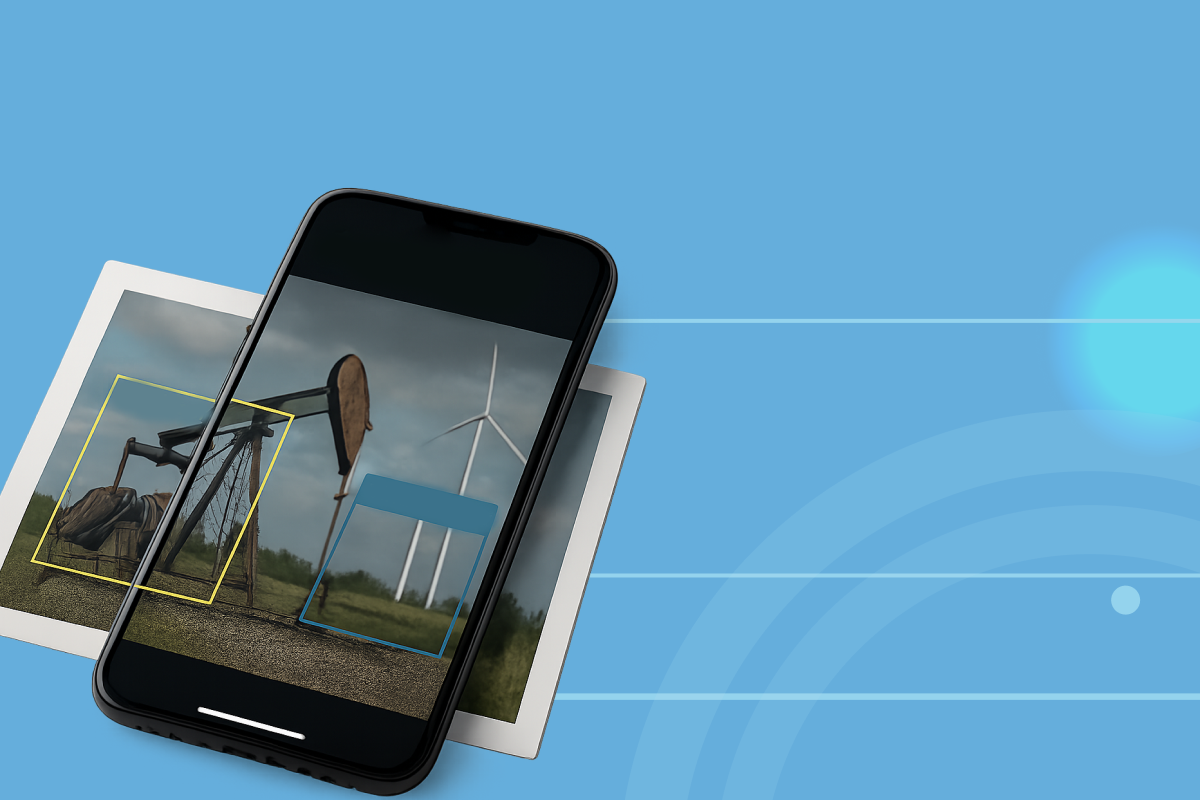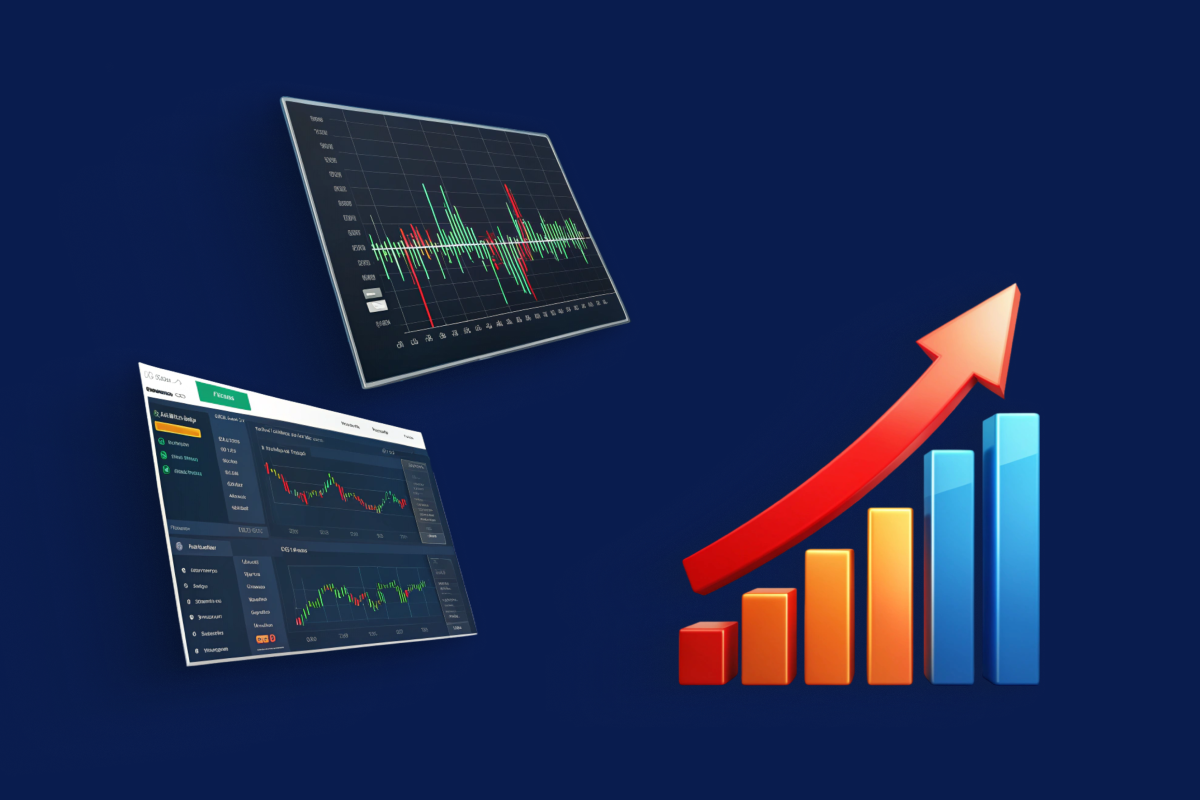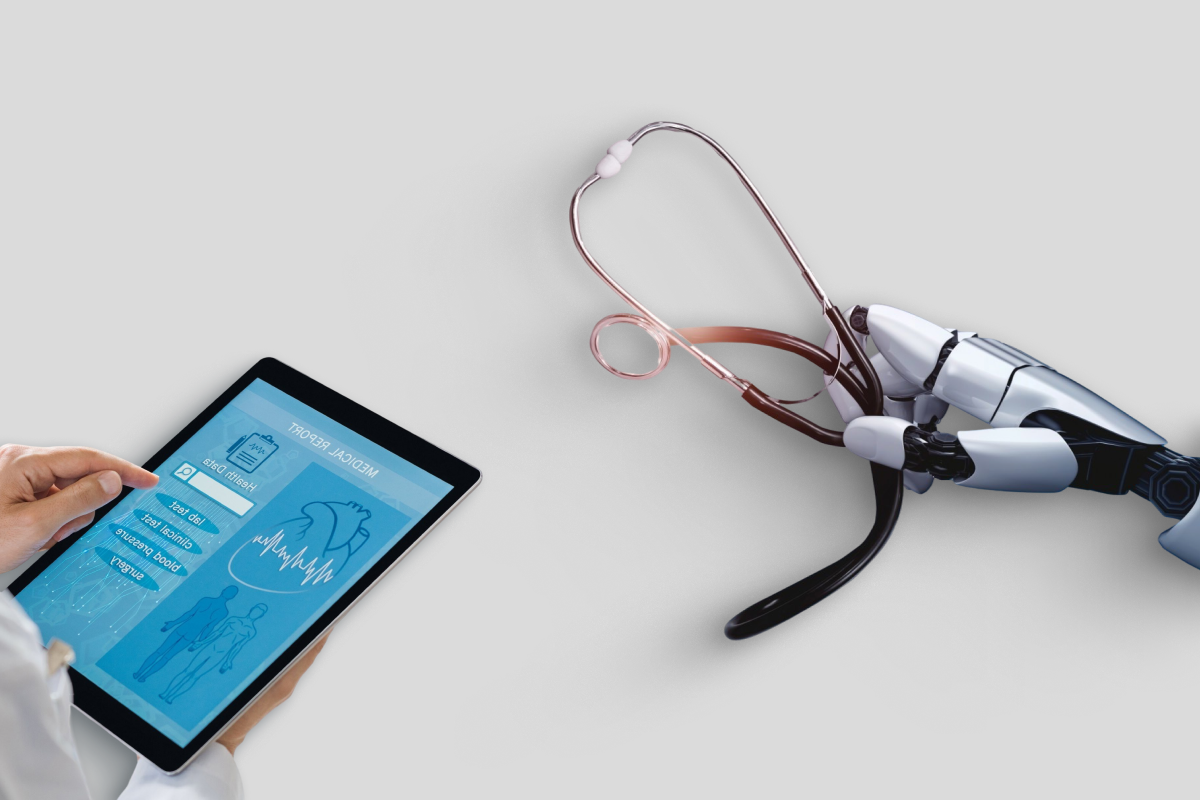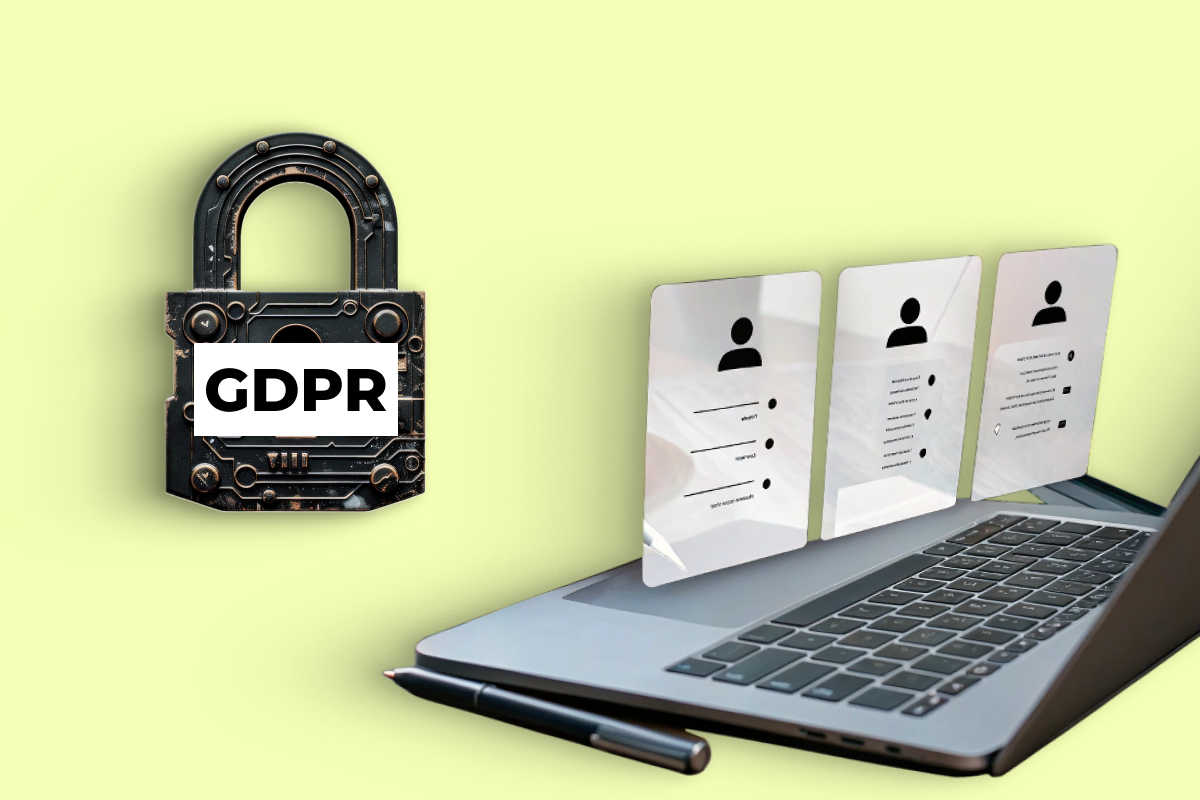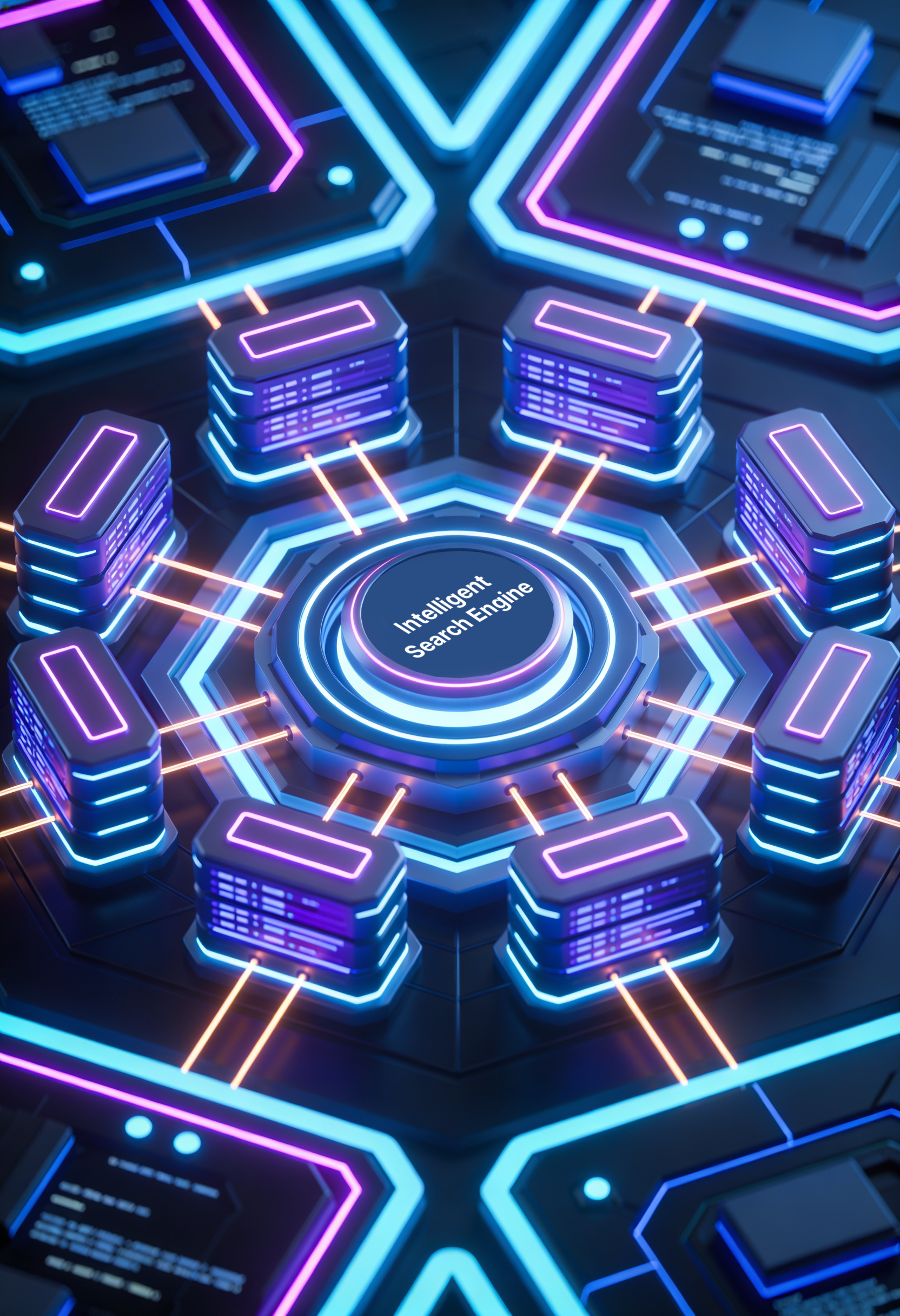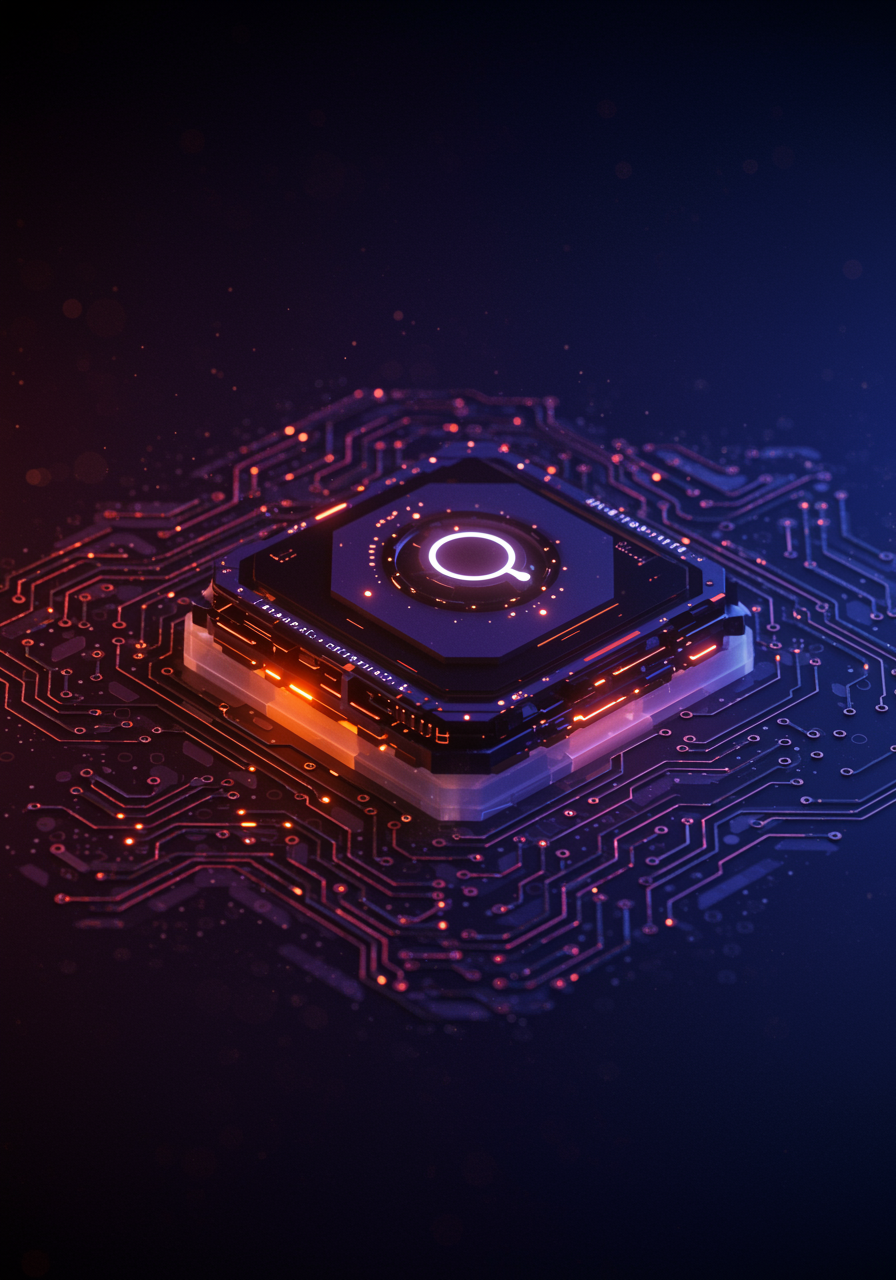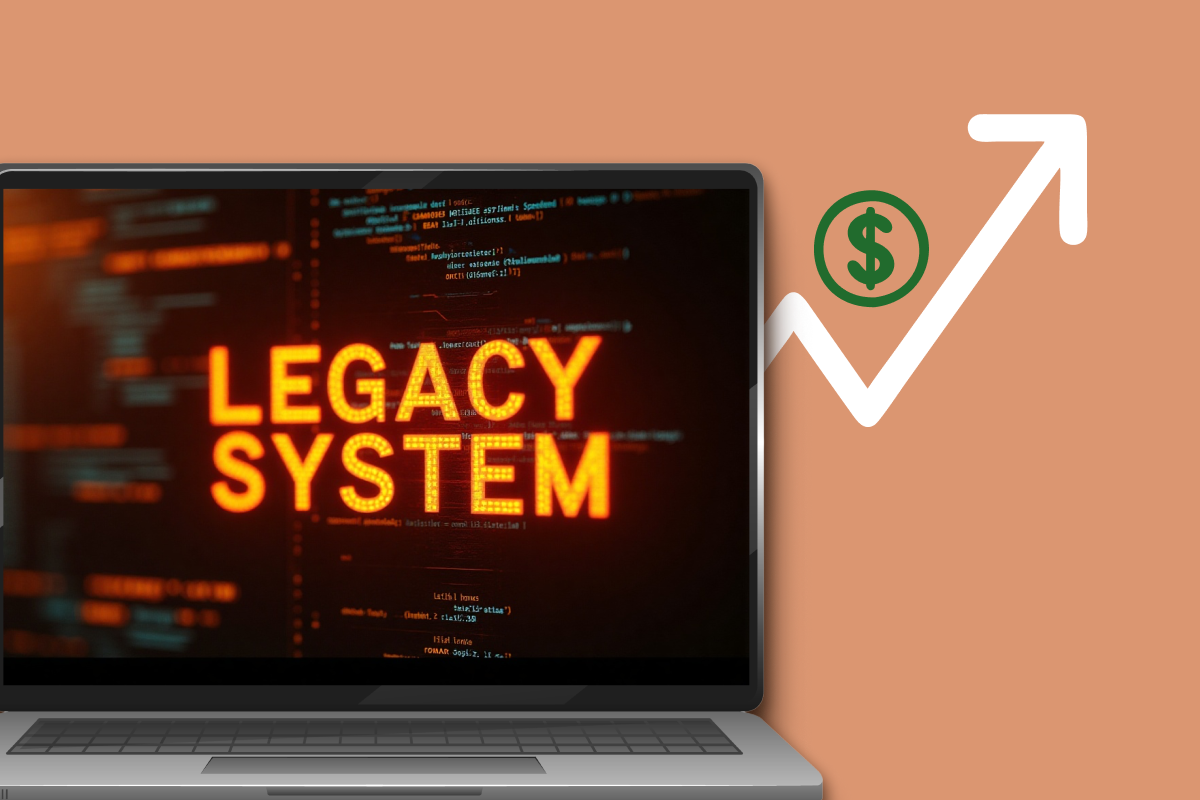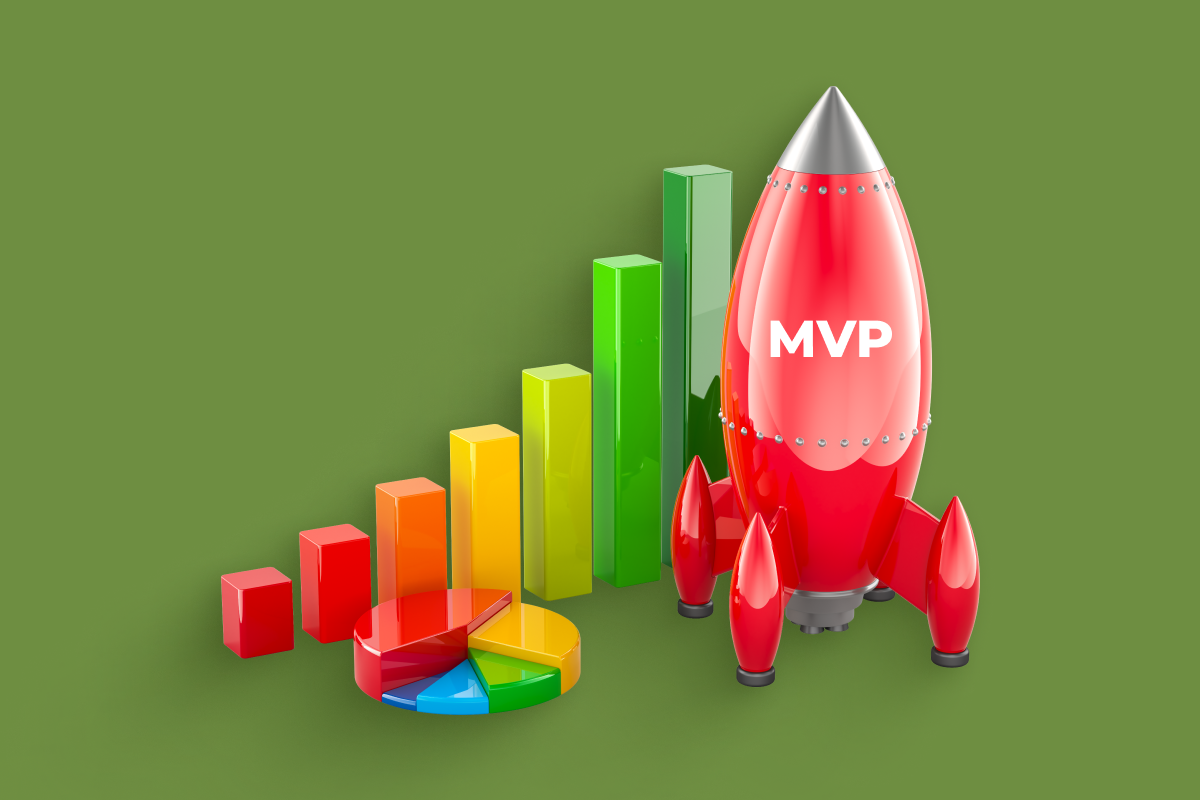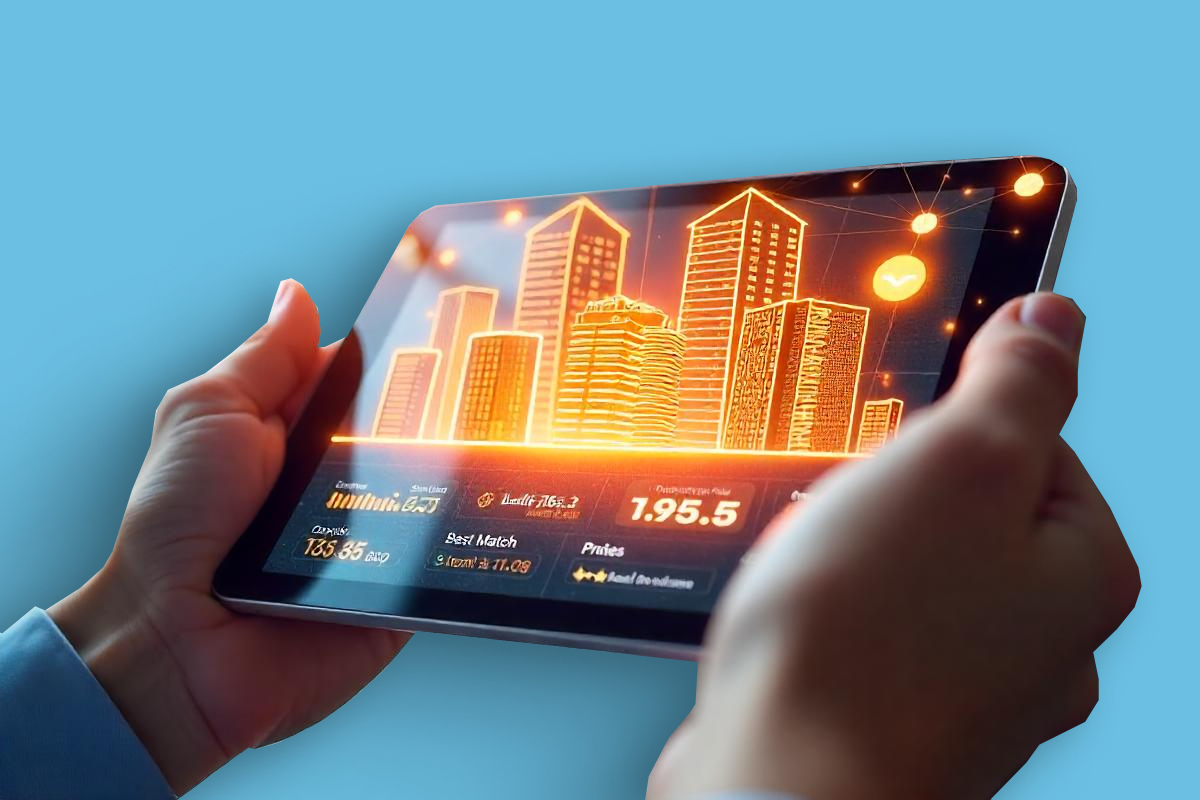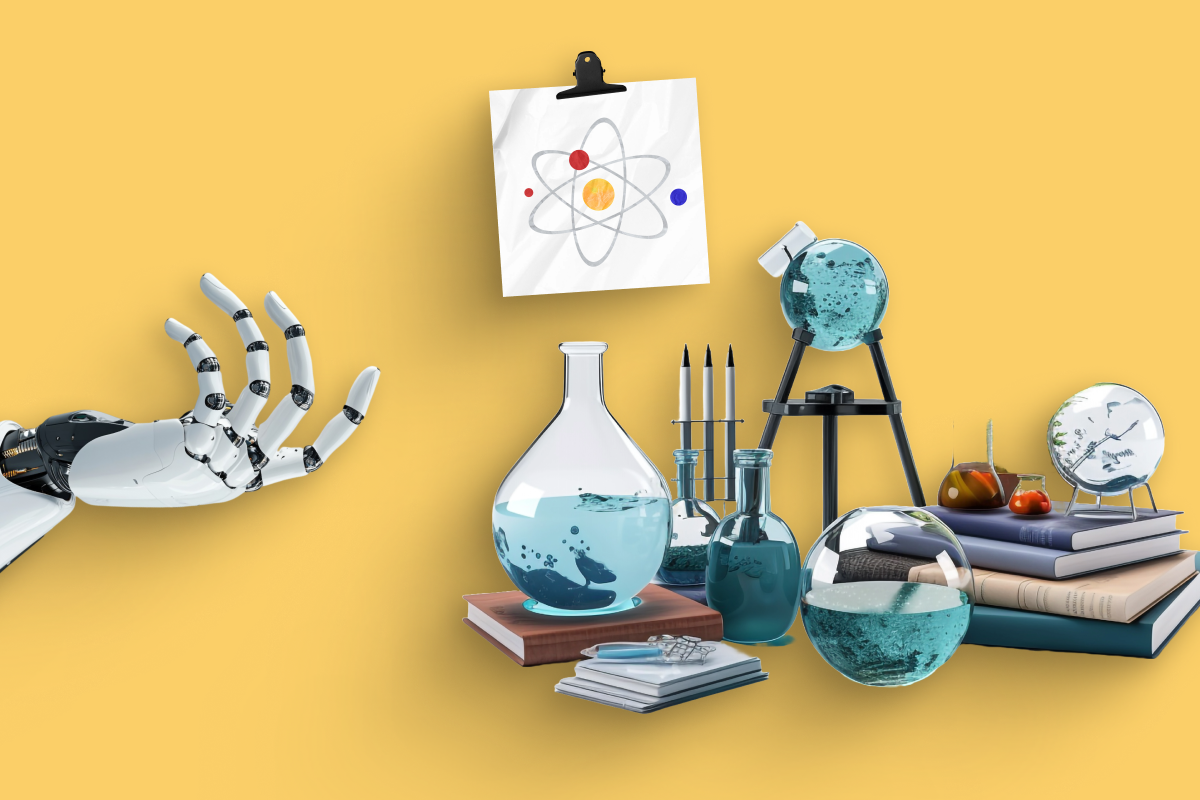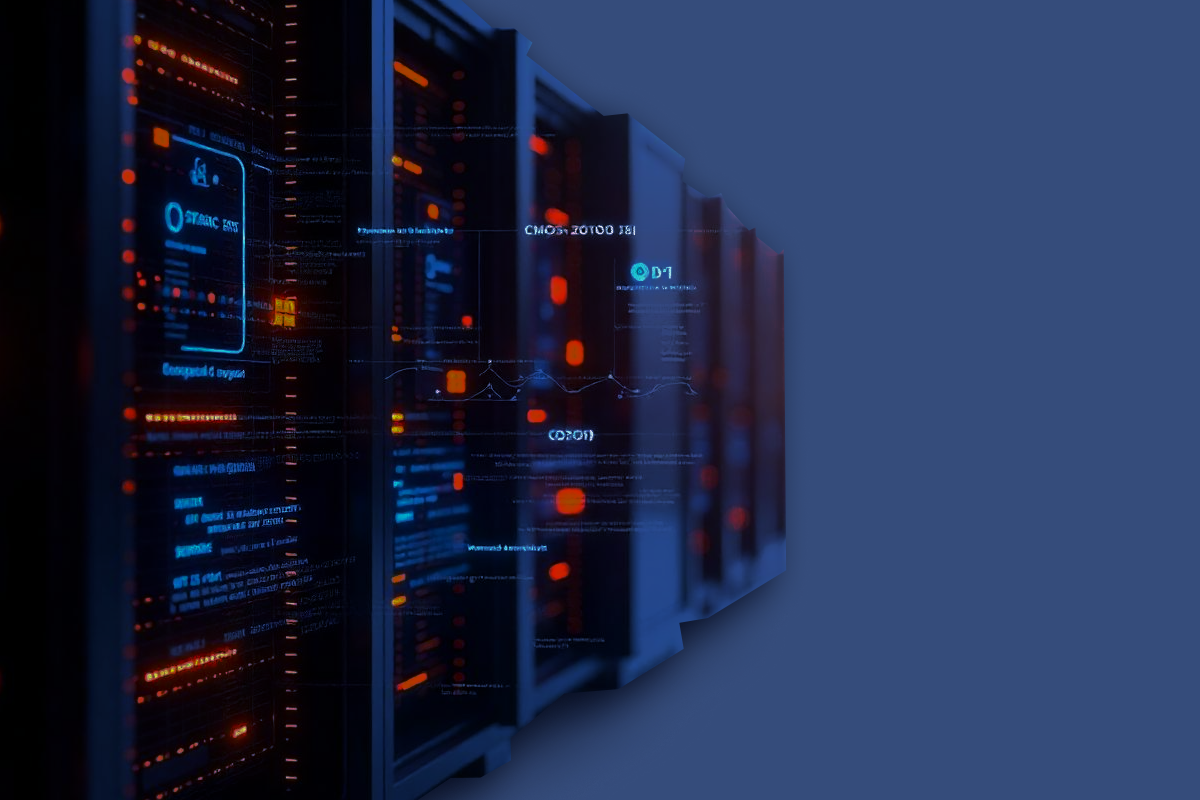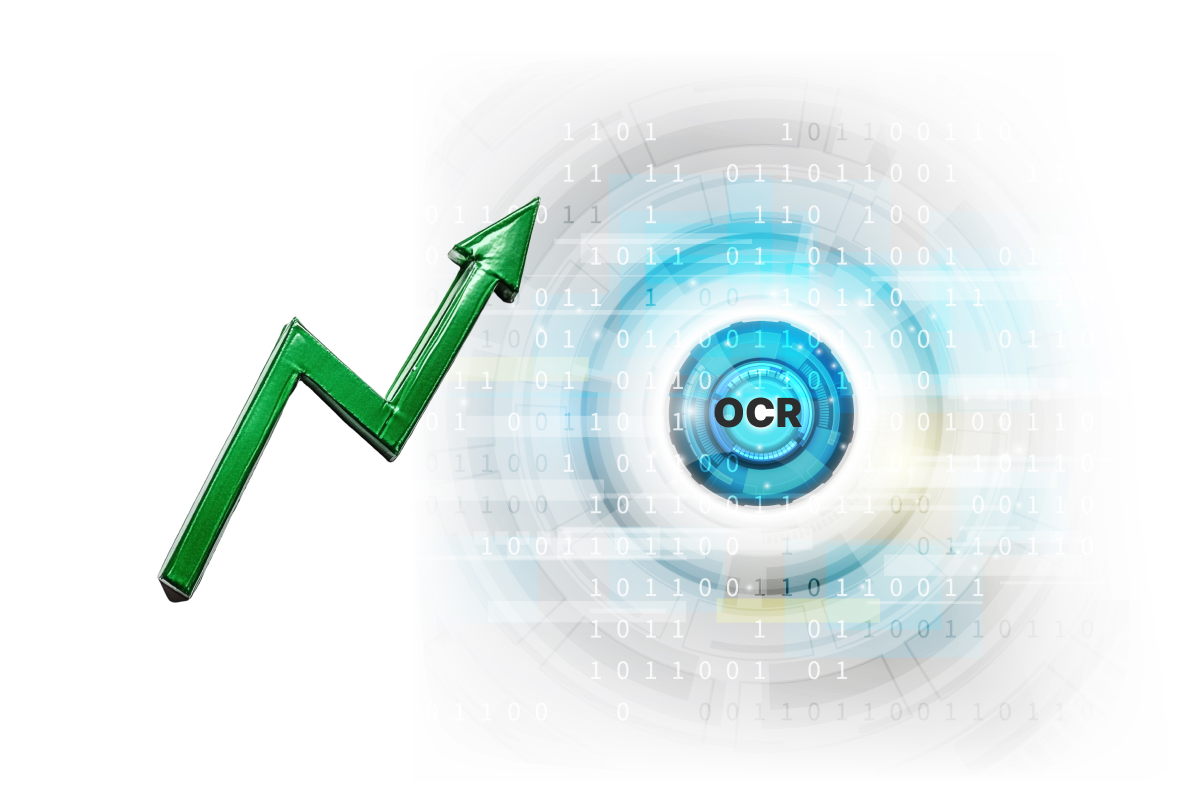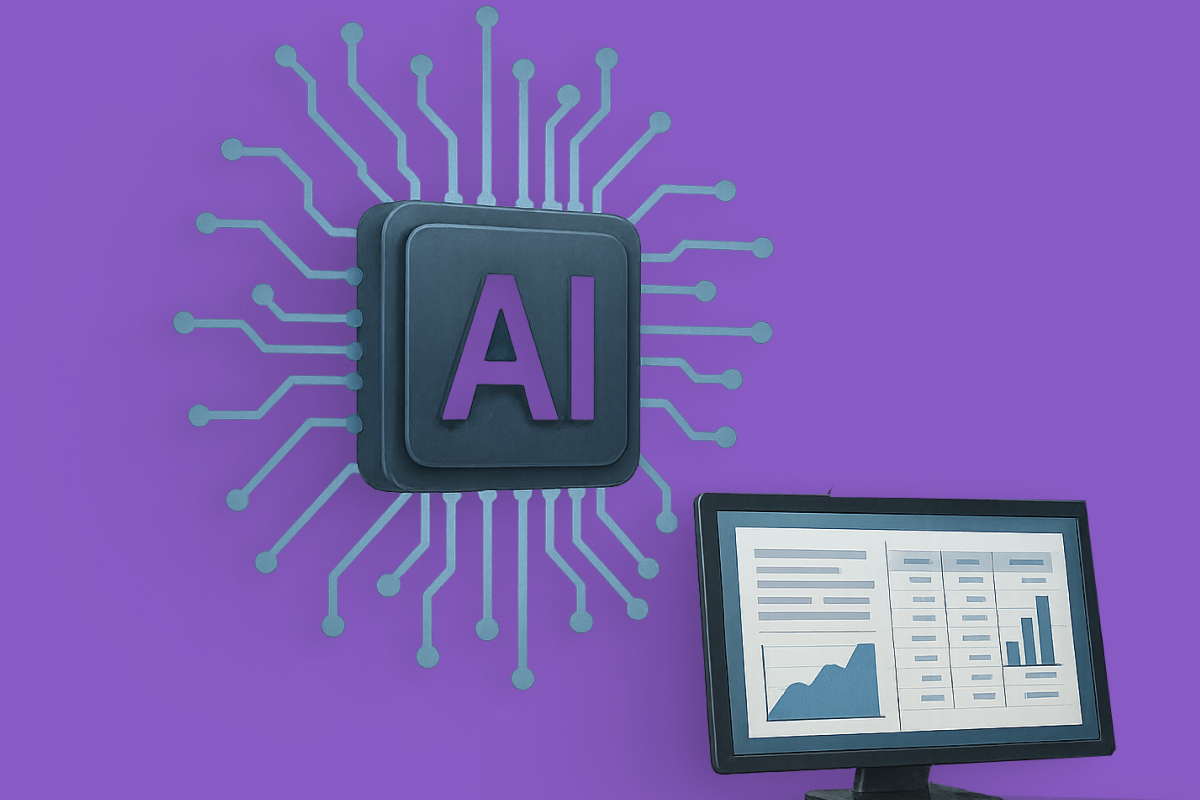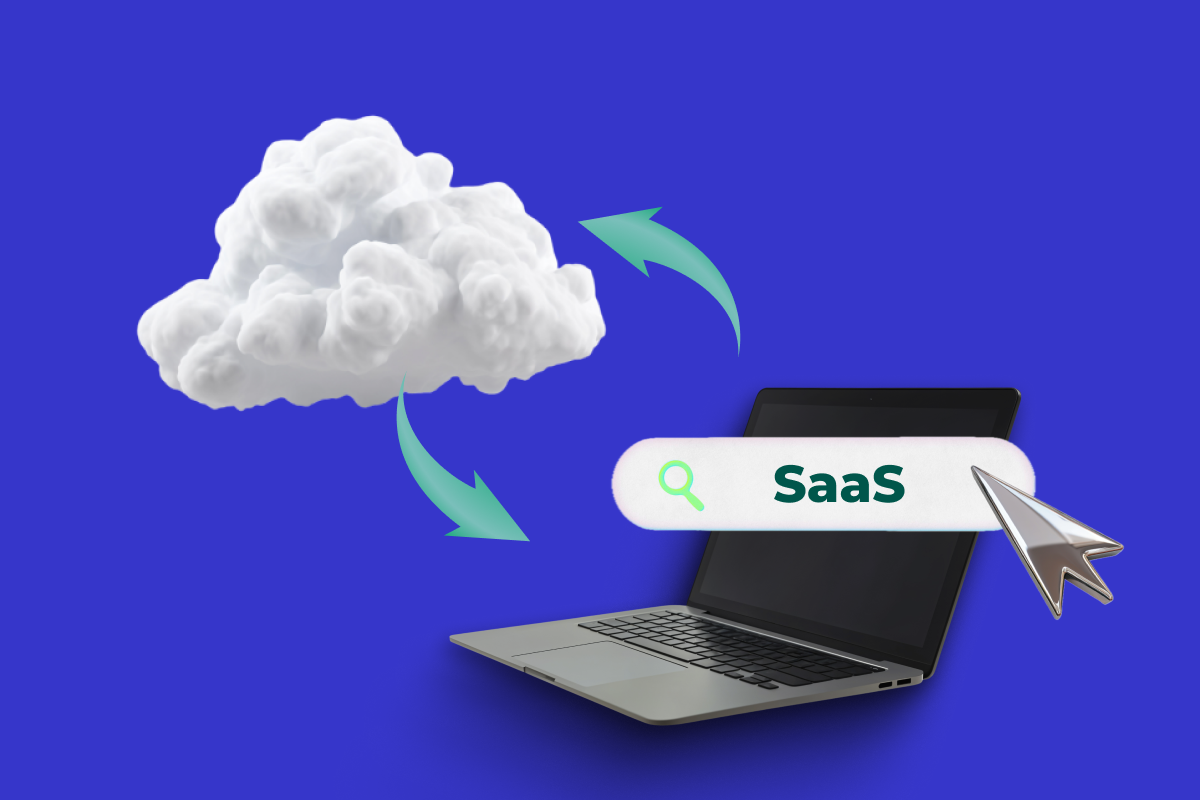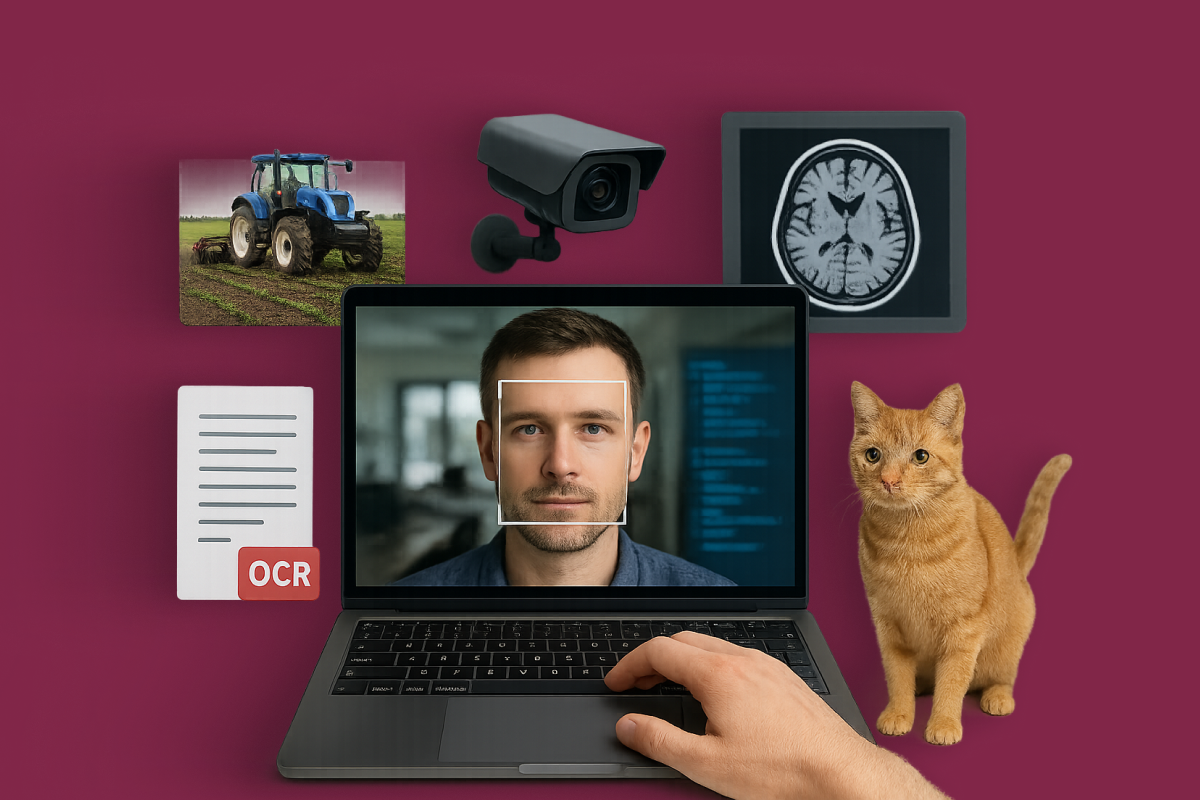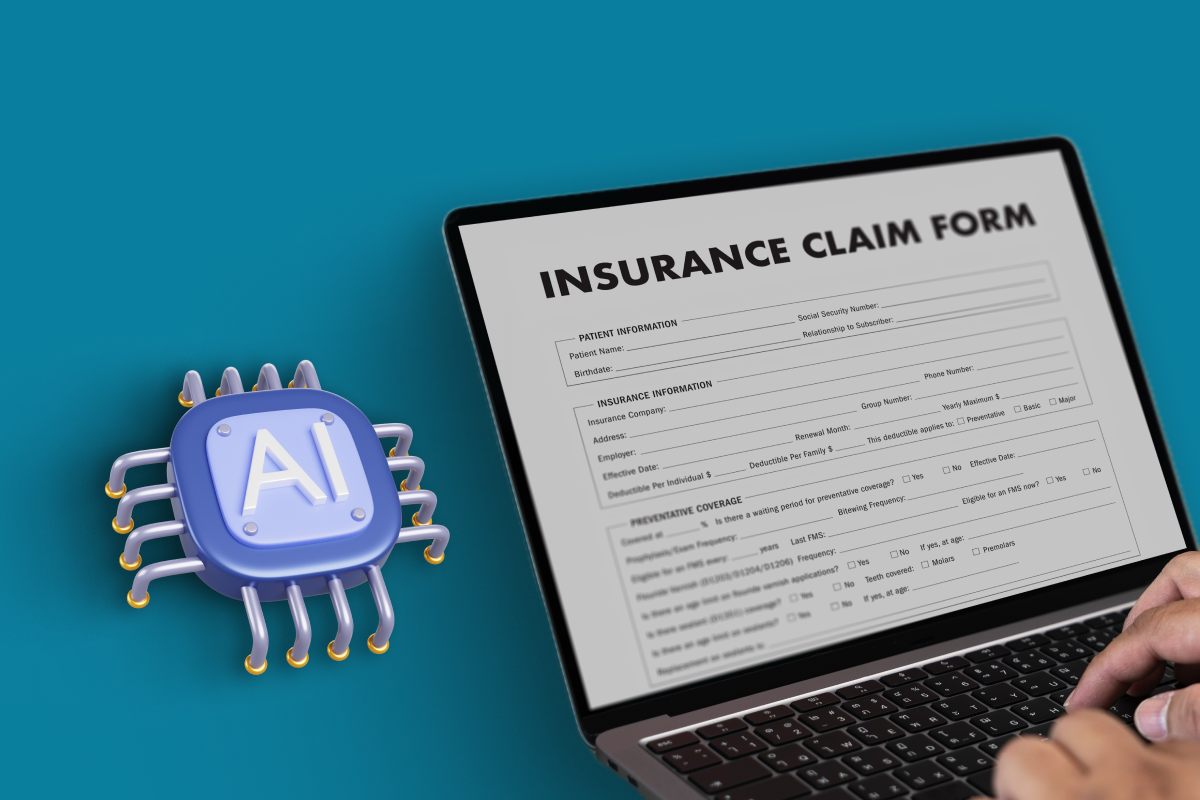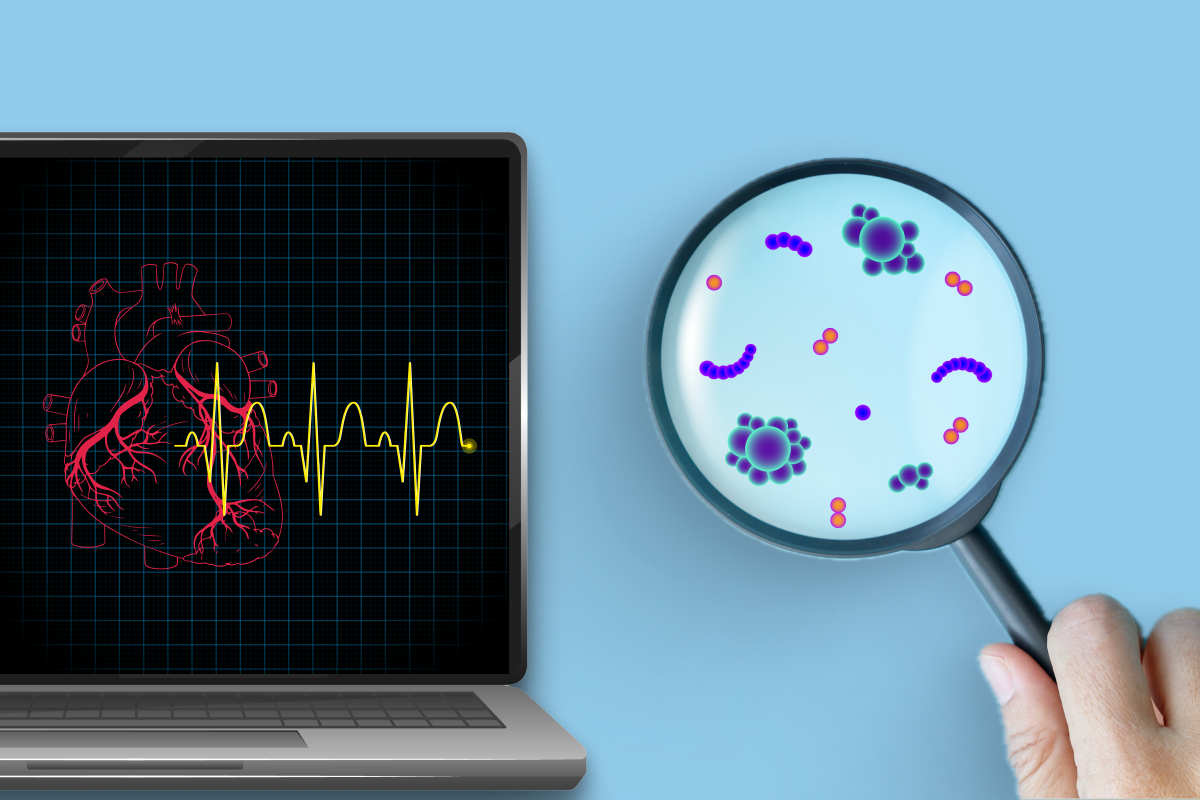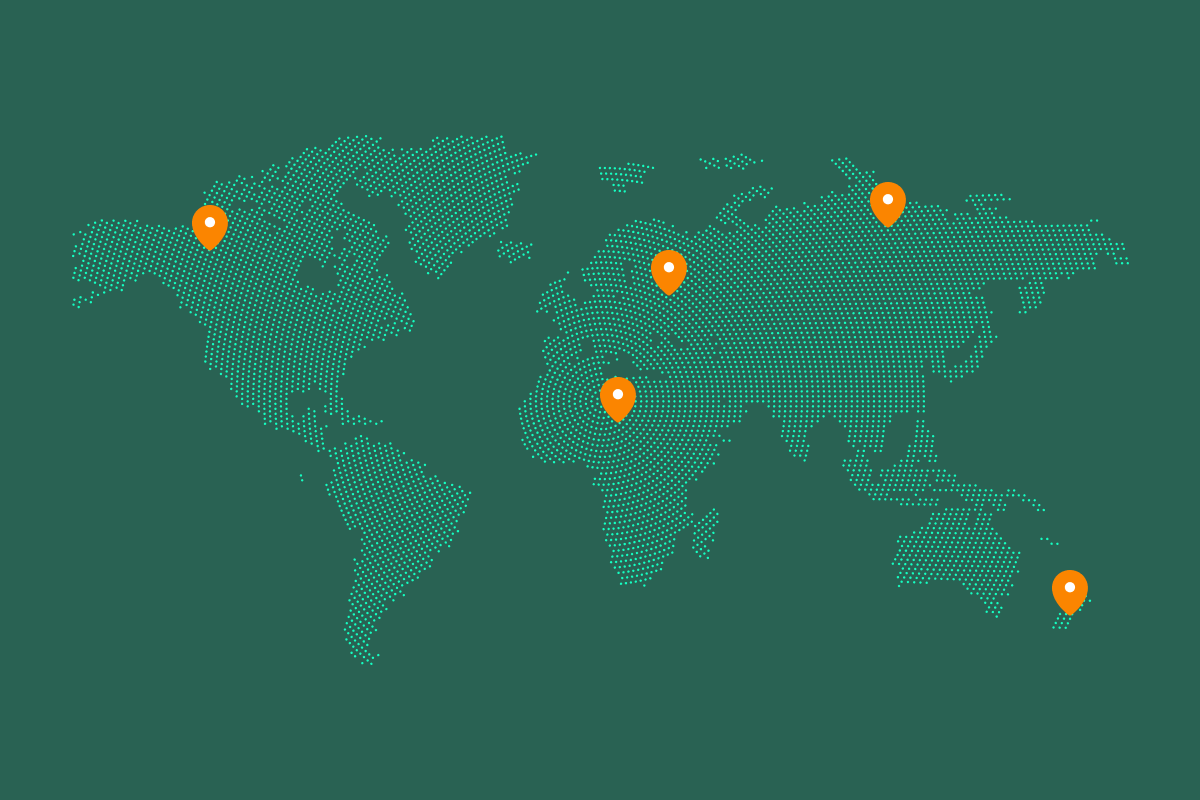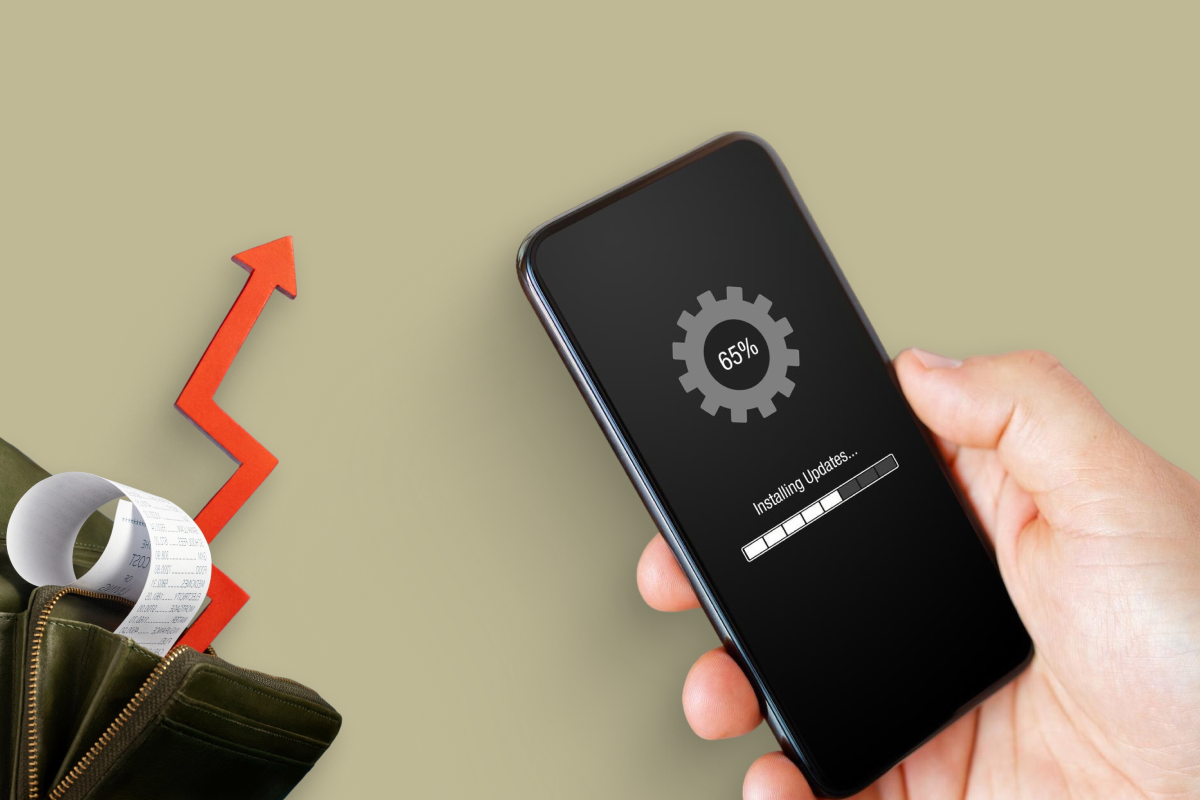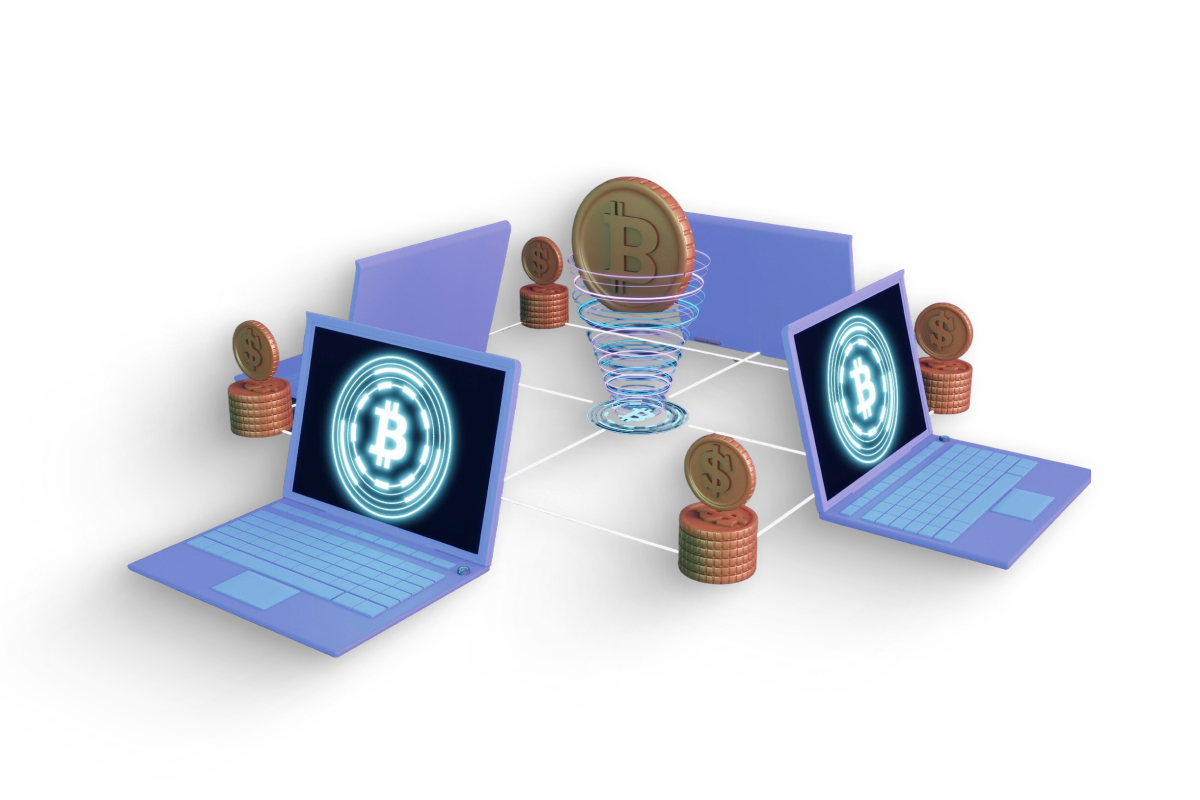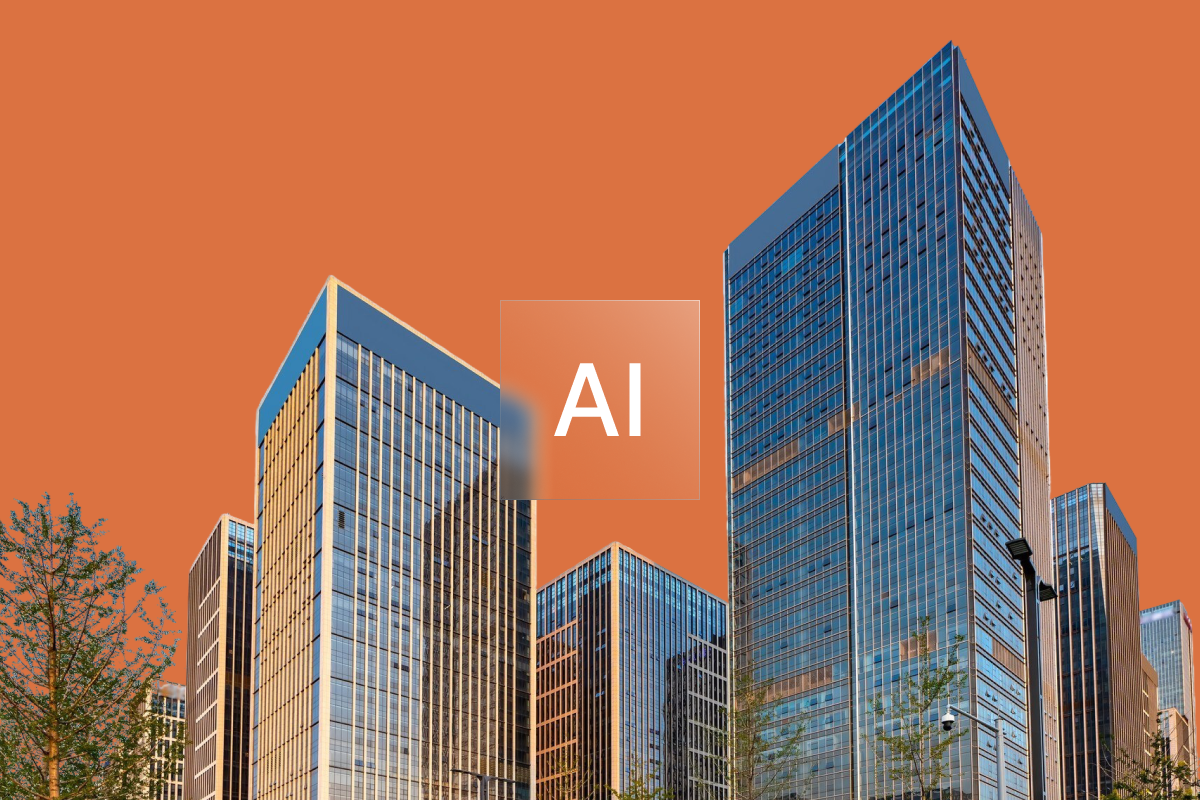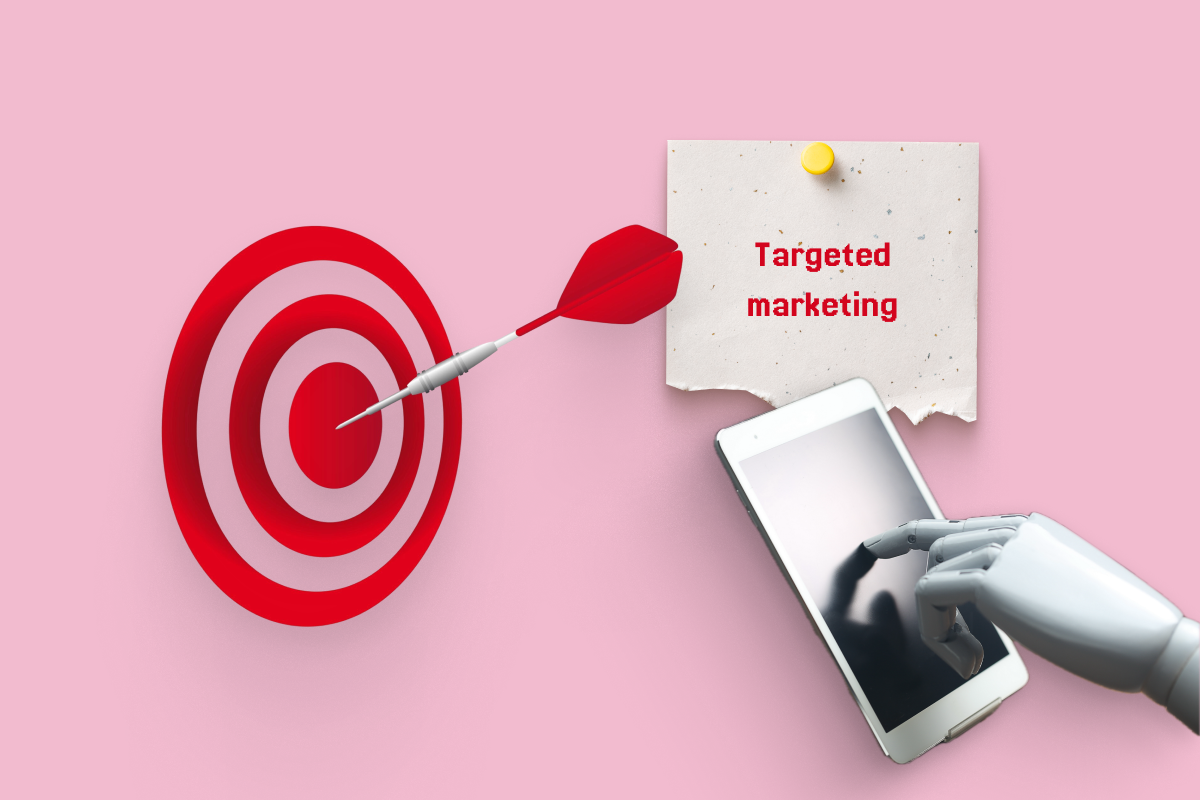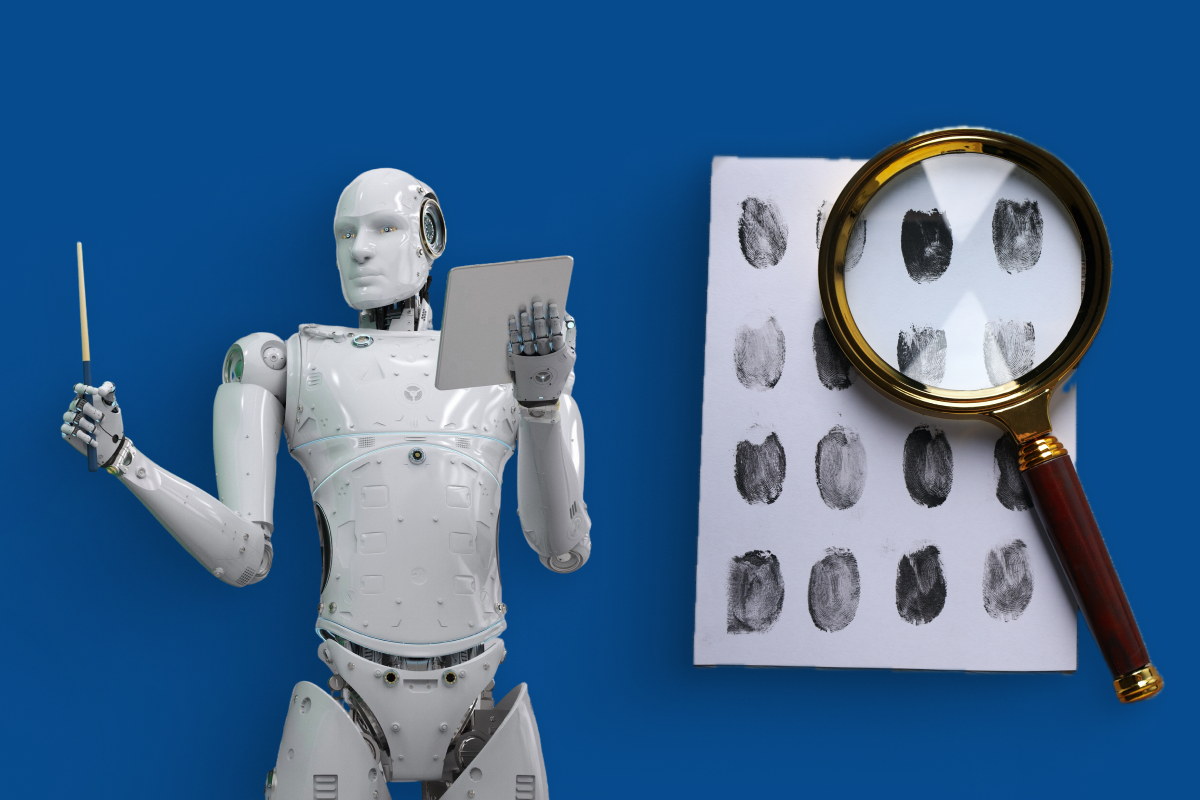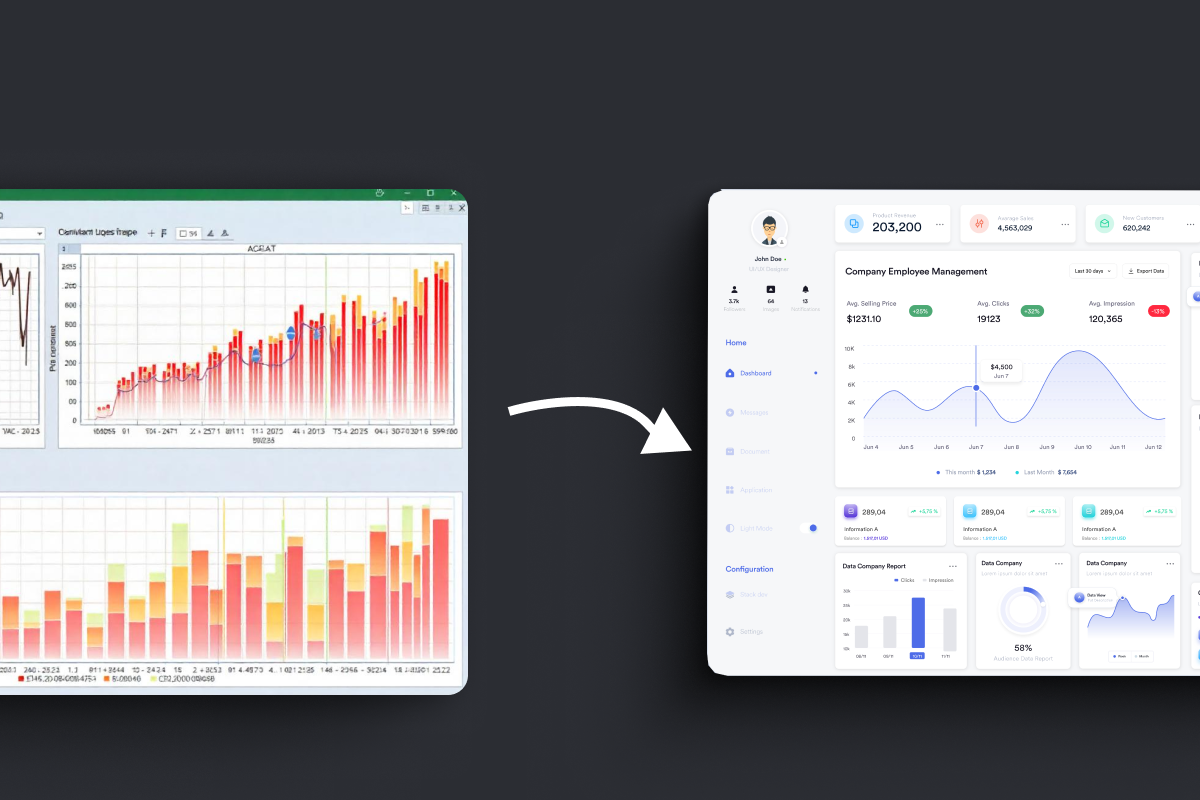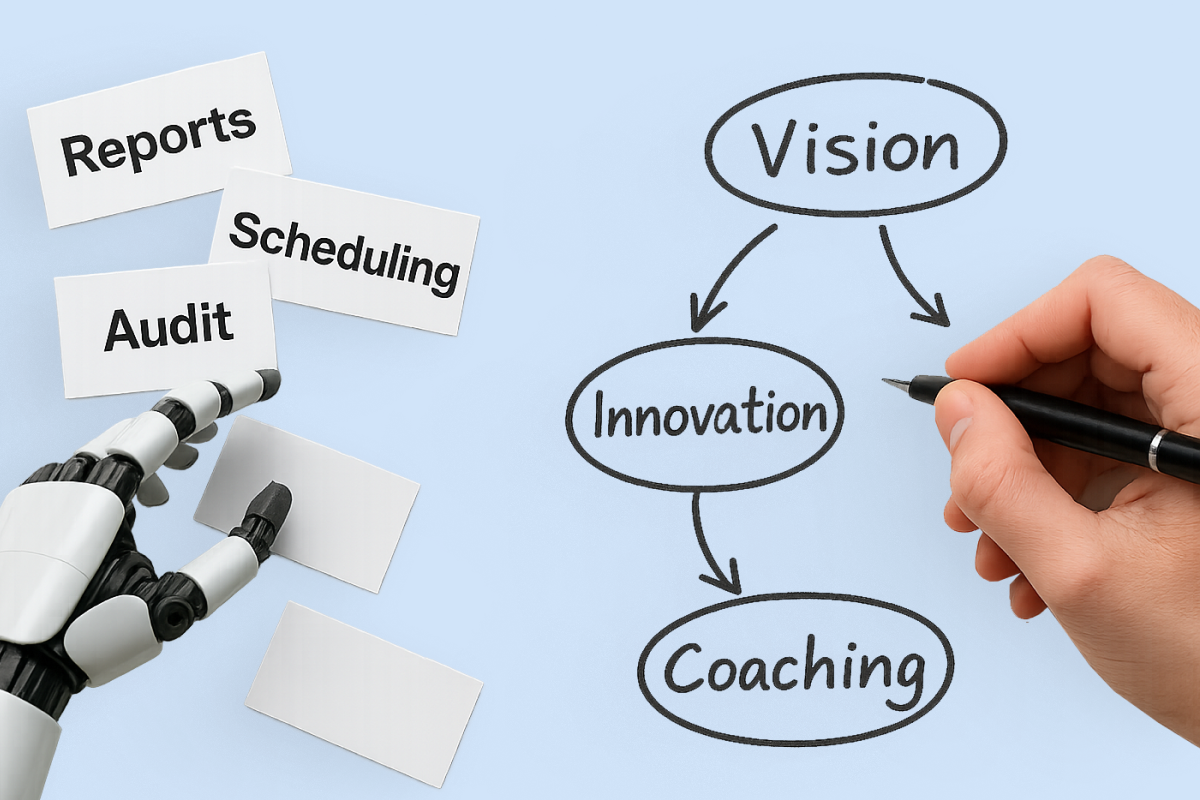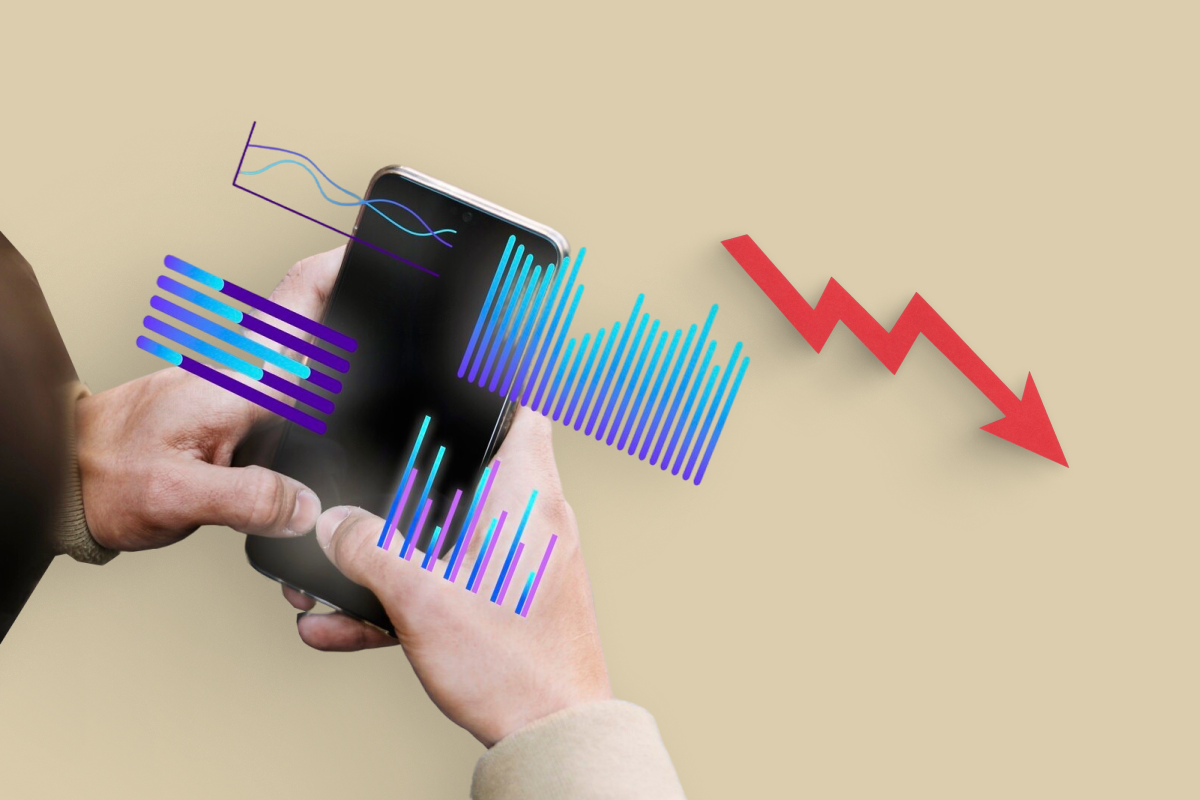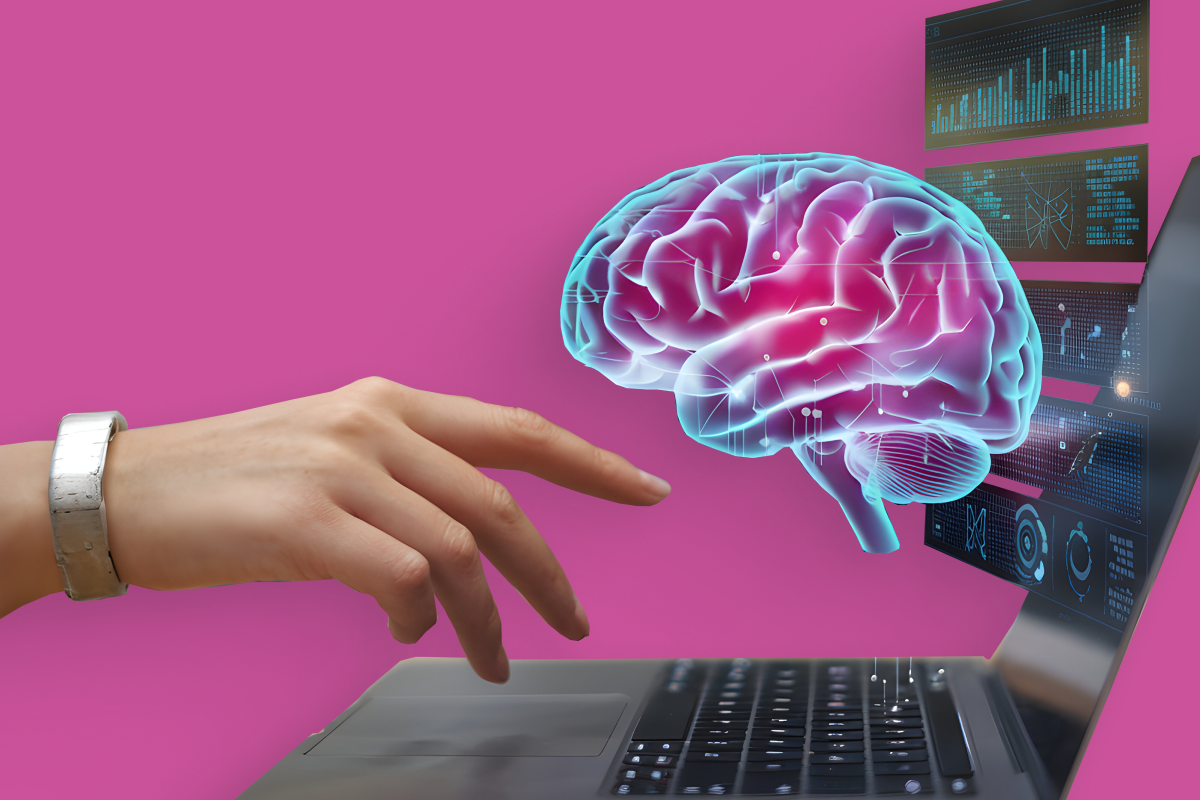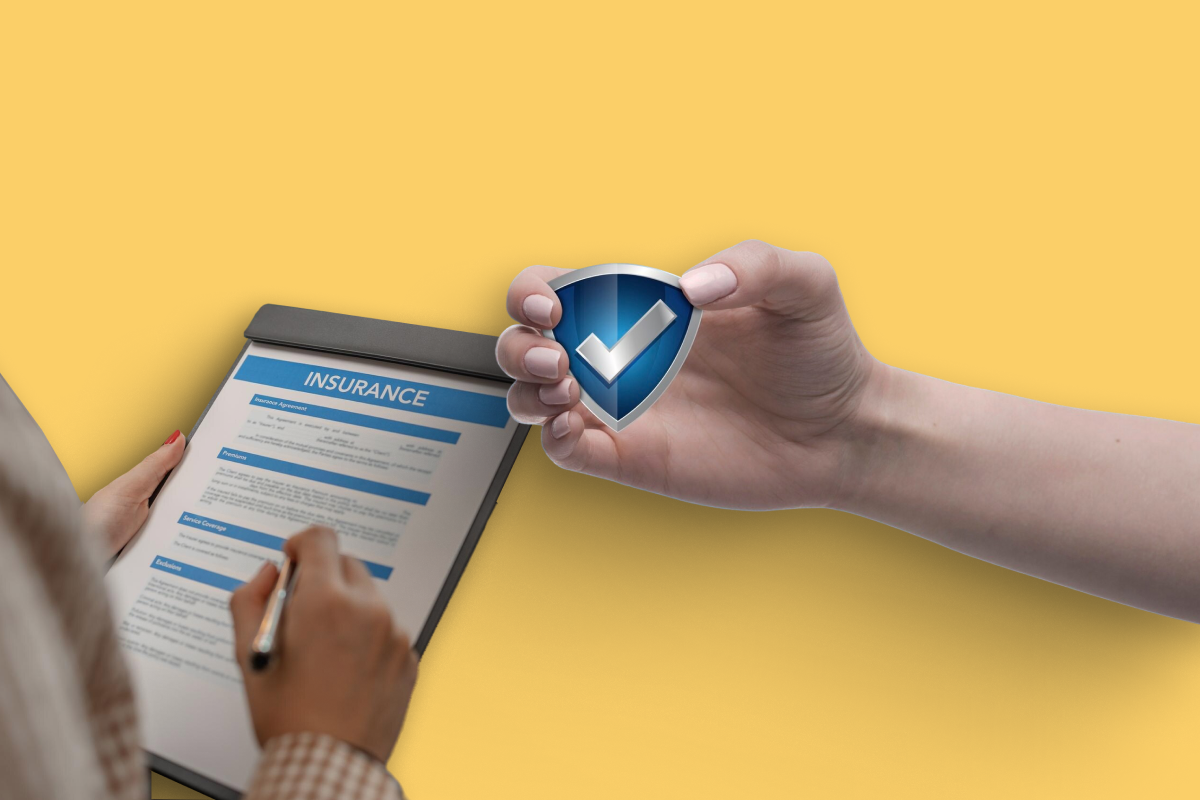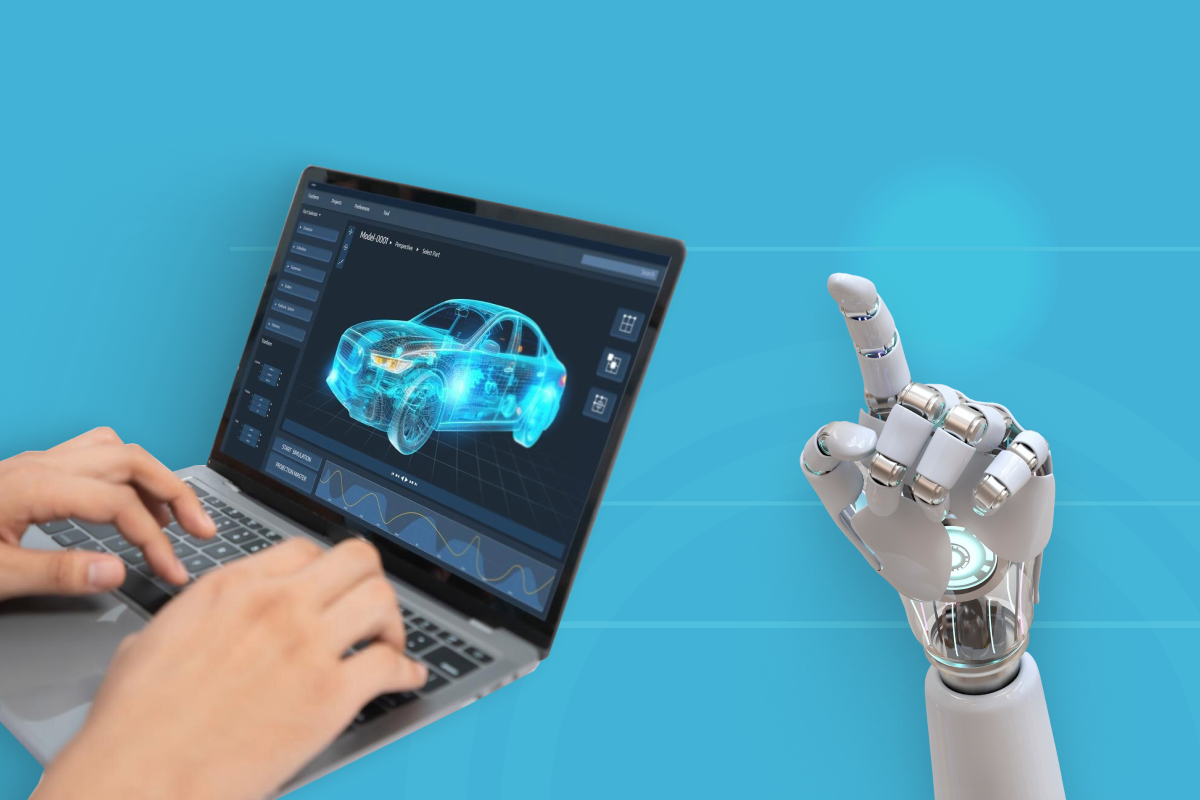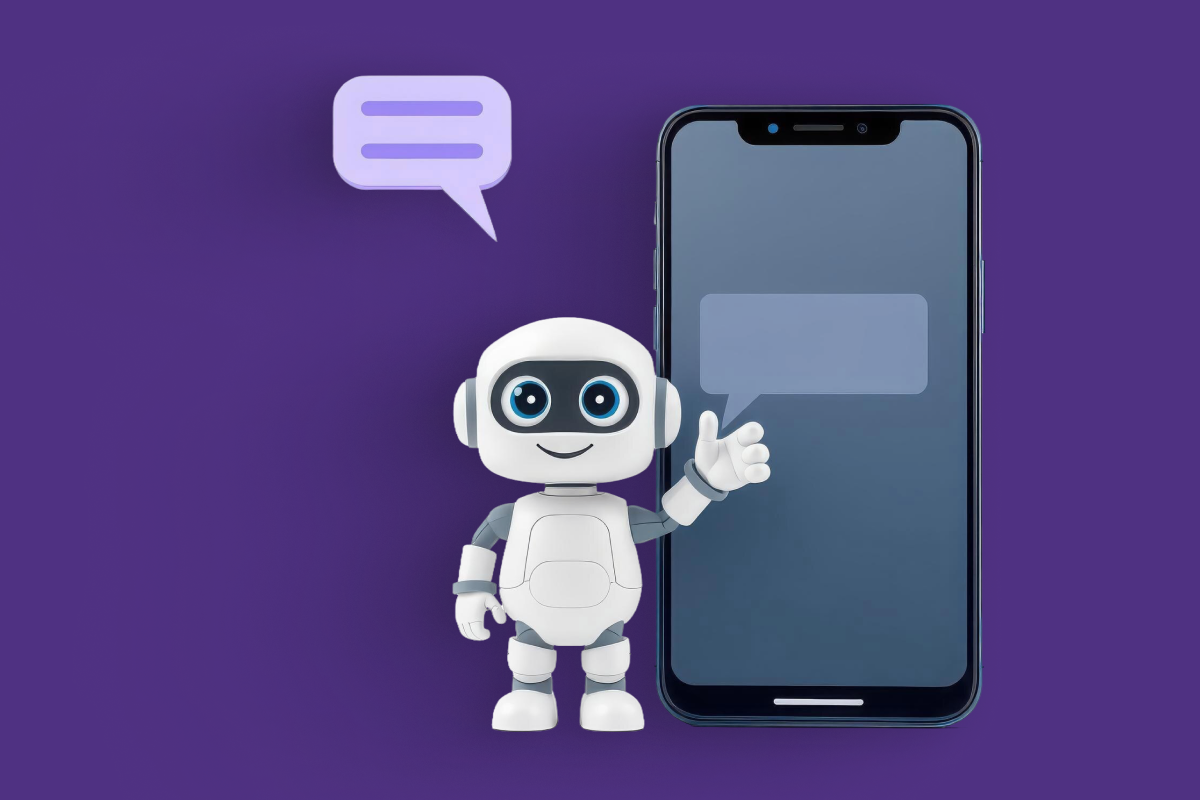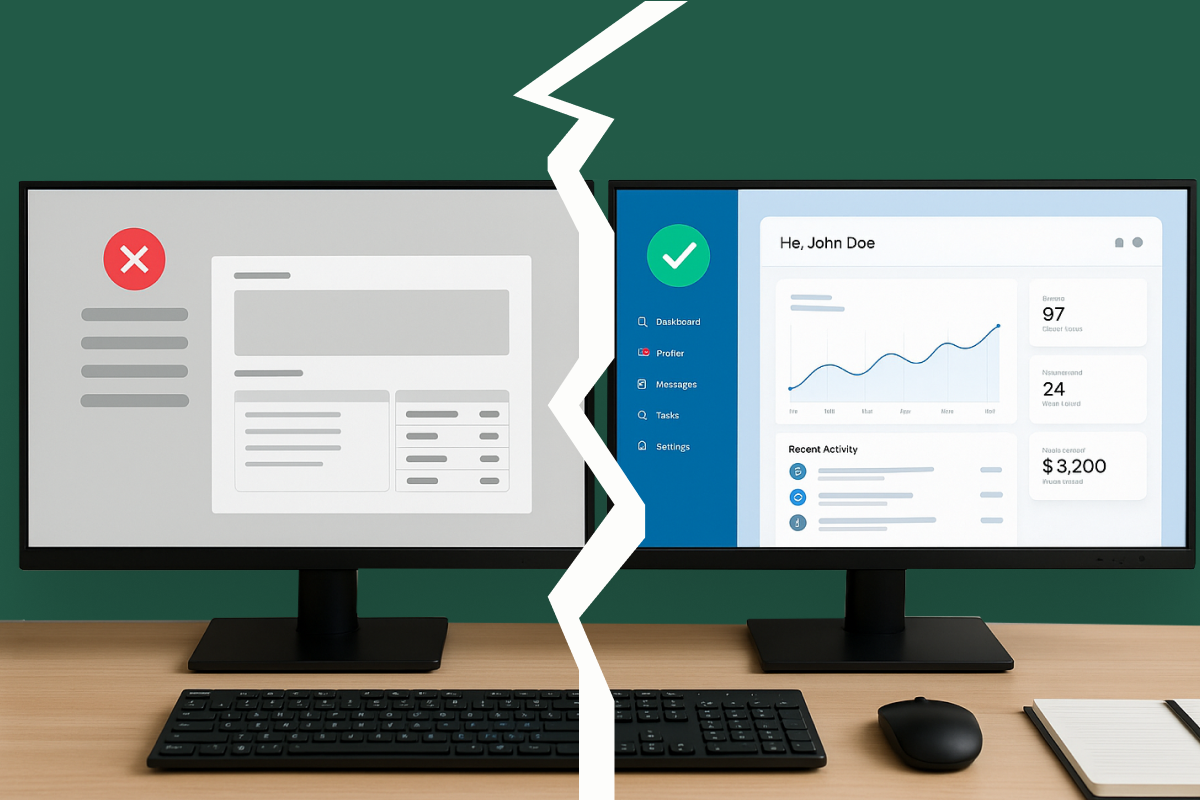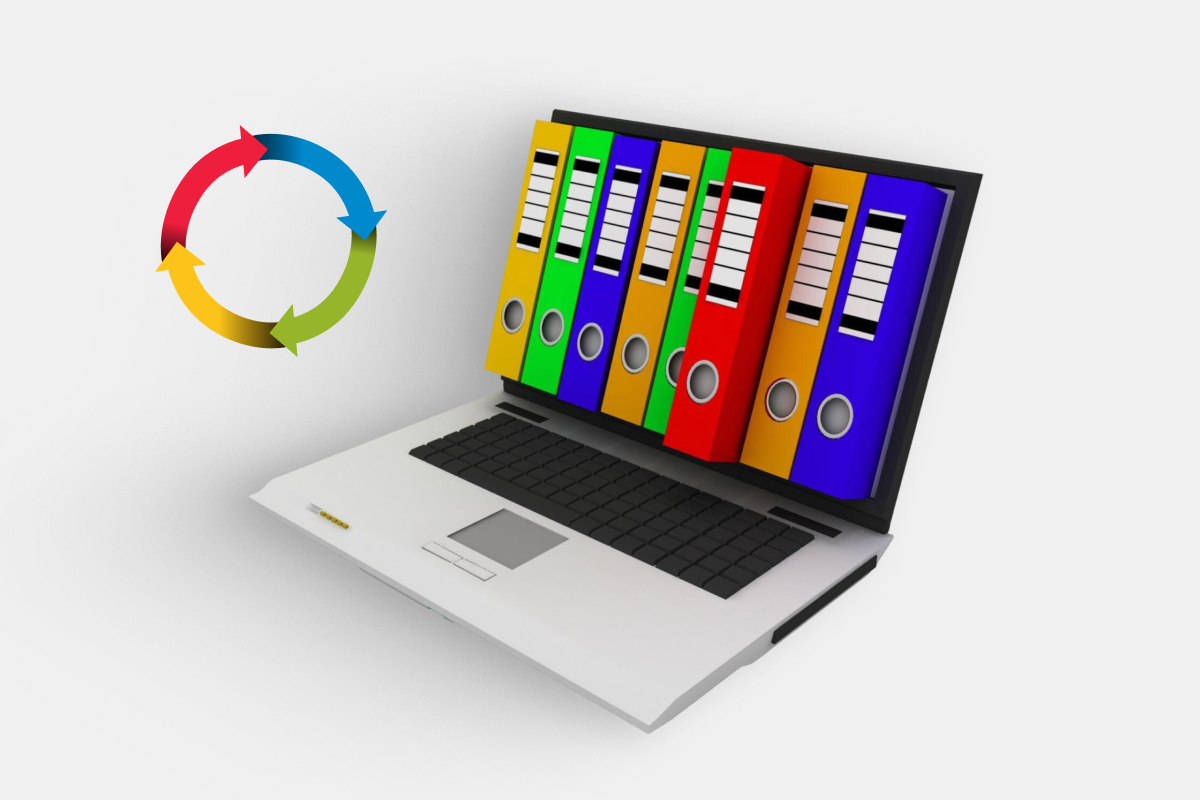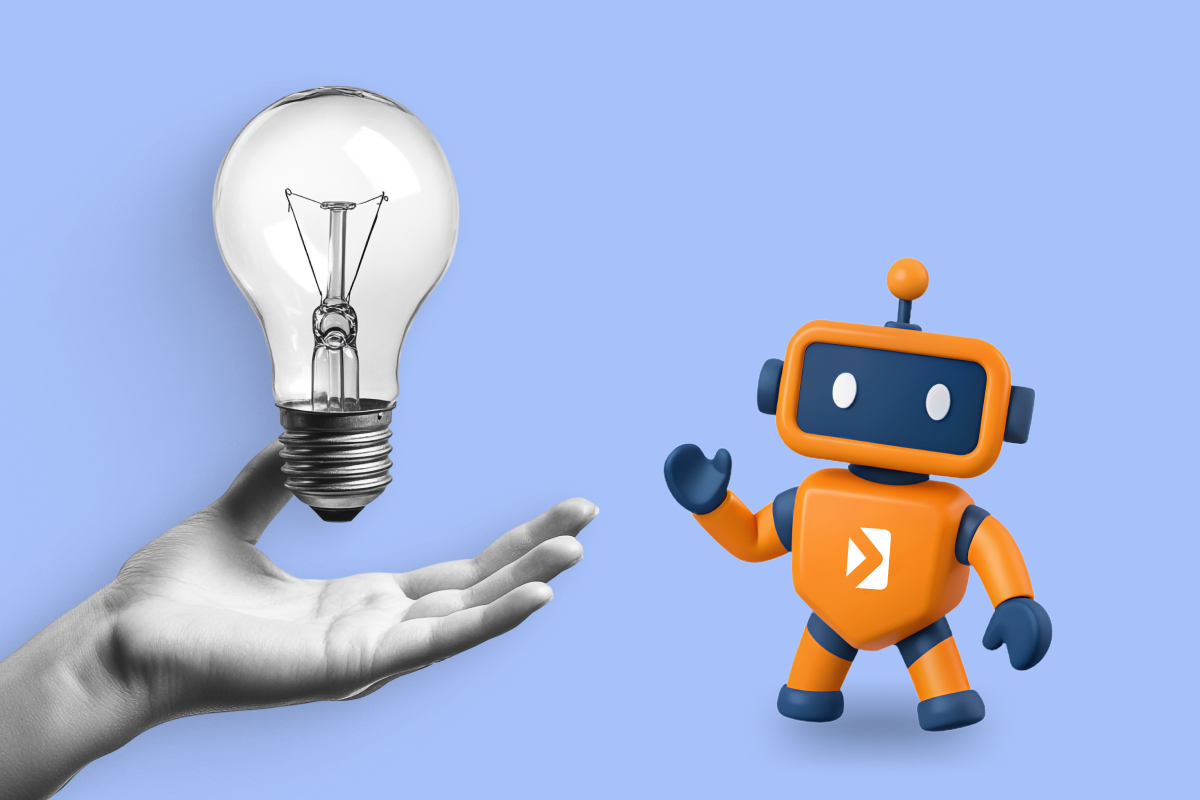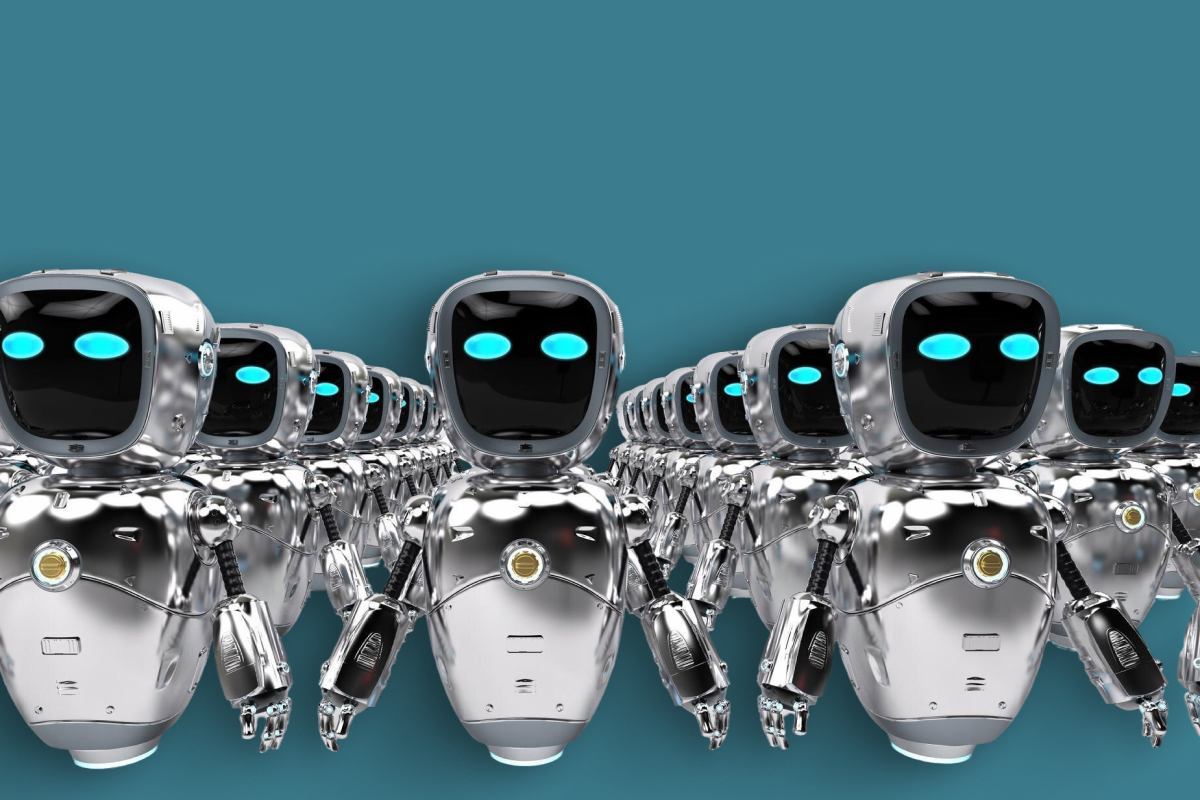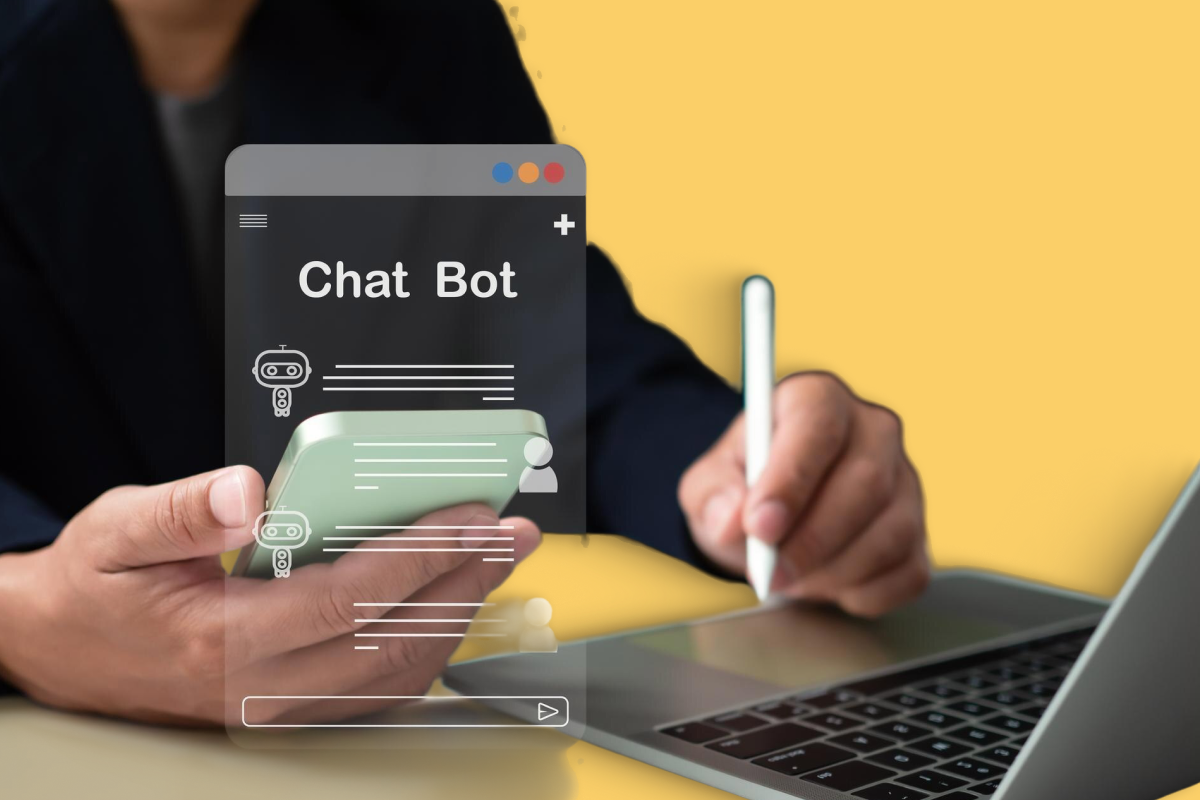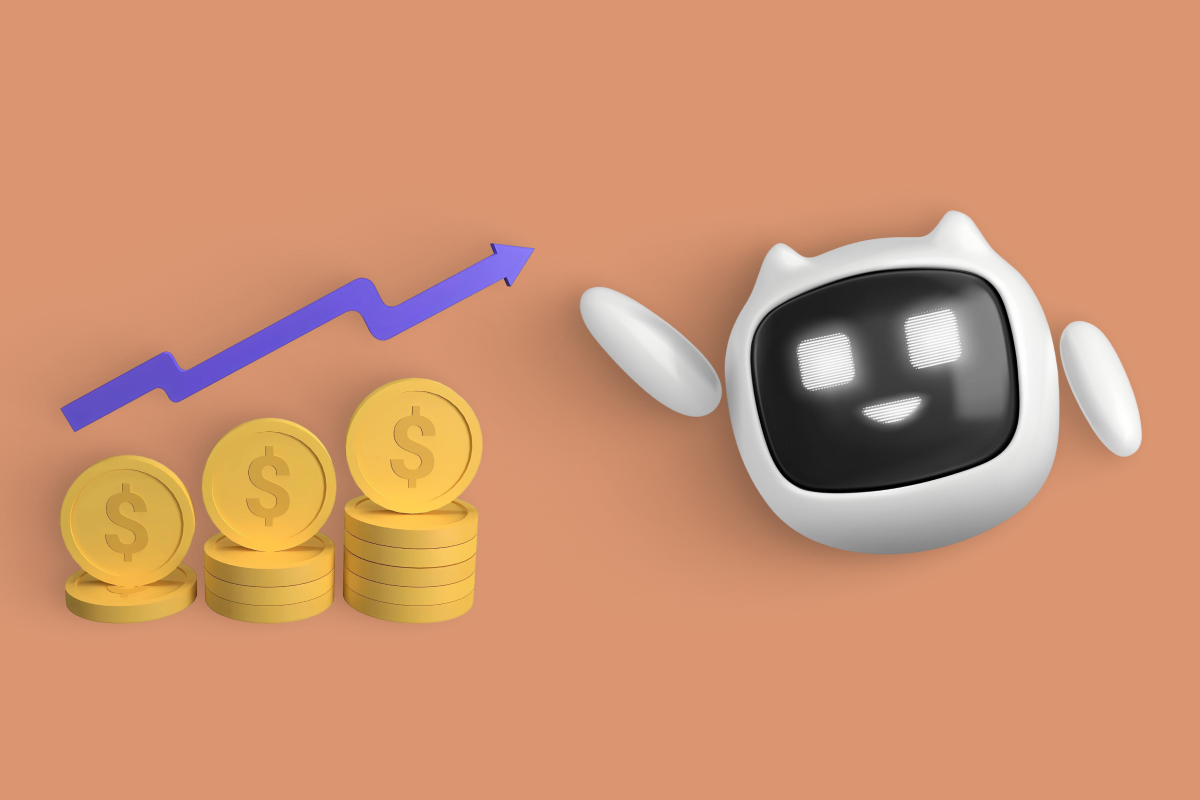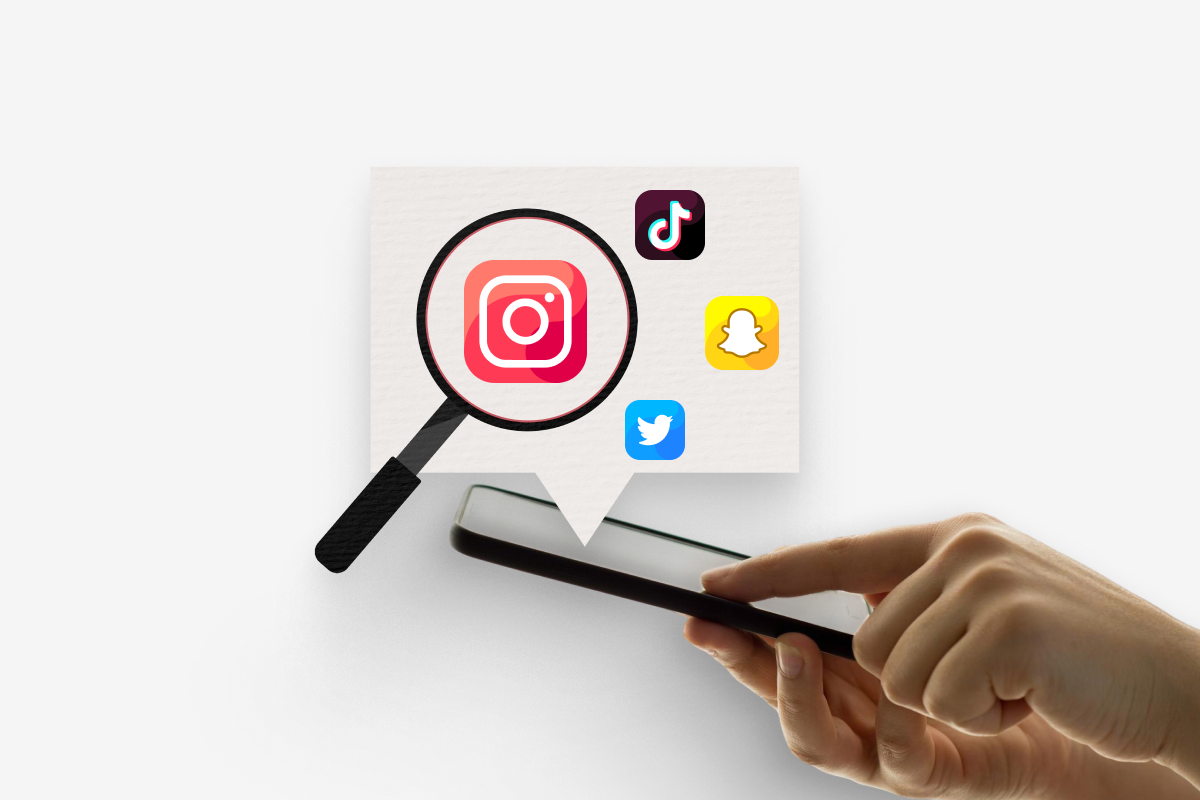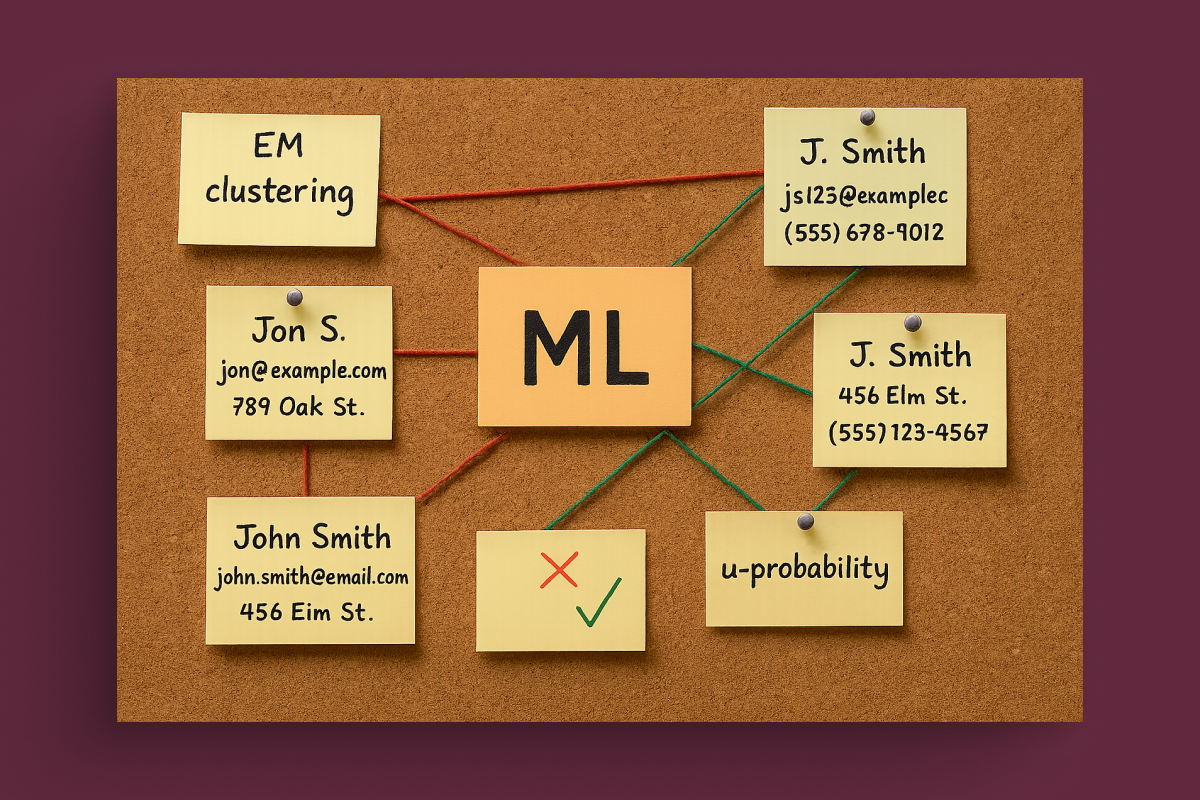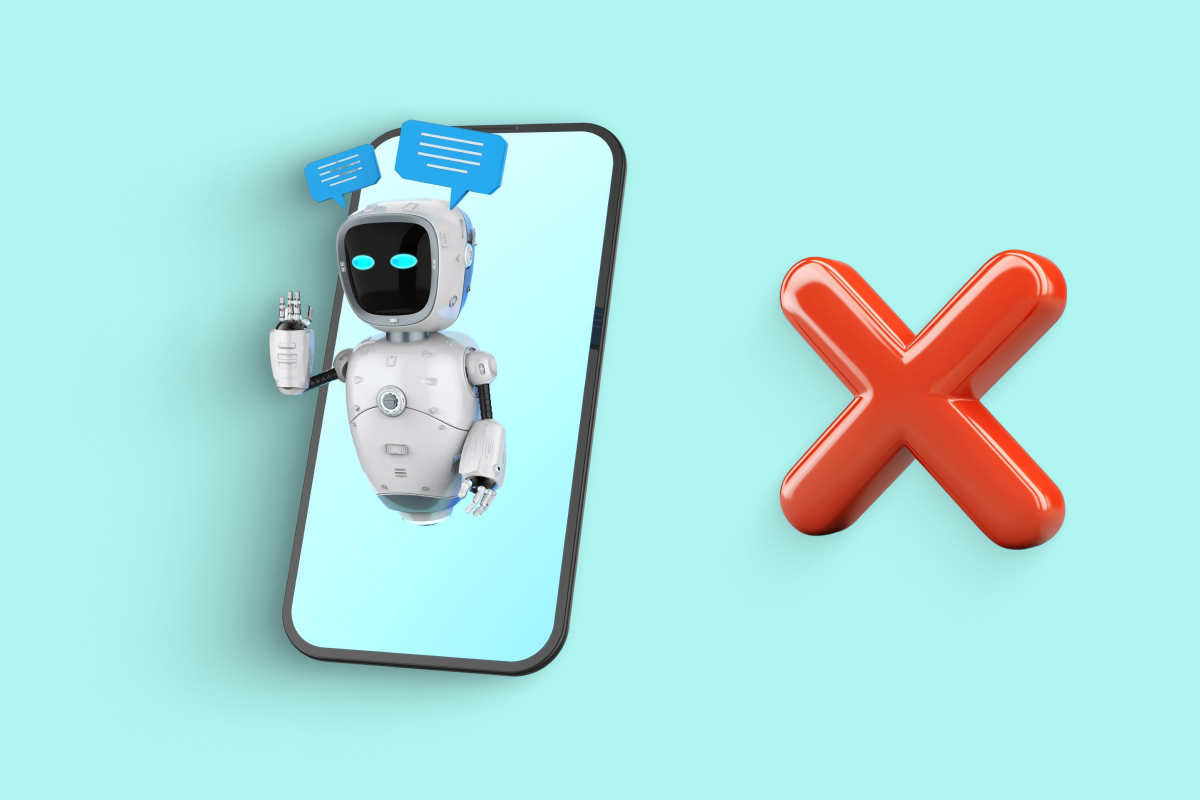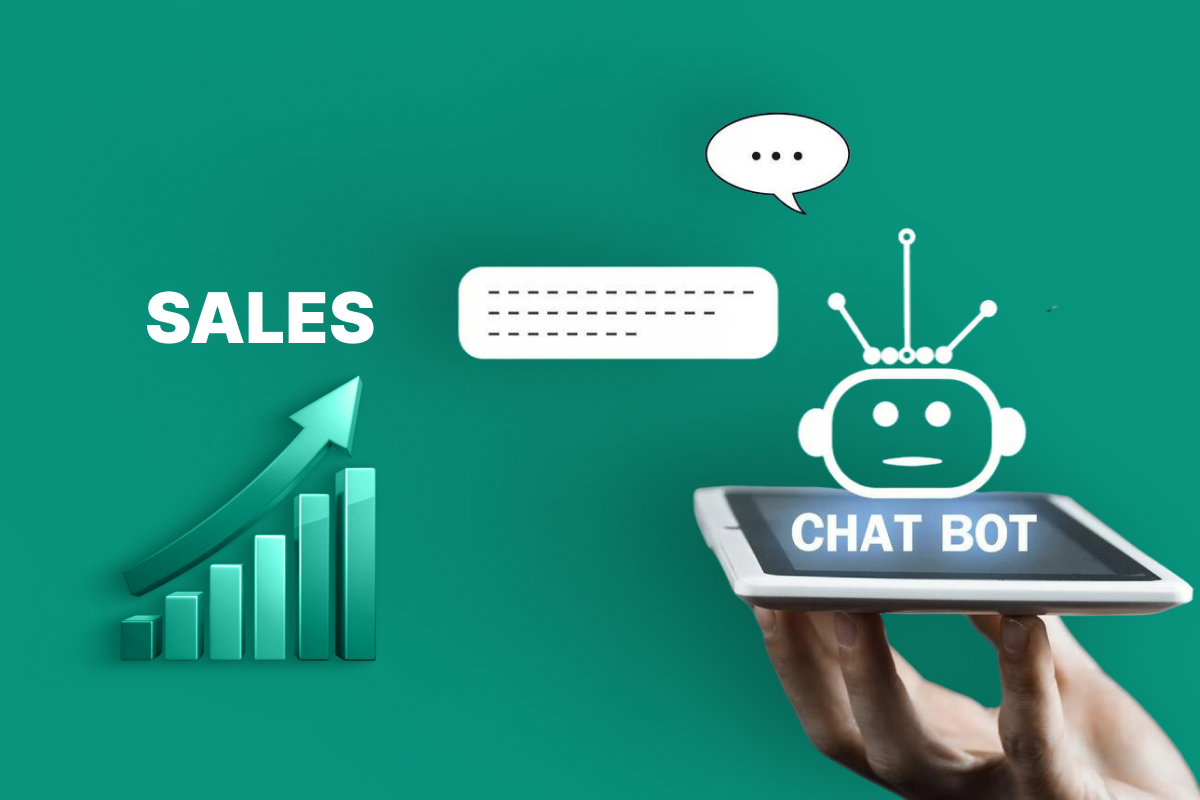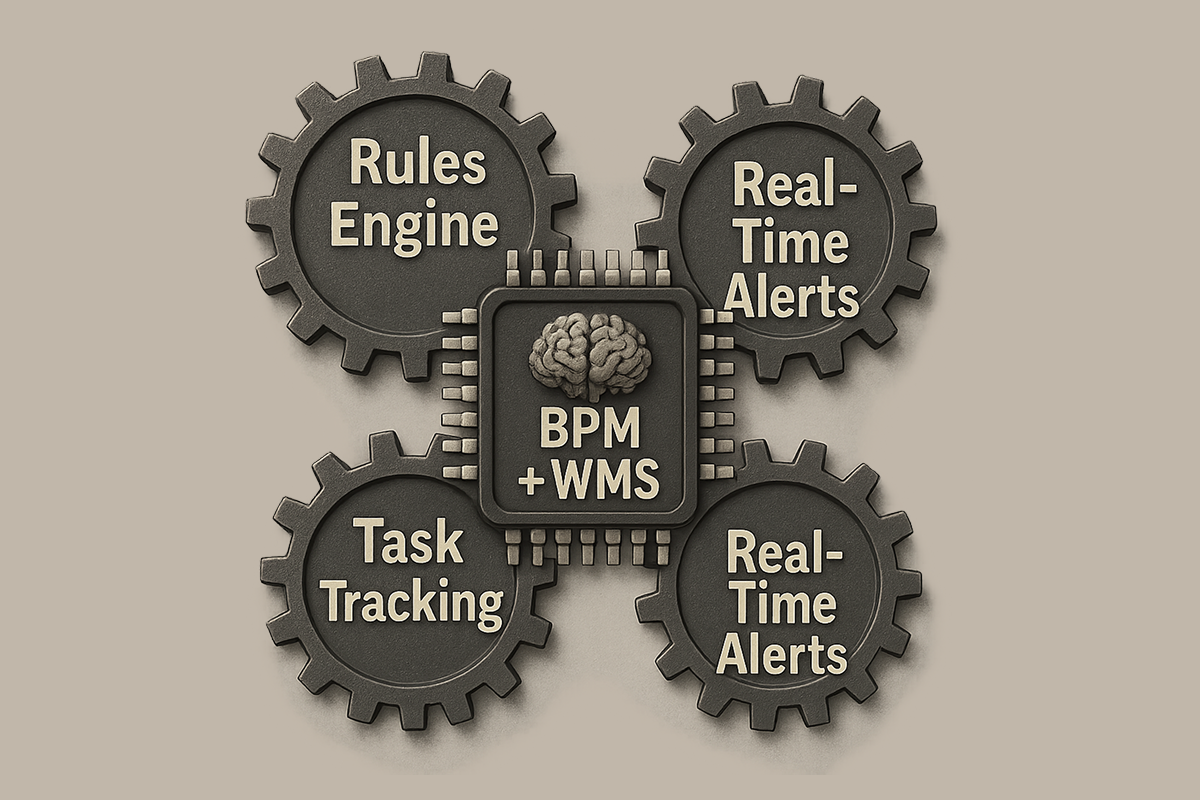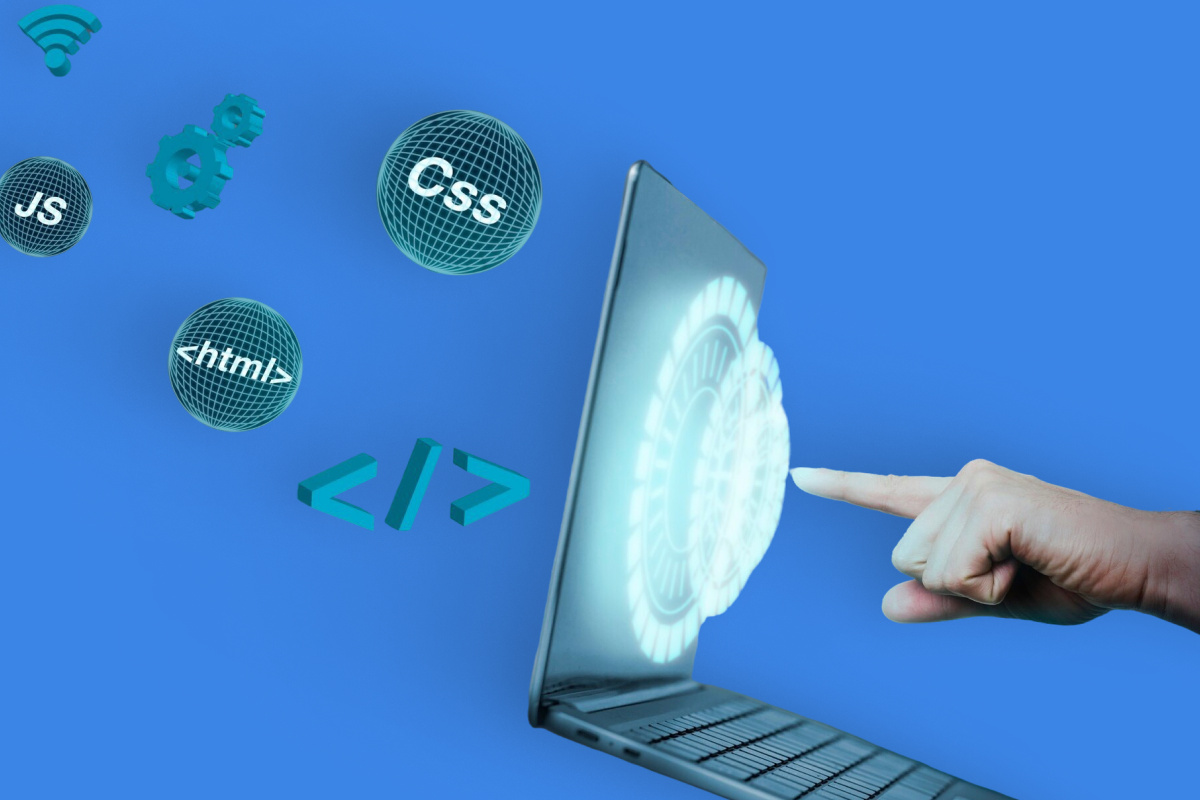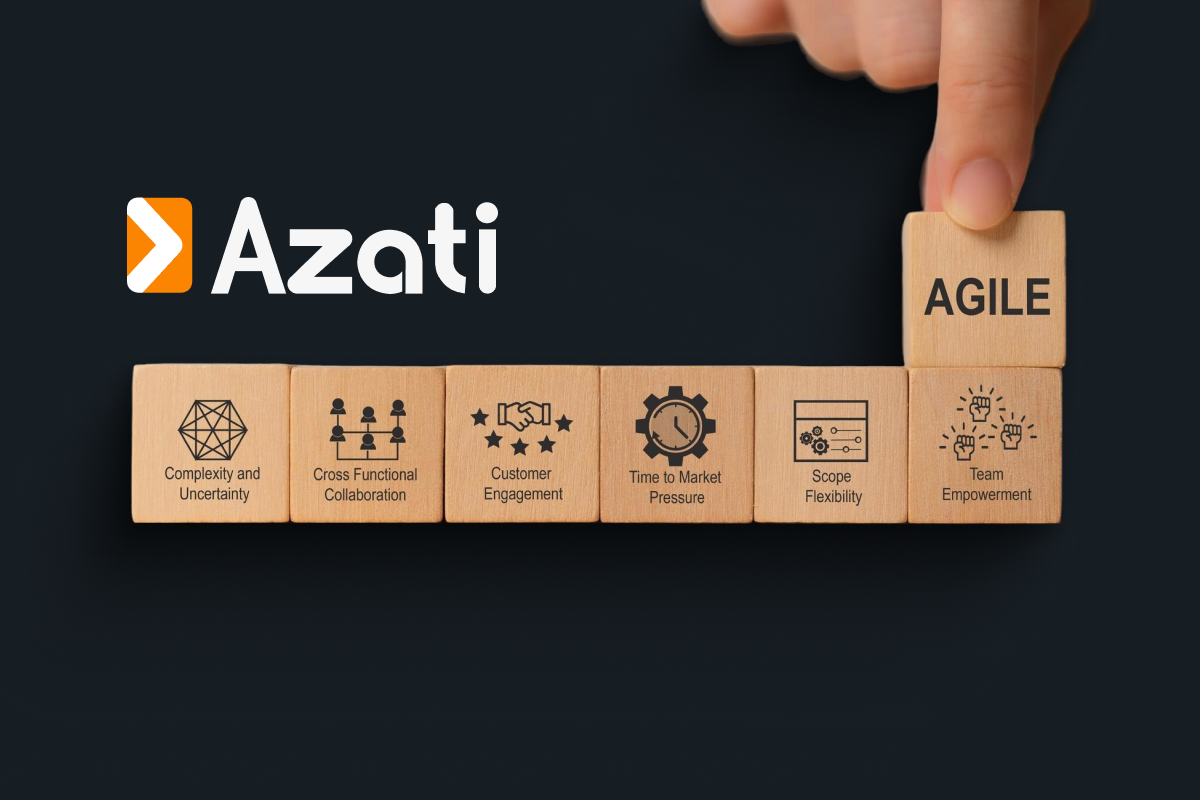Every day, healthcare professionals process millions of words in patient records, clinical notes, and research papers. What if AI could understand this medical language as well as-or better than human doctors? Welcome to the world of Natural Language Processing in healthcare, where machines are learning to 'read' medical information and revolutionizing patient care in ways we never imagined possible.
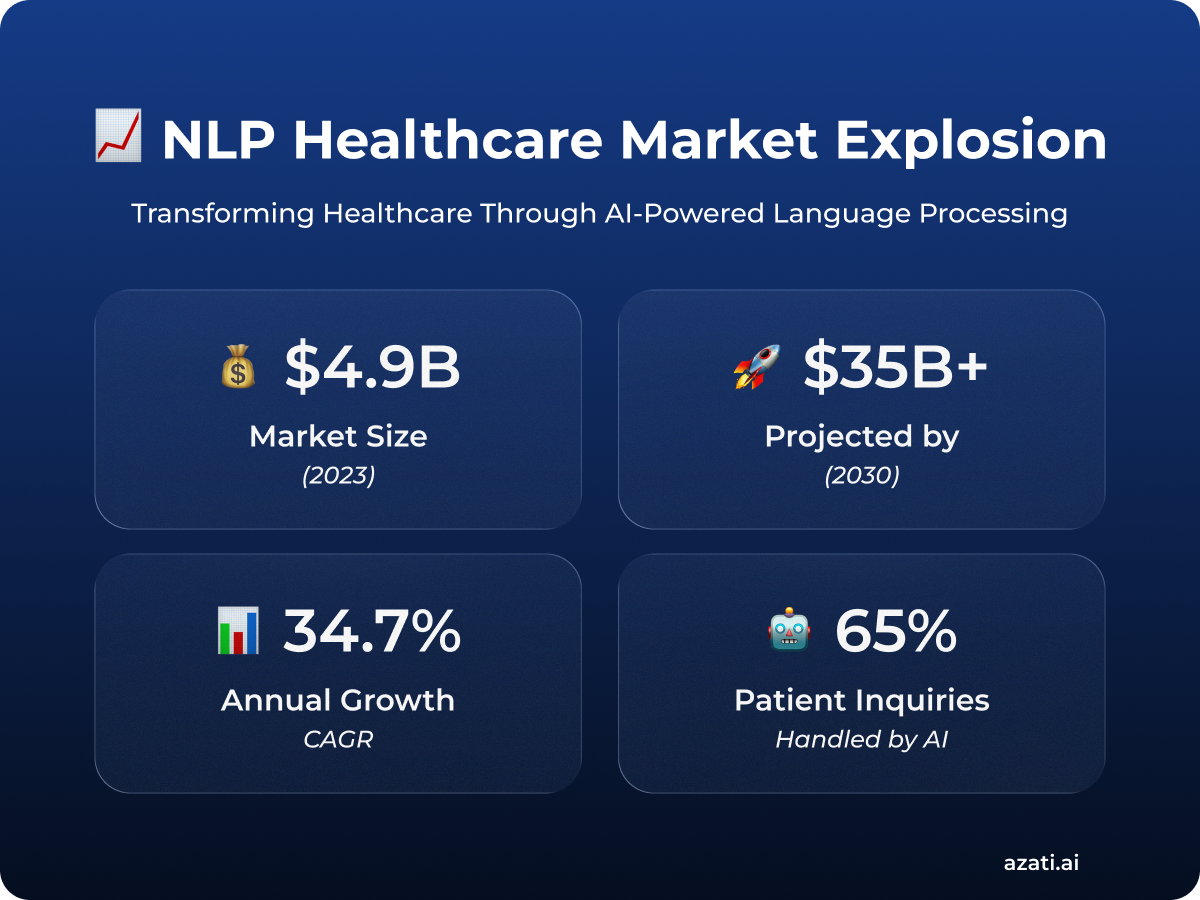
Natural Language Processing has evolved far beyond simple voice commands. Today, this artificial intelligence technology is transforming how healthcare organizations process unstructured data, make clinical decisions, and interact with patients.
The healthcare industry creates over 2.3 exabytes of data every day. NLP is important for discovering valuable information. It helps analyze the large amounts of text found in electronic health records, clinical notes, and medical literature.
What is Natural Language Processing & How Does It Work in Healthcare?
Natural Language Processing (NLP) combines computer science, artificial intelligence, and linguistics to help machines understand and interpret human language. In healthcare, this technology analyzes medical text, speech, and documents. It extracts useful information to improve patient care and help with clinical decisions.
The foundation of healthcare NLP lies in transforming unstructured medical data into structured, actionable insights. This process involves sophisticated machine learning models trained on medical vocabularies, clinical terminologies, and healthcare-specific language patterns.
Essential NLP Data Processing Steps
- Tokenization: Breaking down medical text into smaller components - sentences, phrases, and individual words. This is crucial for processing clinical notes where medical terminology and abbreviations are common.
- Medical Text Normalization: Converting medical abbreviations (e.g., "HTN" to "hypertension"), standardizing drug names, and handling medical terminology variations to ensure consistent data processing.
- Clinical Entity Recognition: Advanced stemming and lemmatization specifically designed for medical language, handling complex medical terms and their variations (e.g., "cardiac," "cardiology," "cardiologist").
- Medical Part-of-Speech Tagging: Identifying medical entities like symptoms, medications, procedures, and anatomical references within clinical text.
Core NLP Technologies Revolutionizing Healthcare
Optical Character Recognition (OCR)
Modern healthcare OCR goes beyond simple text recognition. Today's systems can process handwritten physician notes, prescription pads, medical forms, and even complex medical imaging reports. This technology eliminates paper storage bottlenecks and enables instant digitization of critical patient information.
Named Entity Recognition (NER) in Clinical Settings
Healthcare NER systems can find and classify medical terms accurately. They recognize drug names, dosages, medical conditions, body parts, and treatment methods in clinical text. This capability enables automated clinical coding, drug interaction checking, and population health analytics.
Clinical Sentiment Analysis
This involves analyzing text to identify the emotional tone it expresses. Sentiment analysis aids in understanding the author's perspective on the subject. These tools classify texts into positive, neutral, or negative categories.
Healthcare sentiment analysis goes beyond just positive or negative feelings. It can measure patient satisfaction and how confident doctors are in their diagnoses. It can also show how well patients follow treatment plans. Additionally, it can spot early signs of mental health issues by looking at language patterns in patient communications.
Medical Text Classification and Topic Modeling
Text Classification is one of the significant NLP tasks of assigning an appropriate category to a sentence or document.
Advanced classification systems can automatically categorize medical documents by specialty, urgency level, diagnosis codes, and treatment categories.
Topic modeling helps identify emerging health trends, research gaps, and clinical best practices across large medical datasets.
Let’s imagine a situation. I am a data analyst and need to learn about electrocardiography in the shortest possible time. Topic modeling can guide me by pointing to relevant projects, practical examples, and theoretical resources.
It can also highlight key areas of cardiology and list recent studies. This approach groups information by topic and helps me find the necessary details quickly.
7 Game-Changing NLP Applications Transforming Healthcare
Let us have a look at the most compelling use cases associated with Natural Language Processing in Healthcare:
1. AI Medical Chatbots and Virtual Health Assistants
Today's digital world is overwhelmed with chatbots or virtual assistants across many industries, and Healthcare is no exception. With new technology and medical knowledge, smarter bots called Conversational AI Platforms have started to appear. Such virtual assistants can analyze patient responses, ask clarifying questions, and make specific recommendations. The best of these systems help the doctor make a preliminary diagnosis by collecting the necessary data.
The latest generation of healthcare chatbots combines large language models with medical knowledge graphs to provide sophisticated patient interactions. These systems can conduct preliminary assessments, provide medication reminders, answer complex medical questions, and even assist with chronic disease management.
2. Ambient Clinical Intelligence and Documentation
This cutting-edge application uses real-time NLP to automatically generate clinical documentation during patient visits. Physicians can focus entirely on patient care while AI captures, structures, and codes the conversation into comprehensive medical records.
Real-world Impact: Ambient clinical intelligence systems reduce documentation time from 2+ hours to 15 minutes per patient, while improving note quality and reducing physician burnout.
3. Clinical Decision Support Systems
NLP-powered clinical decision support analyzes patient data in real-time, cross-references medical literature, and provides evidence-based treatment recommendations. These systems can identify potential drug interactions, suggest diagnostic tests, and alert physicians to critical patient conditions.
4. Intelligent Clinical Trial Matching
Advanced NLP systems analyze patient records, medical histories, and genetic data to automatically identify eligible candidates for clinical trials. This helps solve a critical problem. About 20% of U.S. oncology trials fail to meet enrollment targets because of manual recruitment processes.
5. Precision Medicine and Genomic Analysis
NLP processes vast amounts of genetic research, patient genomic data, and medical literature to identify personalized treatment options. This includes analyzing drug-gene interactions, predicting treatment responses, and identifying optimal therapeutic approaches for individual patients.
6. Population Health Analytics and Surveillance
Large-scale NLP systems analyze social media, electronic health records, and public health data. They help identify disease outbreaks, track health trends, and predict public health challenges.
This capability proved crucial during the COVID-19 pandemic for early detection and response.
7. Mental Health Monitoring and Support
Specialized NLP models can analyze language patterns in patient communications, therapy notes, and digital interactions to identify early signs of depression, anxiety, and other mental health conditions. These systems provide continuous monitoring and alert healthcare providers to patients who may need immediate attention.
NLP Healthcare: What's Coming Next?
- Multimodal AI Integration: Combining text, speech, and visual data for comprehensive patient assessment.
- Real-time Clinical Reasoning: AI systems that can explain their diagnostic reasoning in natural language.
- Personalized Health Communication: AI that adapts communication style to individual patient preferences and health literacy levels.
- Predictive Health Analytics: NLP systems that can predict health risks months or years in advance.
- Global Health Language Processing: Multilingual medical AI that can process health data across different languages and cultural contexts.
Large Language Models Transforming Medical Practice
The emergence of sophisticated large language models (LLMs) like ChatGPT, Claude, and specialized medical AI systems represents a paradigm shift in healthcare NLP. These models can perform complex medical reasoning. They can combine research findings and explain medical concepts clearly. This language is easy for both healthcare professionals and patients to understand.
Medical Knowledge Synthesis
LLMs can quickly analyze many medical research papers, clinical guidelines, and case studies. They provide clear summaries and suggest treatment options based on the latest evidence. This capability is particularly valuable for rare diseases where expertise may be limited.
Clinical Reasoning and Explanation
Advanced NLP systems can now explain their reasoning. They can provide different diagnoses and guide clinical decision-making. This helps in medical education and clinical practice.
Azati's Innovation in Healthcare NLP
At Azati, we're at the forefront of healthcare NLP innovation. We are developing cutting-edge solutions that address real-world medical challenges. Our team has created advanced machine learning models specifically designed for pharmaceutical marketing analysis, clinical data processing, and medical research automation.
Our Healthcare NLP Solutions Include:
- Pharmaceutical Marketing Intelligence: Automated analysis of physician questionnaires and feedback correlation with marketing strategies.
- Clinical Data Mining: Advanced text mining for identifying patterns in medical records and research literature.
- Medical Knowledge Extraction: AI systems that can identify and categorize medical insights from unstructured data.
- Automated Report Generation: Intelligent systems that create comprehensive evaluation reports for pharmaceutical companies and healthcare organizations.
Healthcare IT Outsourcing: Boosting NLP Efficiency
Implementing AI-powered NLP solutions in healthcare requires not only advanced algorithms but also a solid IT infrastructure. Many healthcare providers are now adopting healthcare IT outsourcing to reduce operational costs, streamline administrative workflows, and maintain compliance with regulations such as HIPAA and GDPR. Outsourcing IT services allows organizations to access skilled professionals, accelerate technology deployment, and implement AI and NLP solutions faster and more efficiently.
The Future of AI-Powered Healthcare
By 2030, NLP will process 80% of all clinical documentation automatically, fundamentally transforming how healthcare professionals interact with medical information.
The trajectory of NLP in healthcare is clear. We are moving toward a future where artificial intelligence seamlessly integrates into every aspect of medical practice. Ambient clinical intelligence can now document patient visits in real time.
Predictive models can identify health risks years in advance. NLP is becoming the invisible infrastructure that powers modern healthcare.
The healthcare NLP market is growing quickly. It is expected to reach over $35 billion by 2030. We can look forward to more advanced applications in the future.
The combination of large language models, multimodal AI, and specialized medical knowledge will create new chances. These improvements will help patients get better results. They will also reduce healthcare costs. Additionally, more people will have access to high-quality medical care.
The revolution in healthcare NLP is not just about technology. It is about rethinking how we can use artificial intelligence. This will help us create better, more personal, and efficient healthcare for everyone.
As these technologies continue to evolve, the organizations that embrace NLP today will lead tomorrow's healthcare transformation.
Contact Azati's experts to discover how our cutting-edge NLP solutions can transform your healthcare operations. Let us help you navigate the future of AI-powered healthcare and improve patient outcomes.
